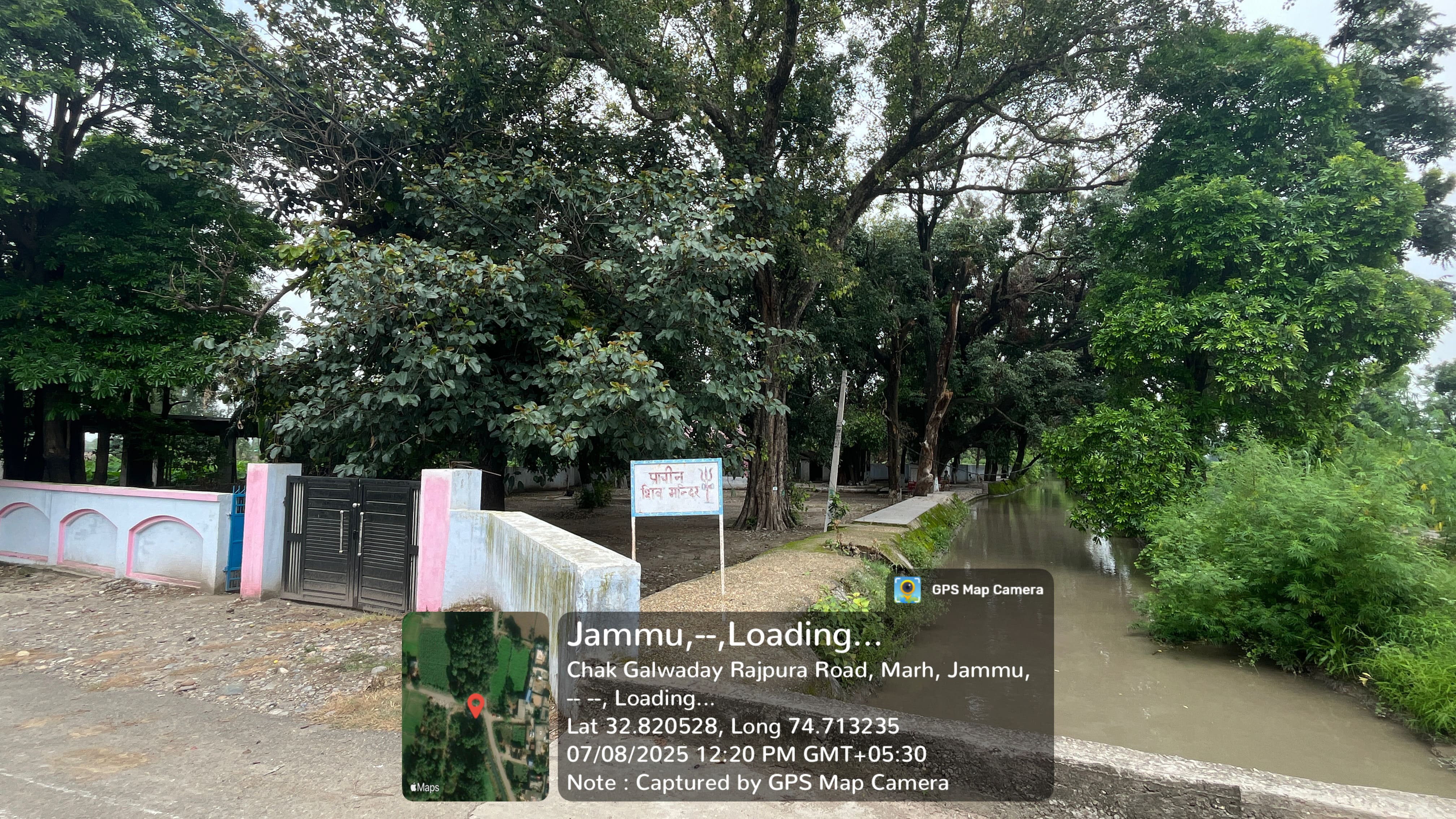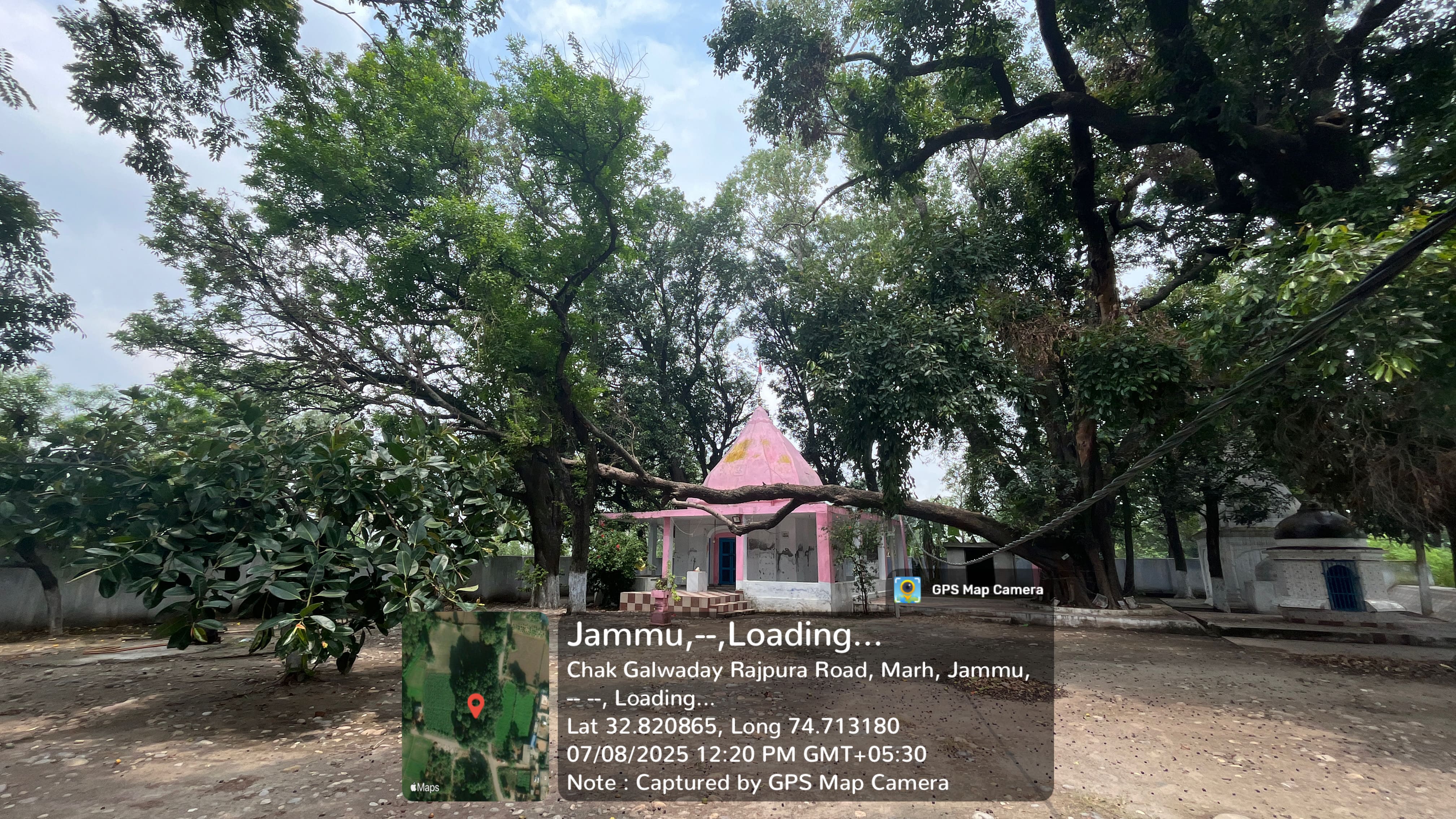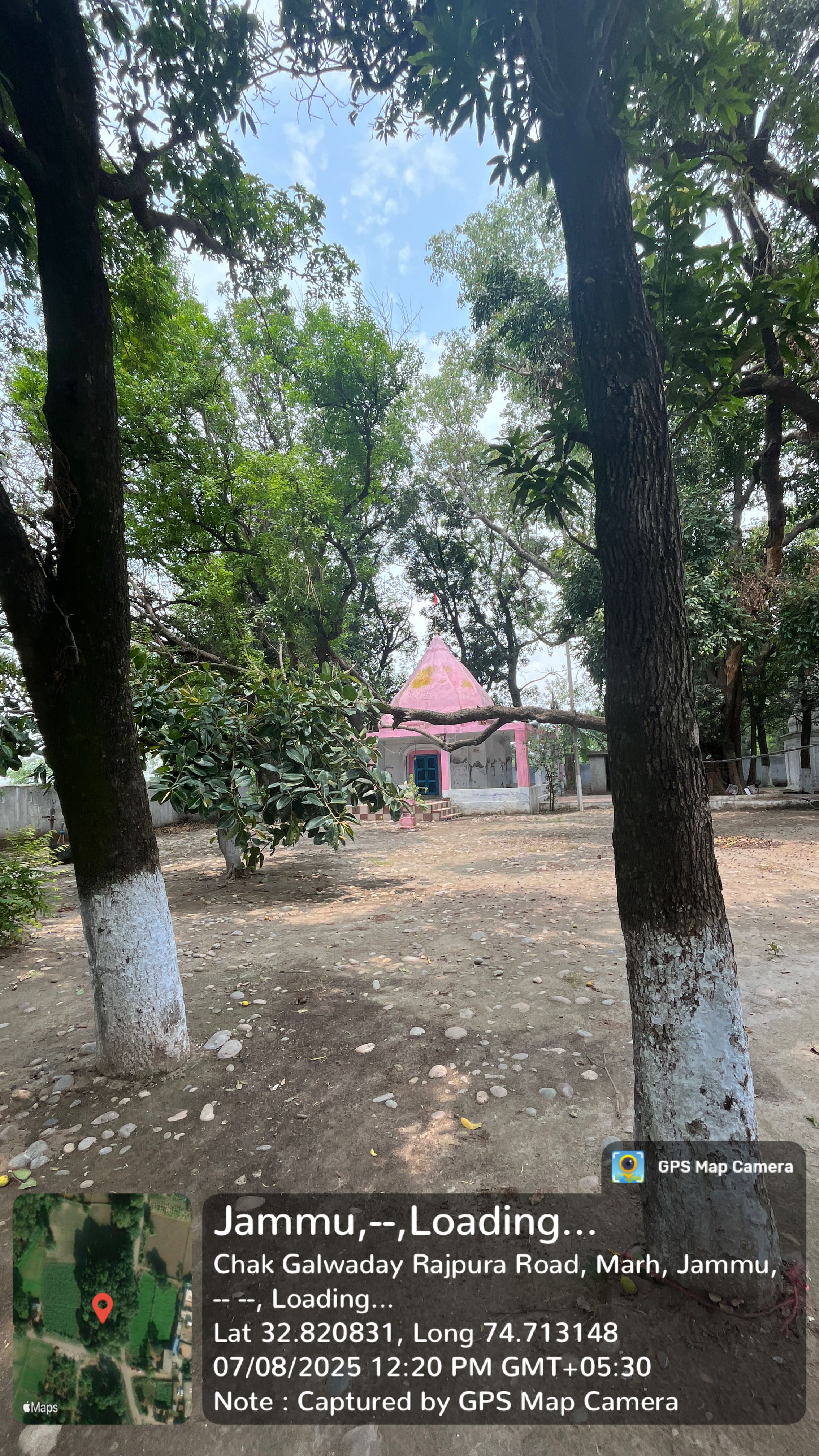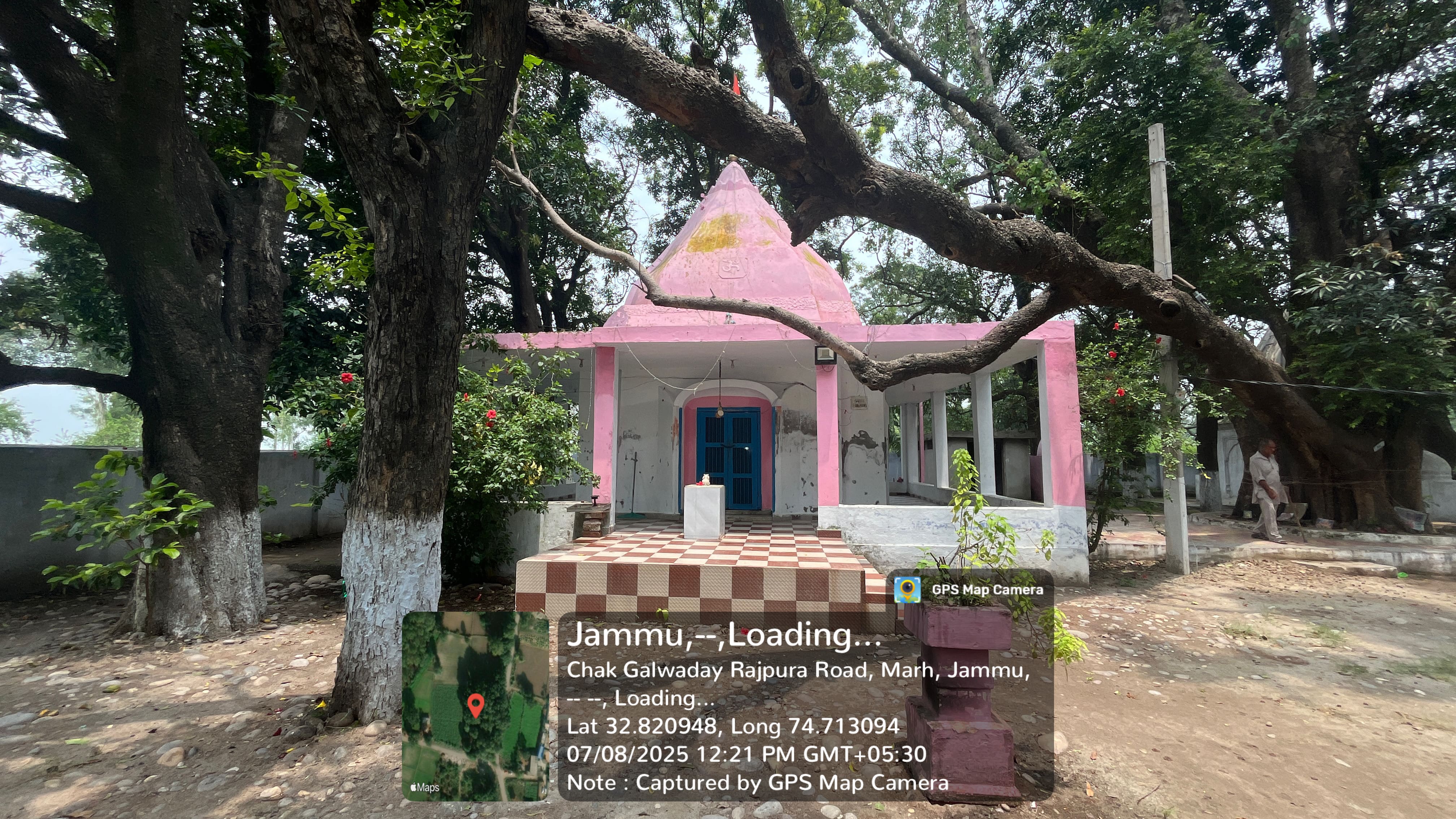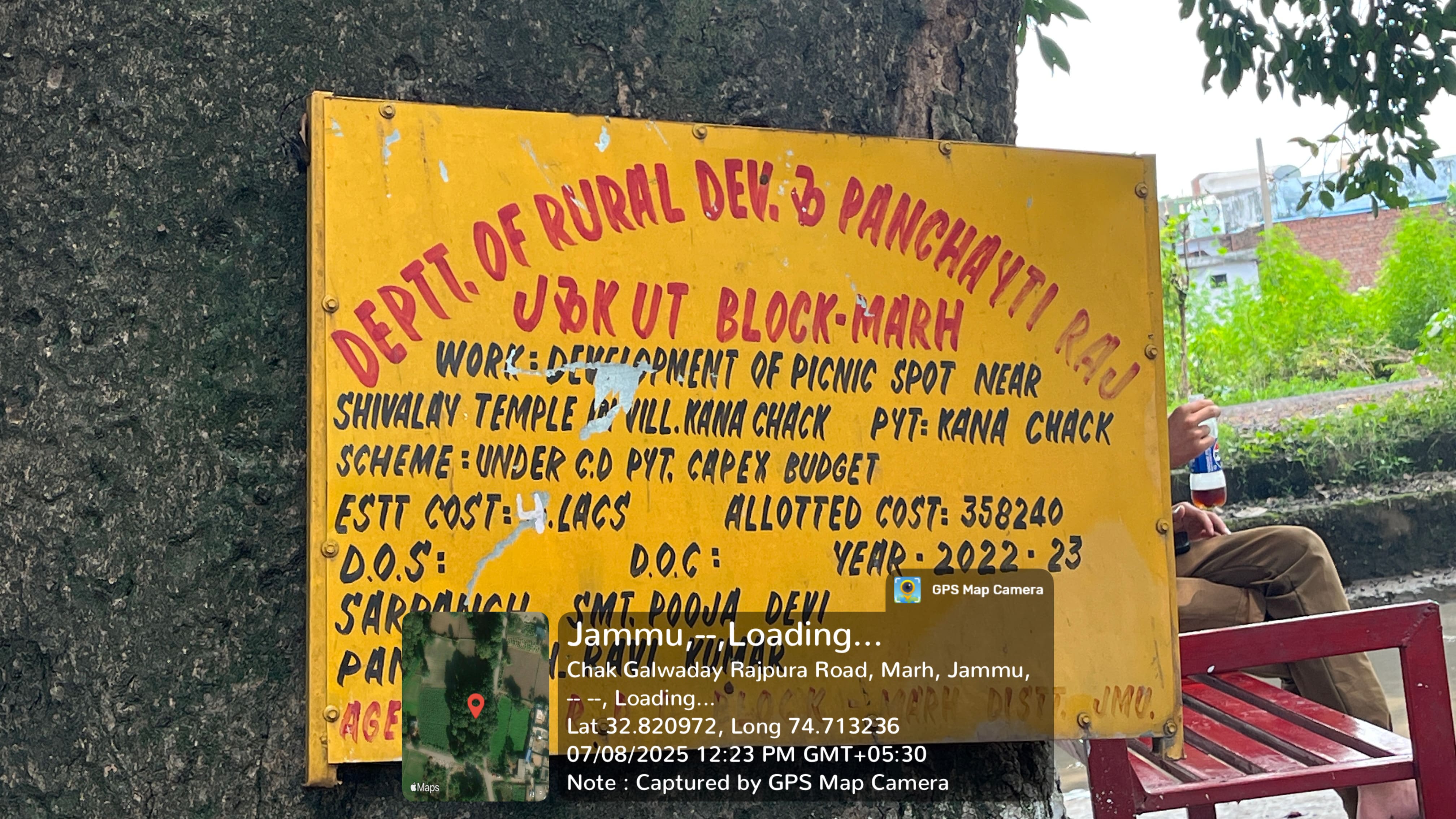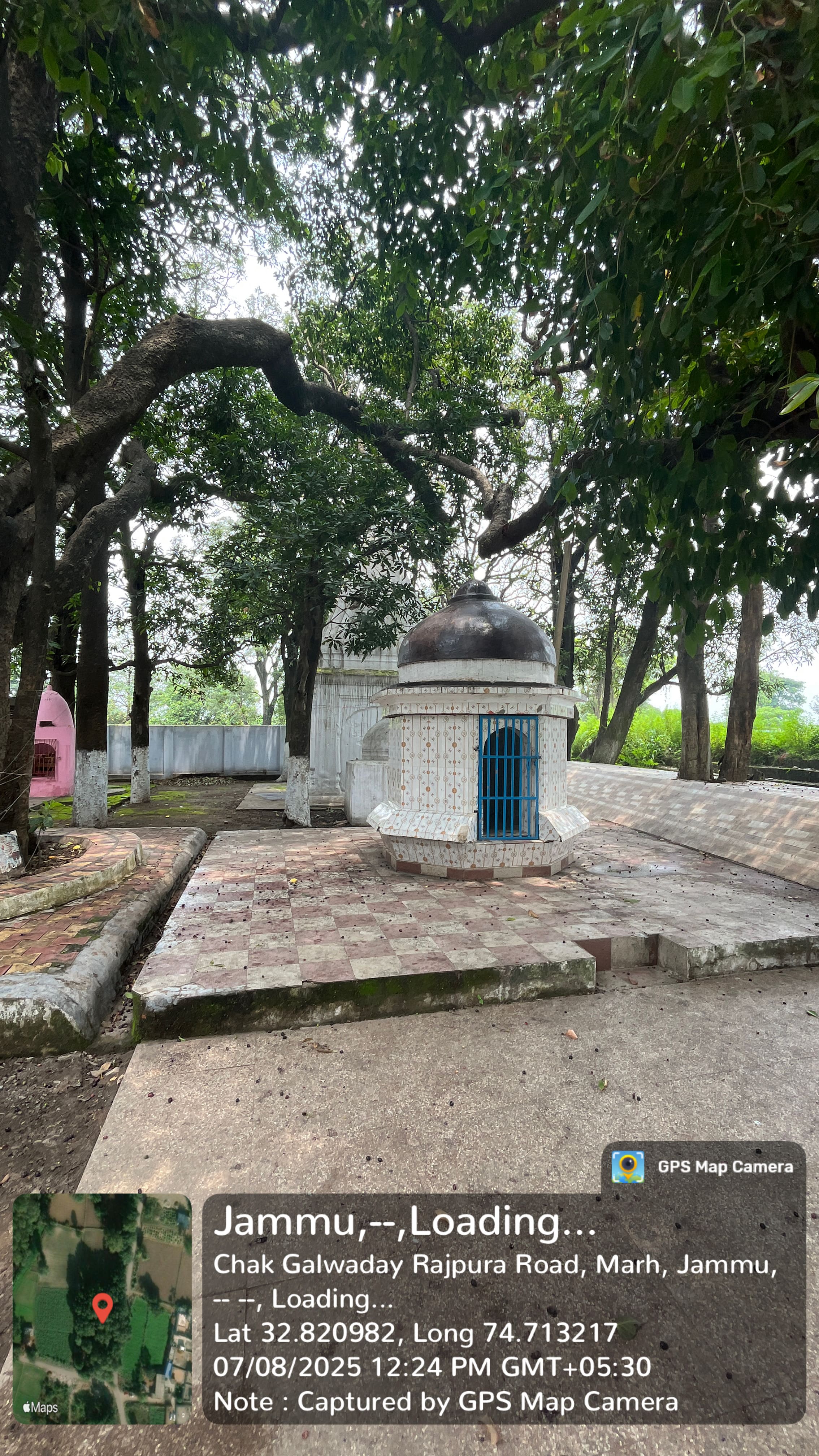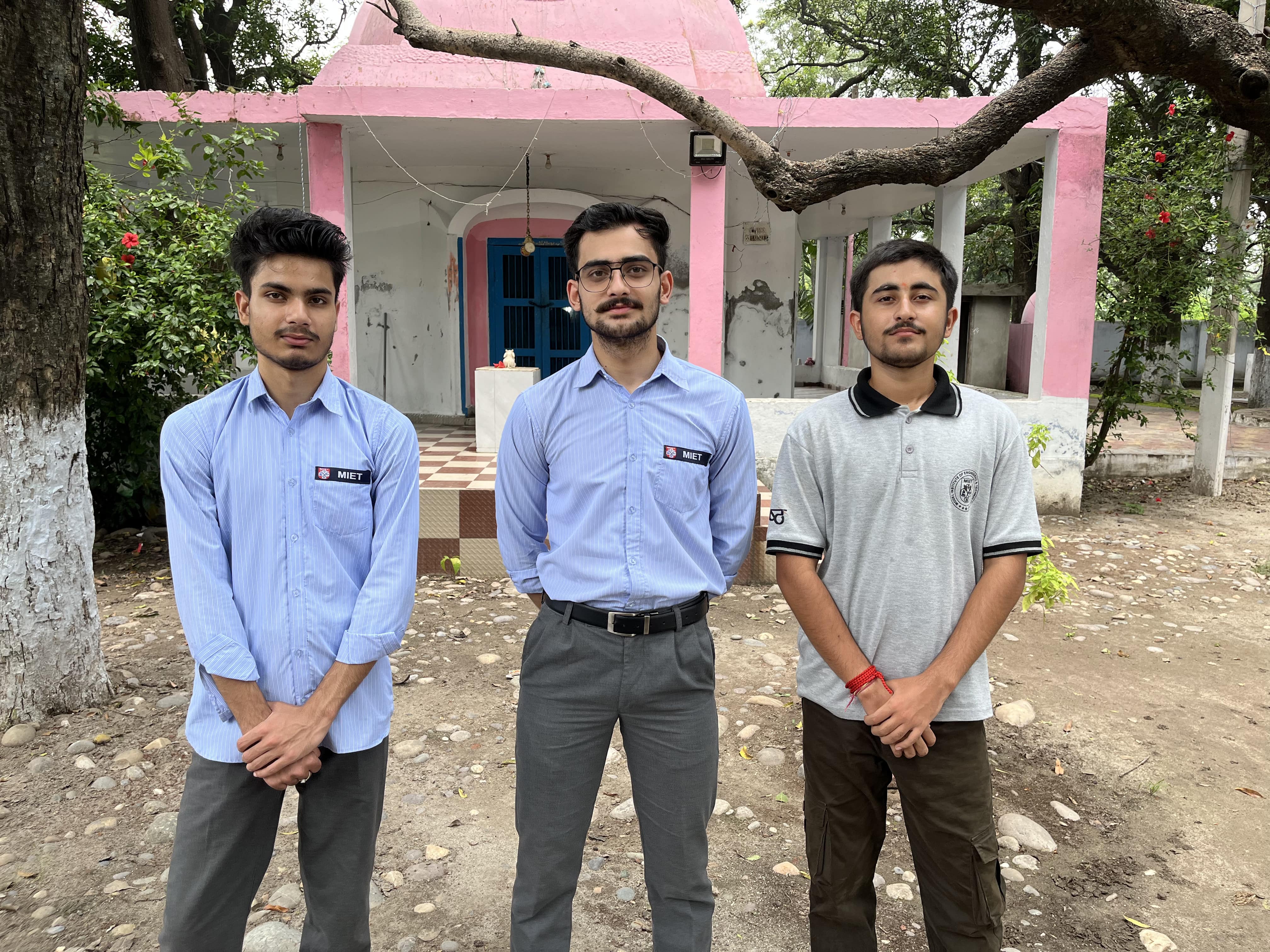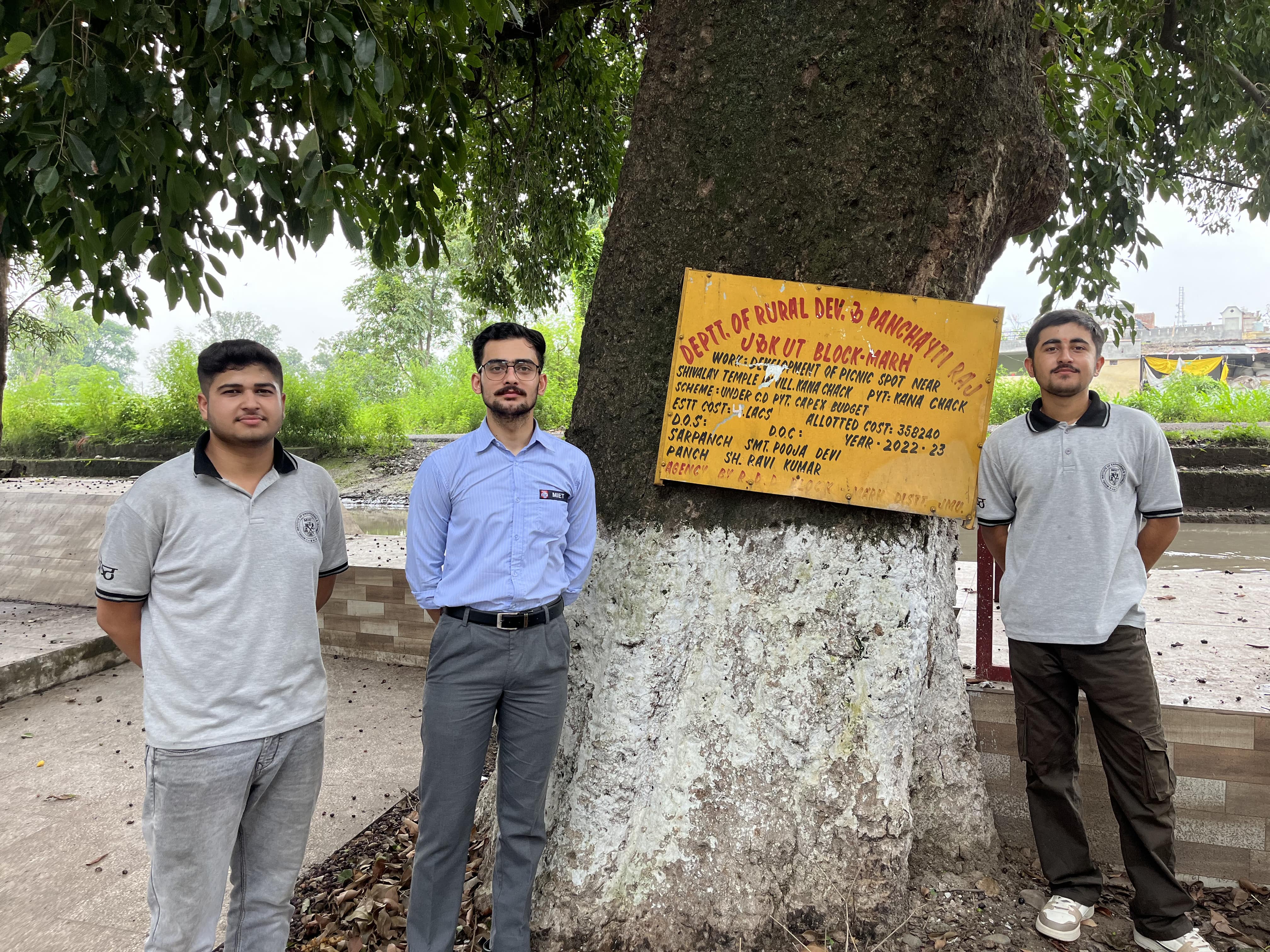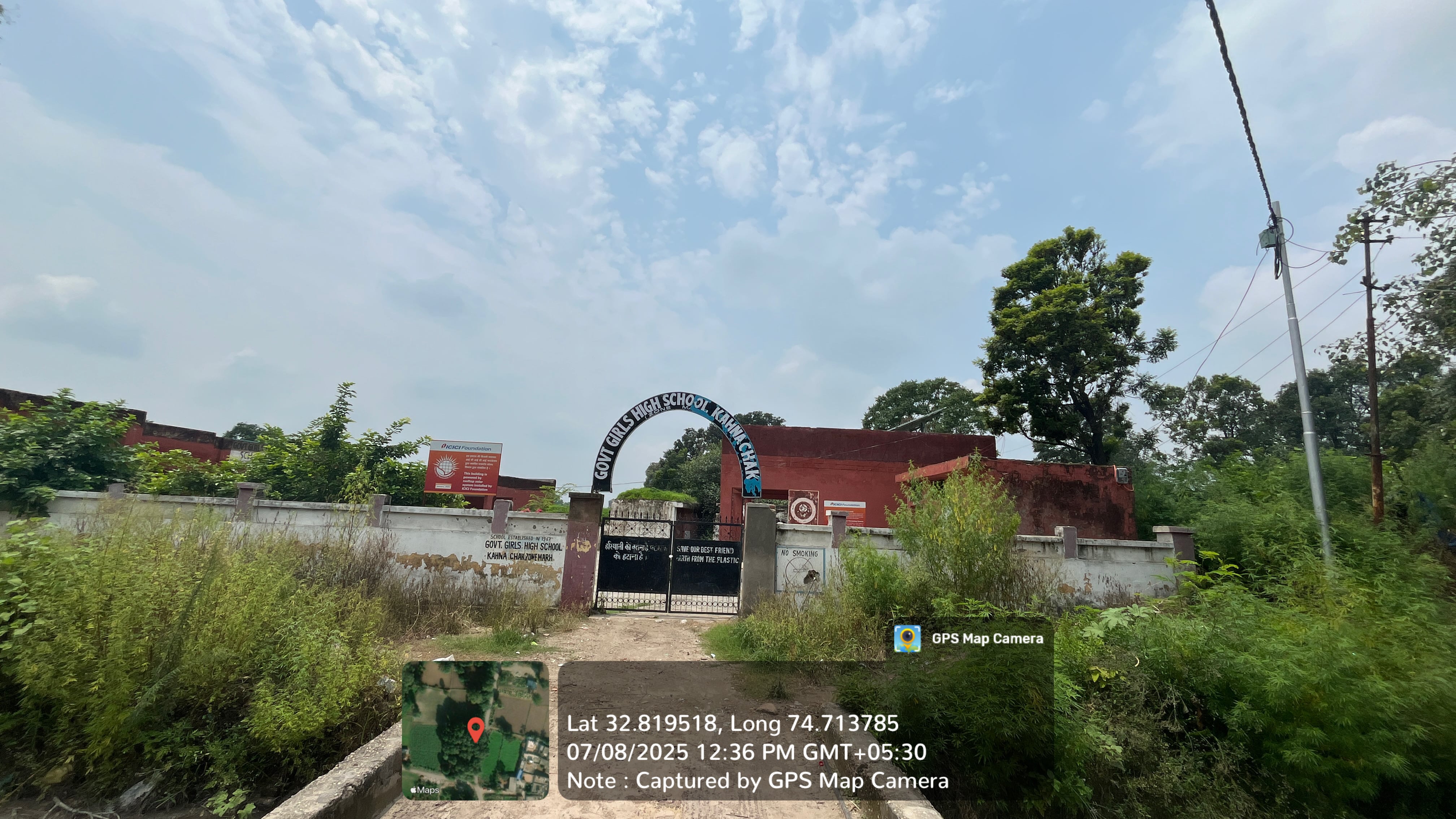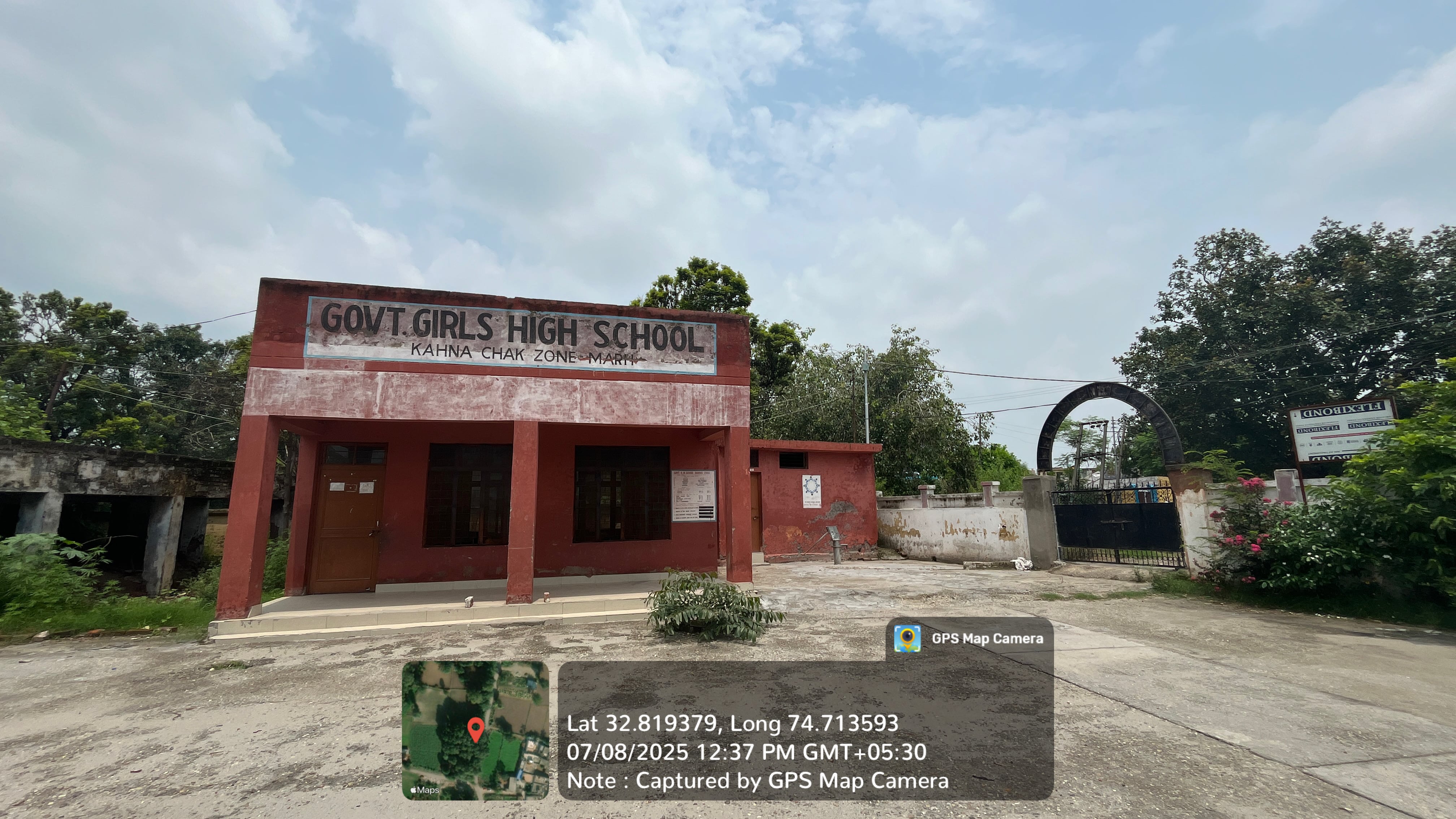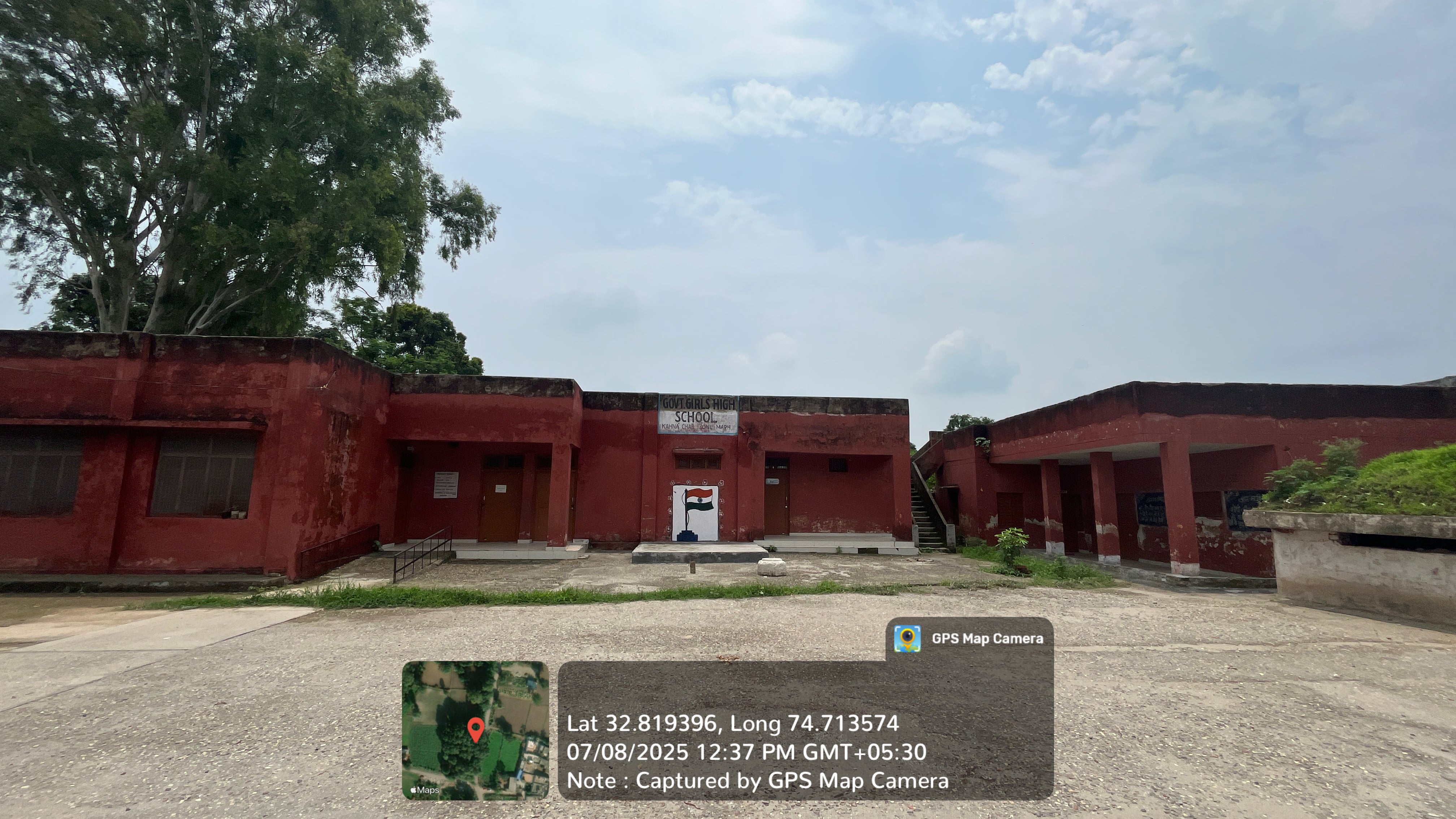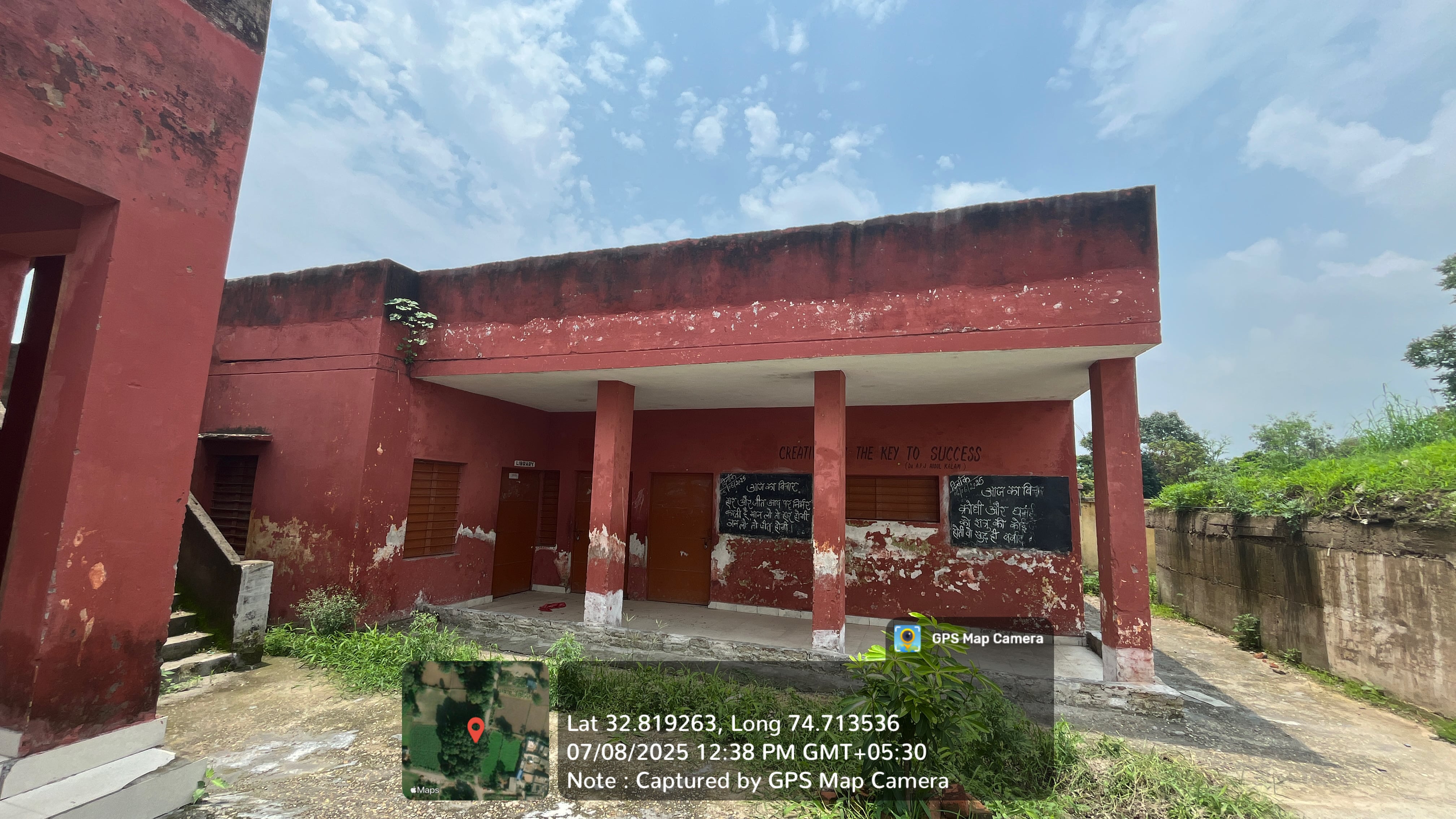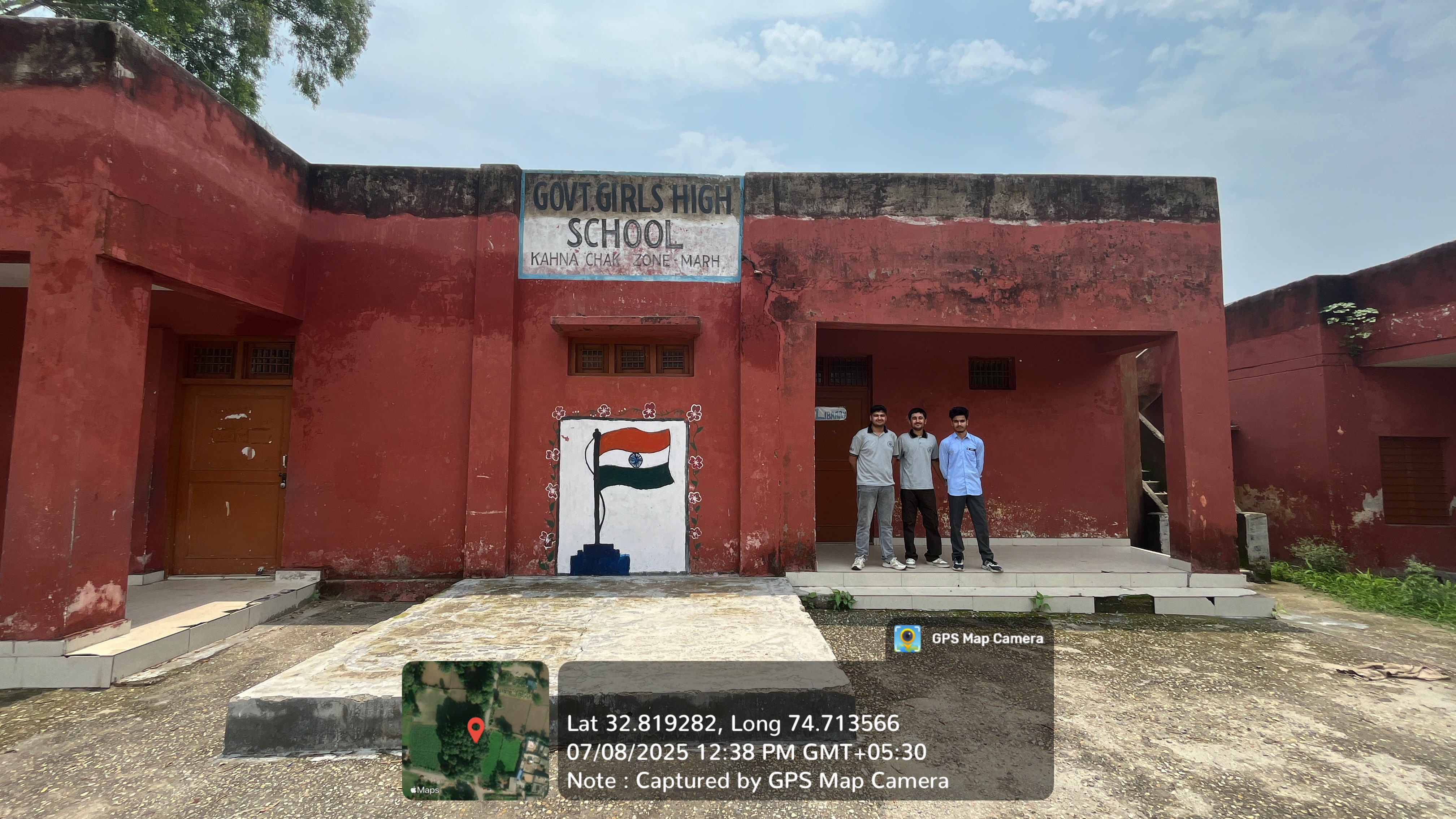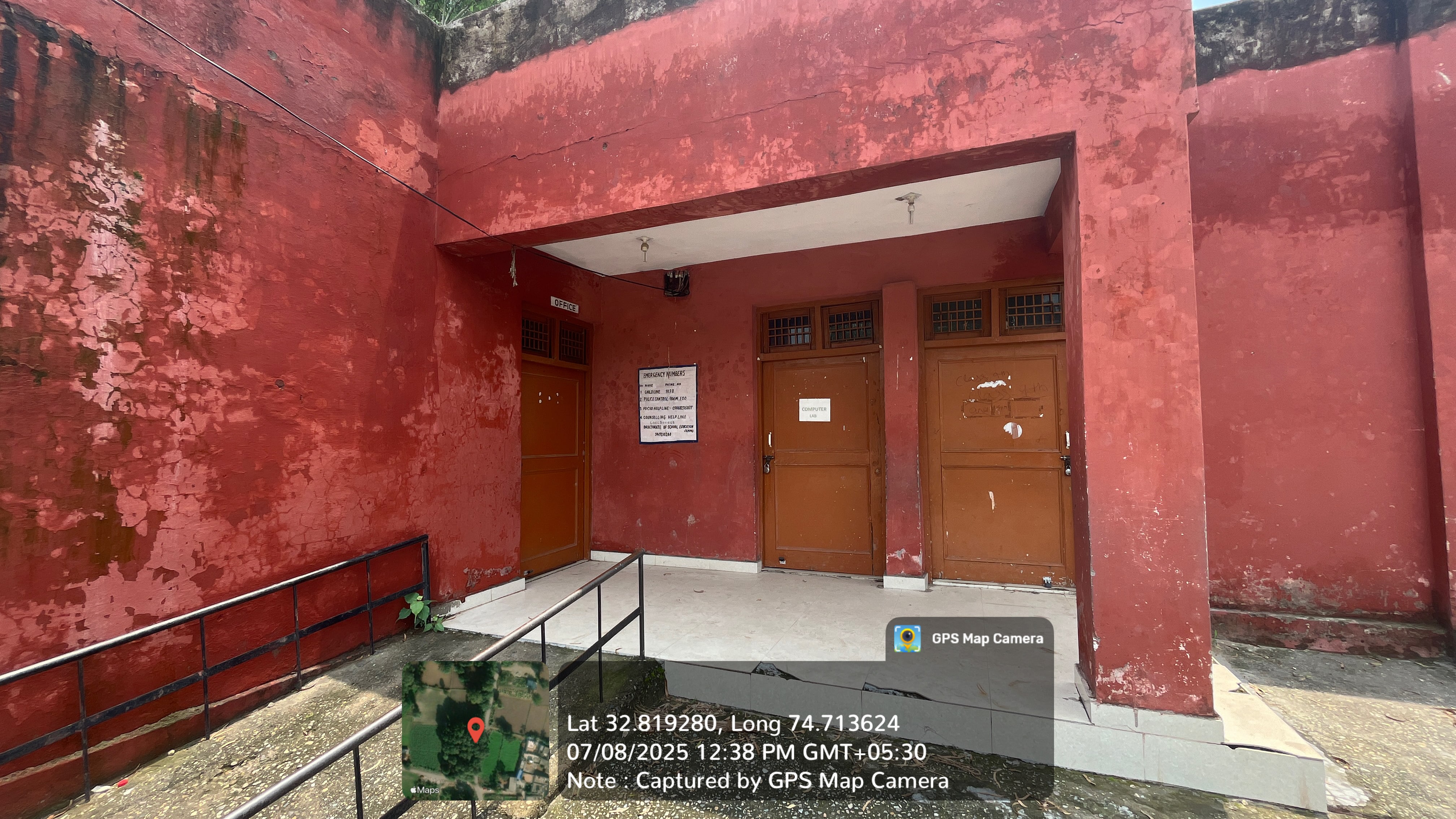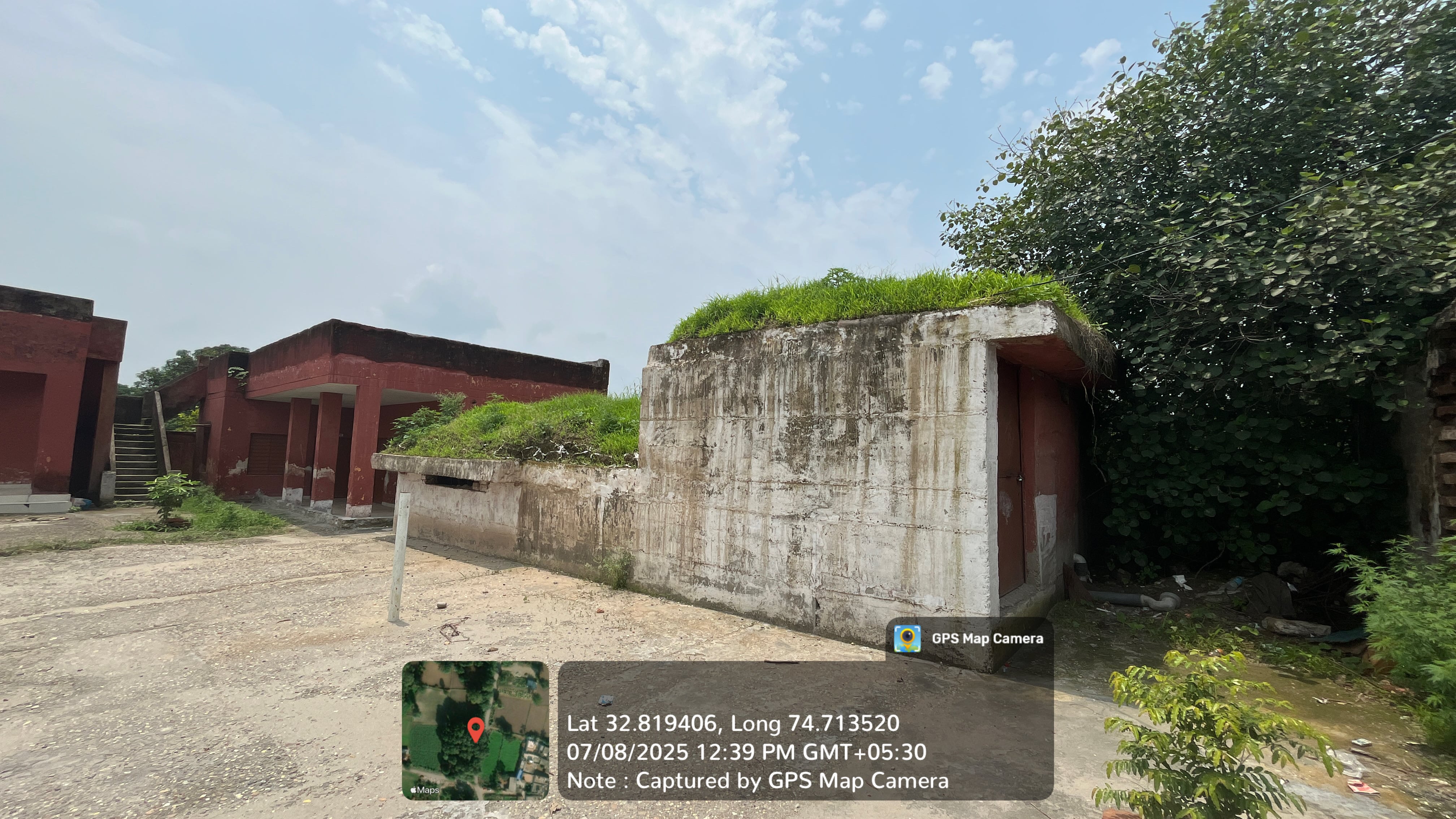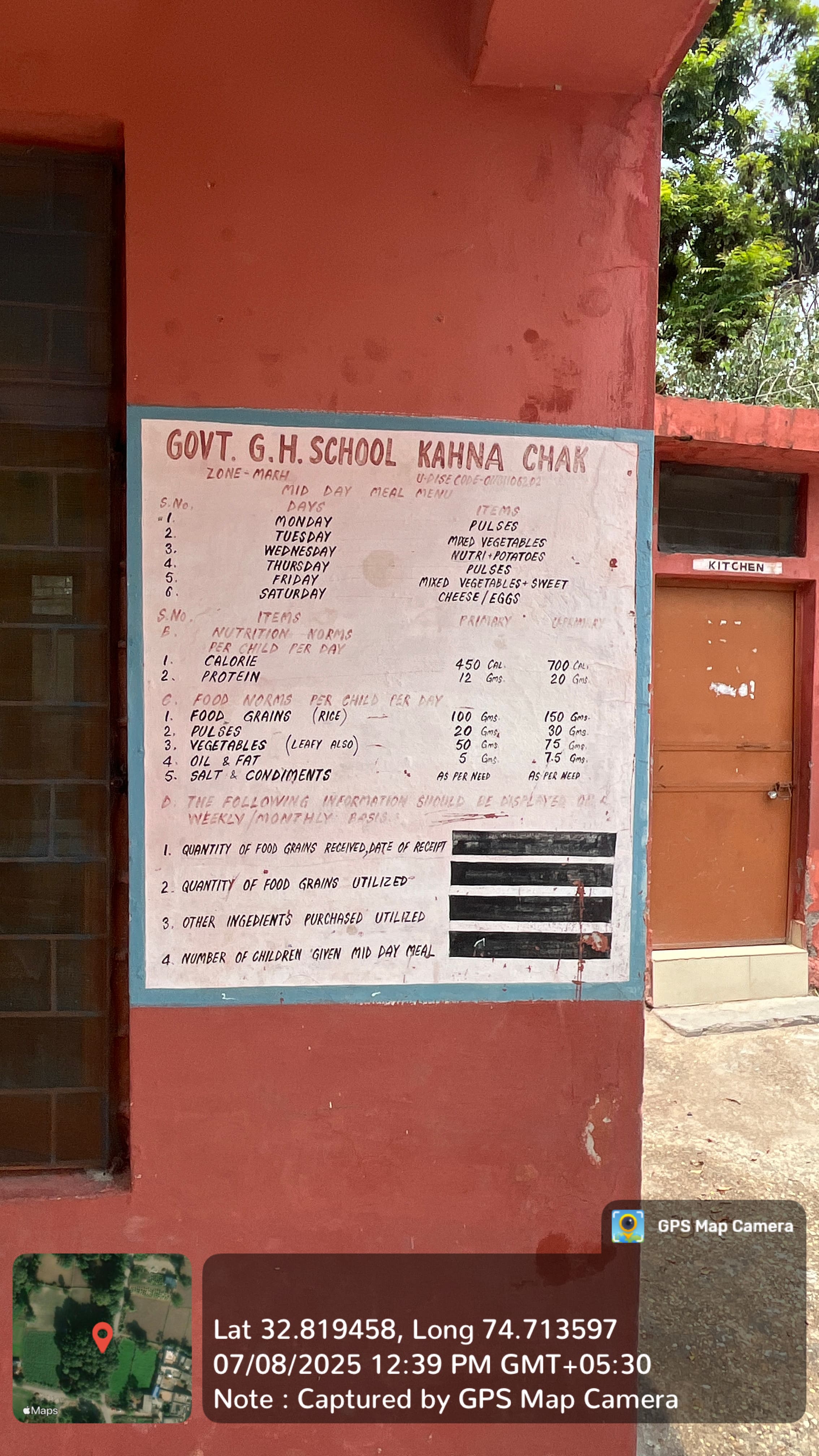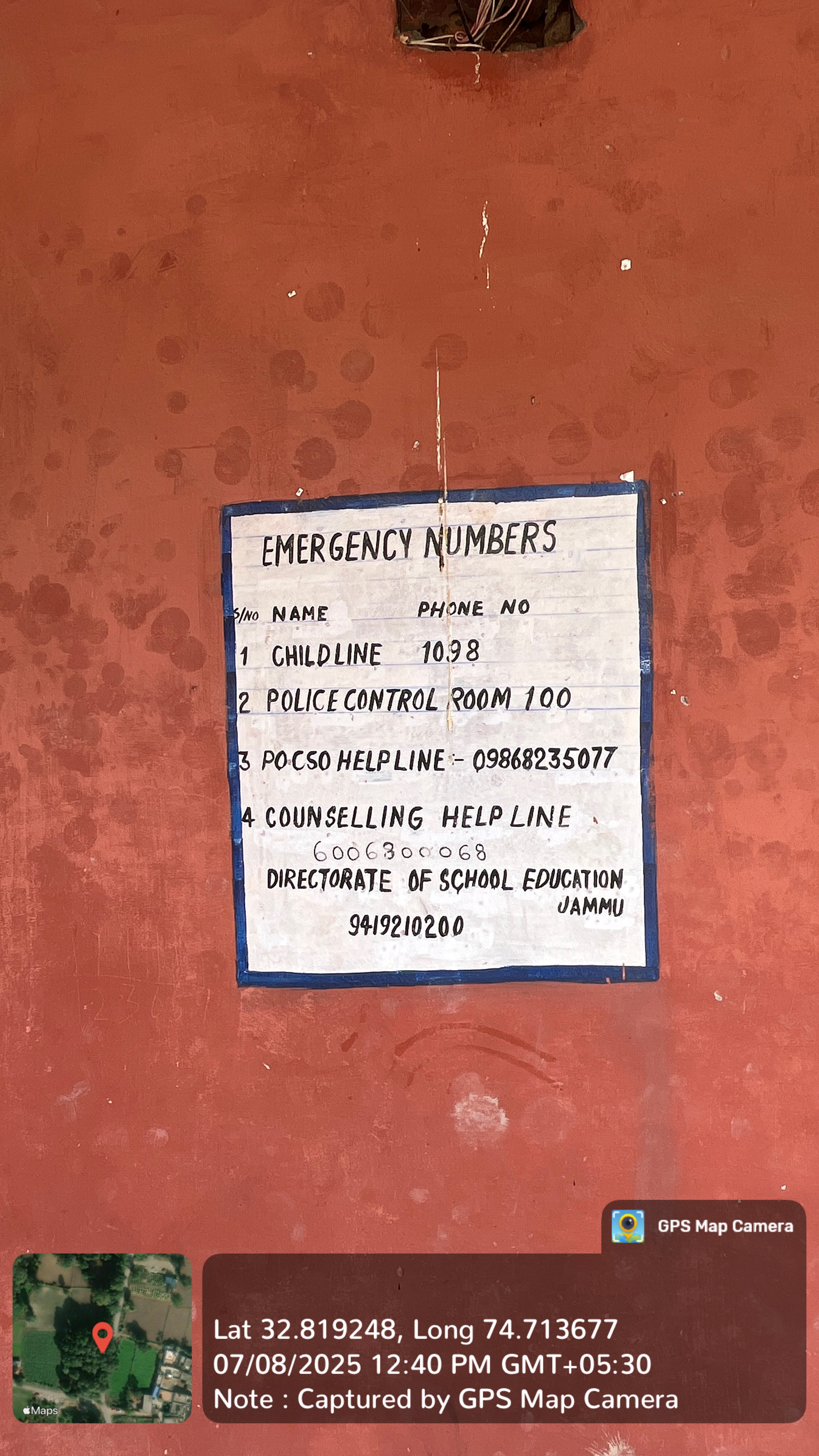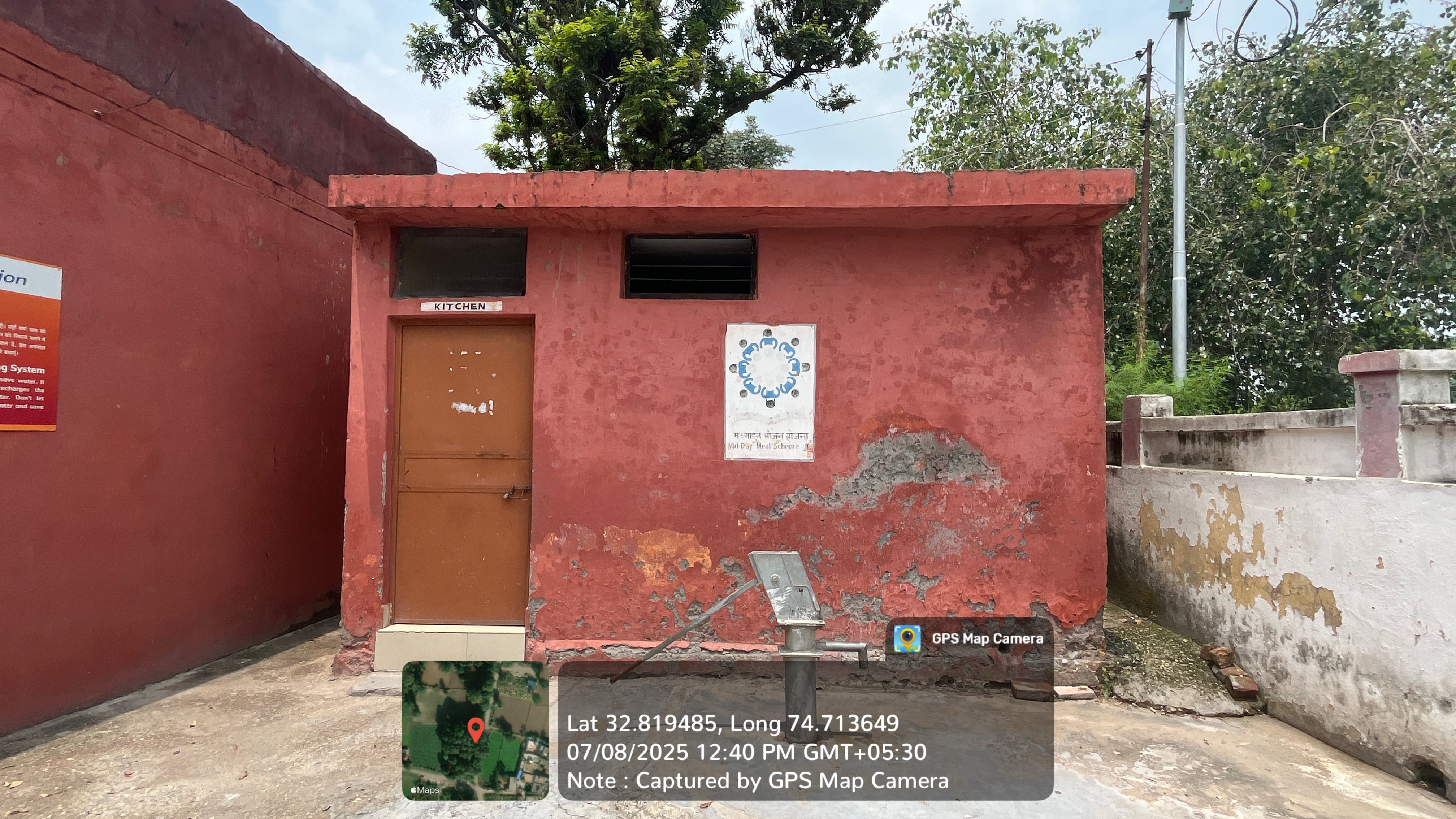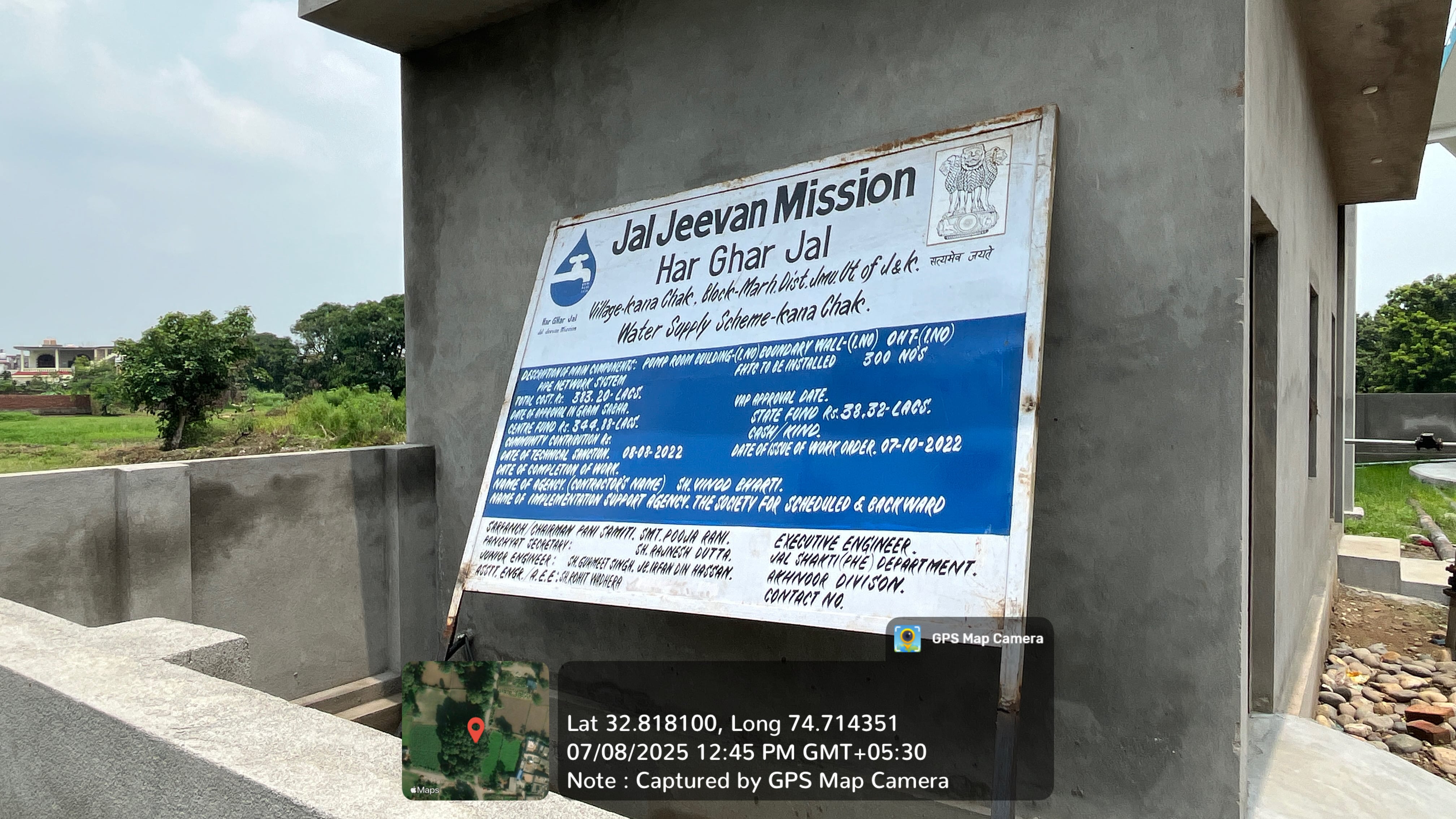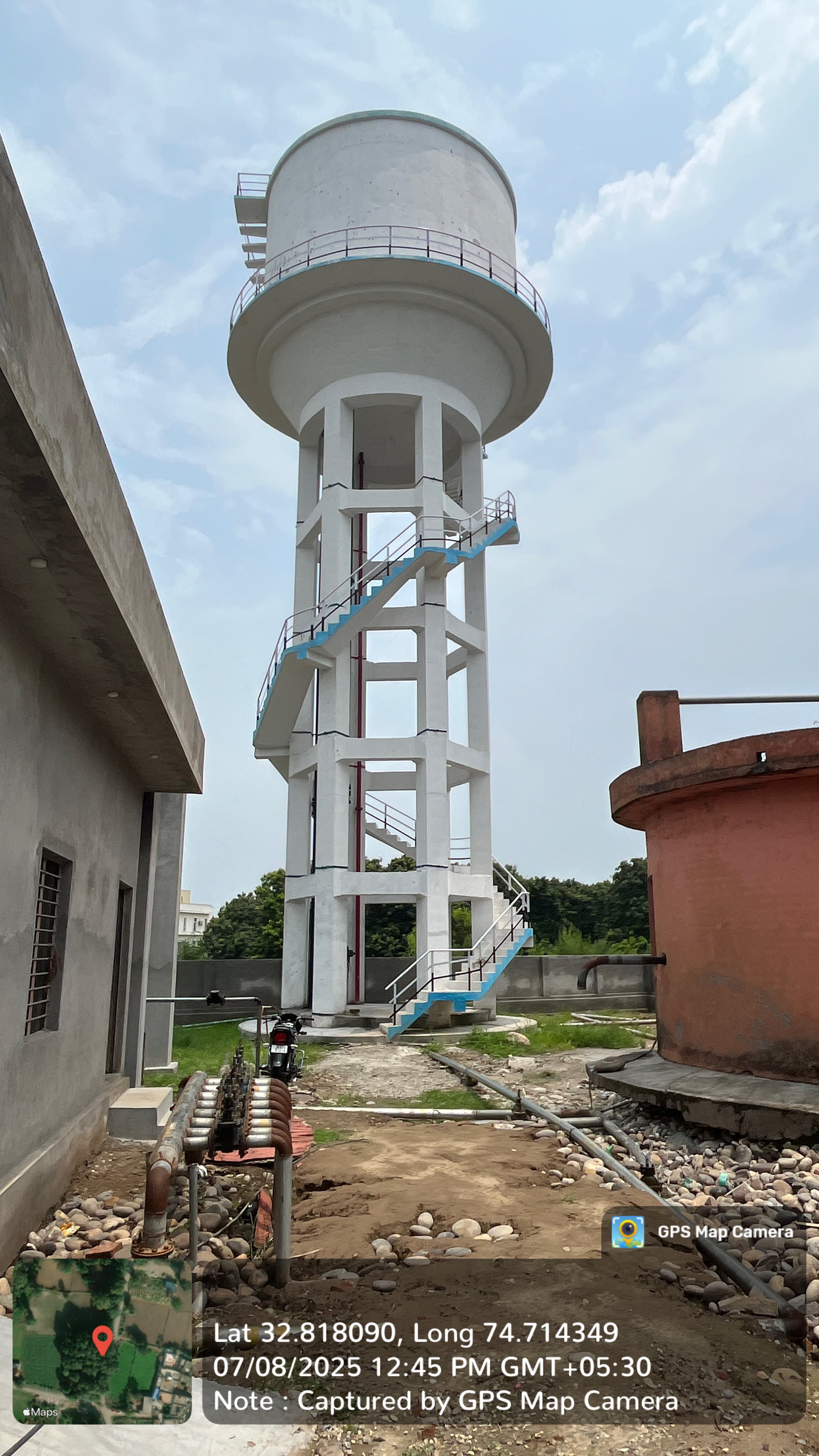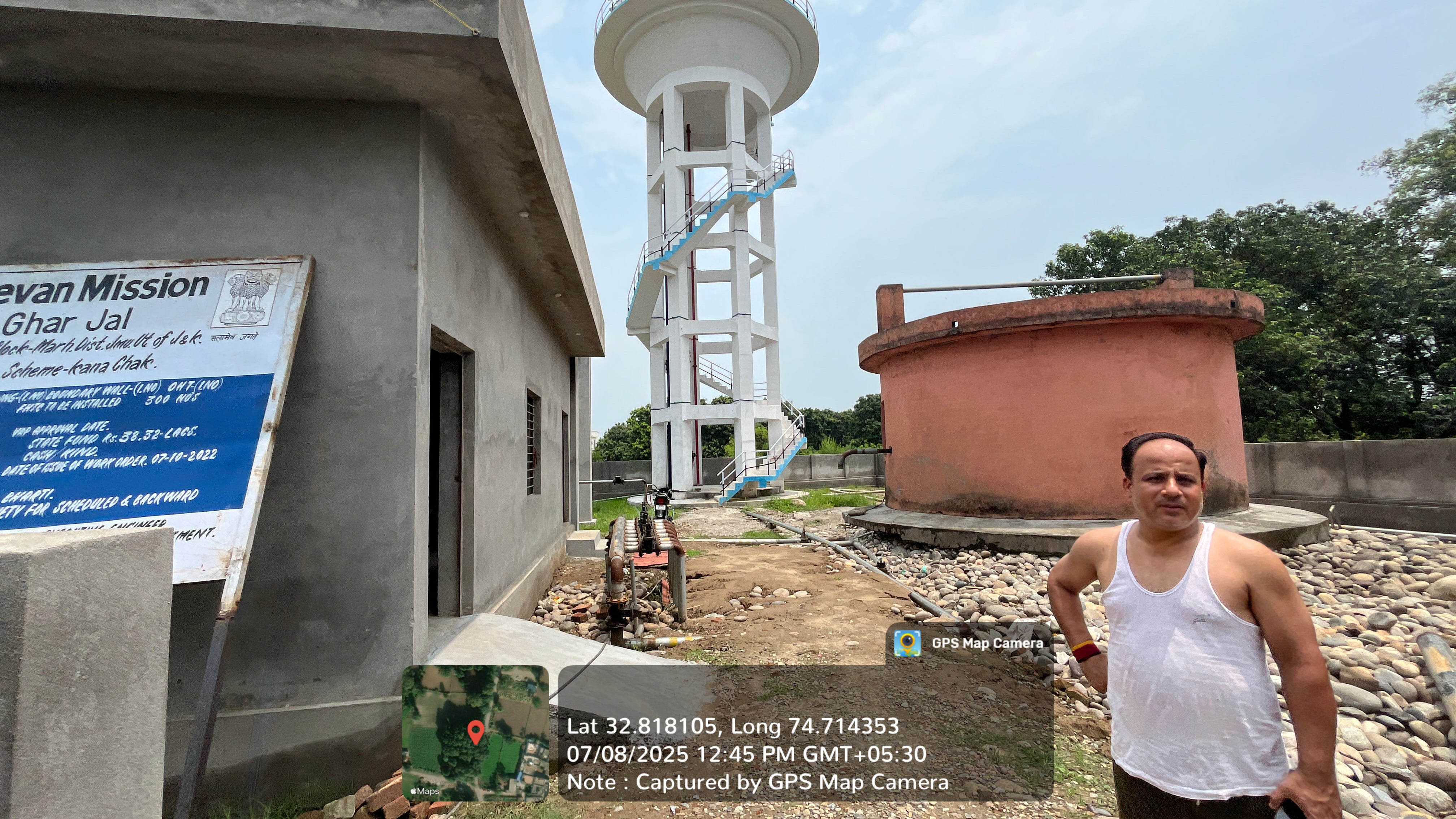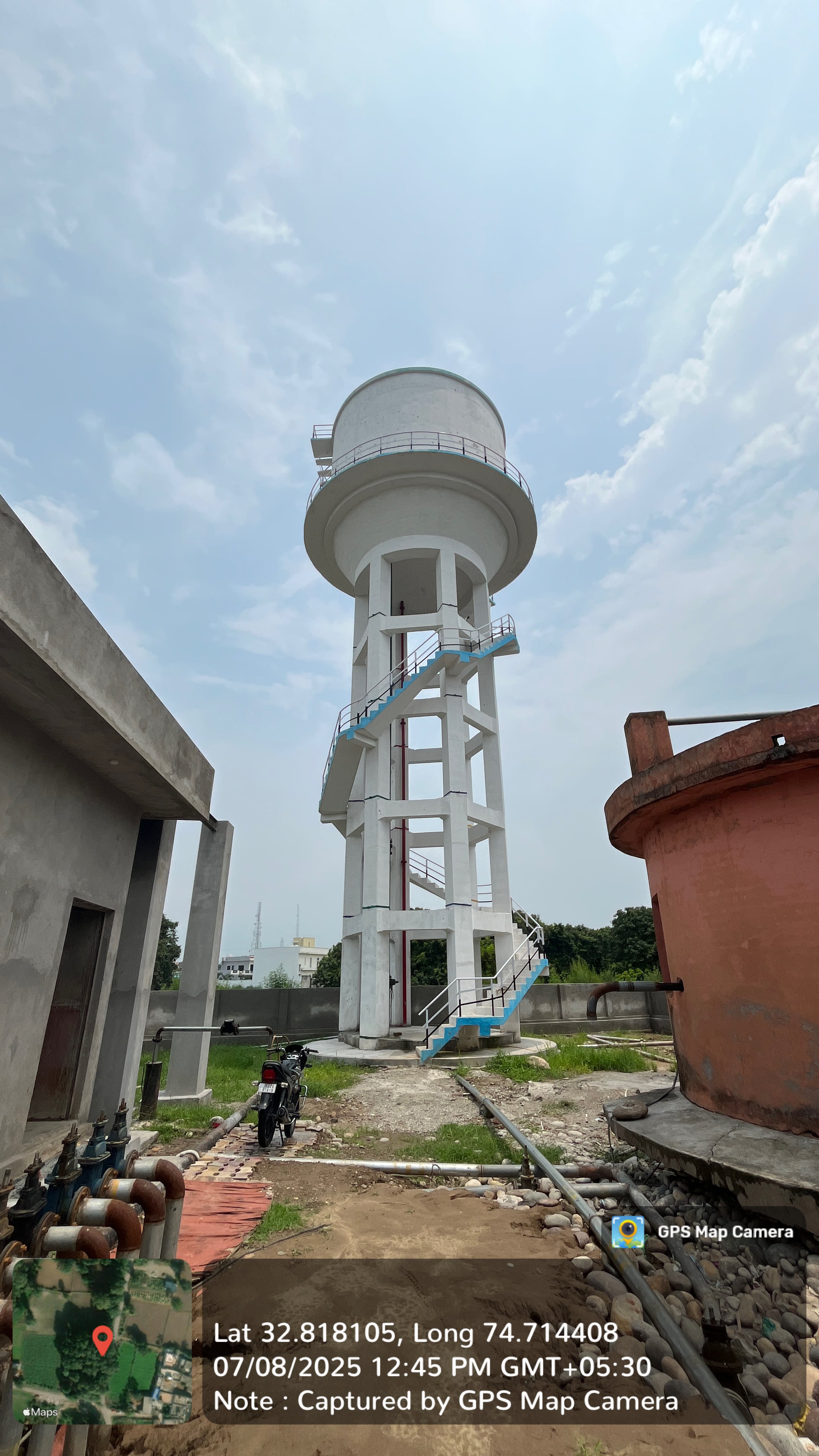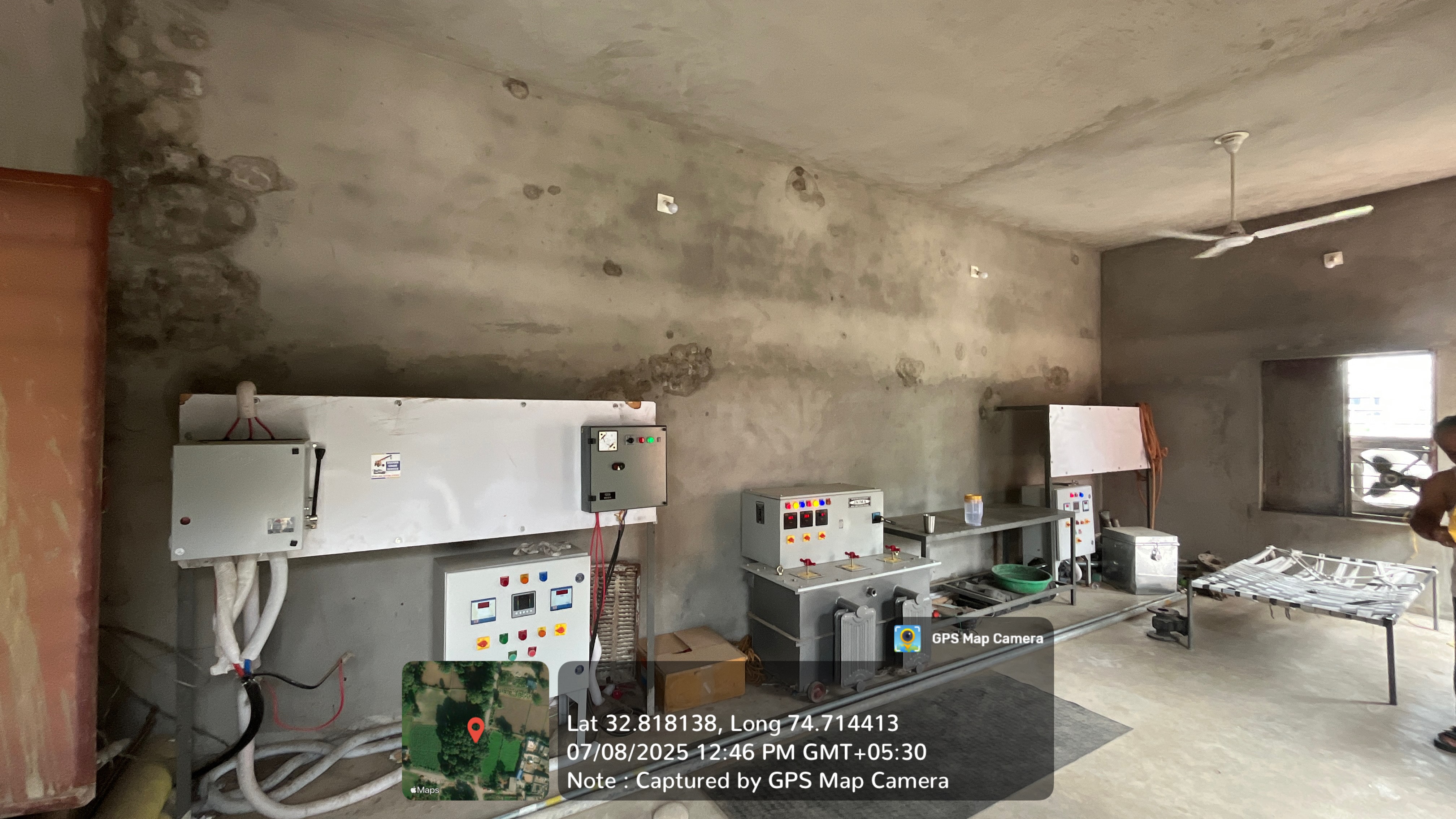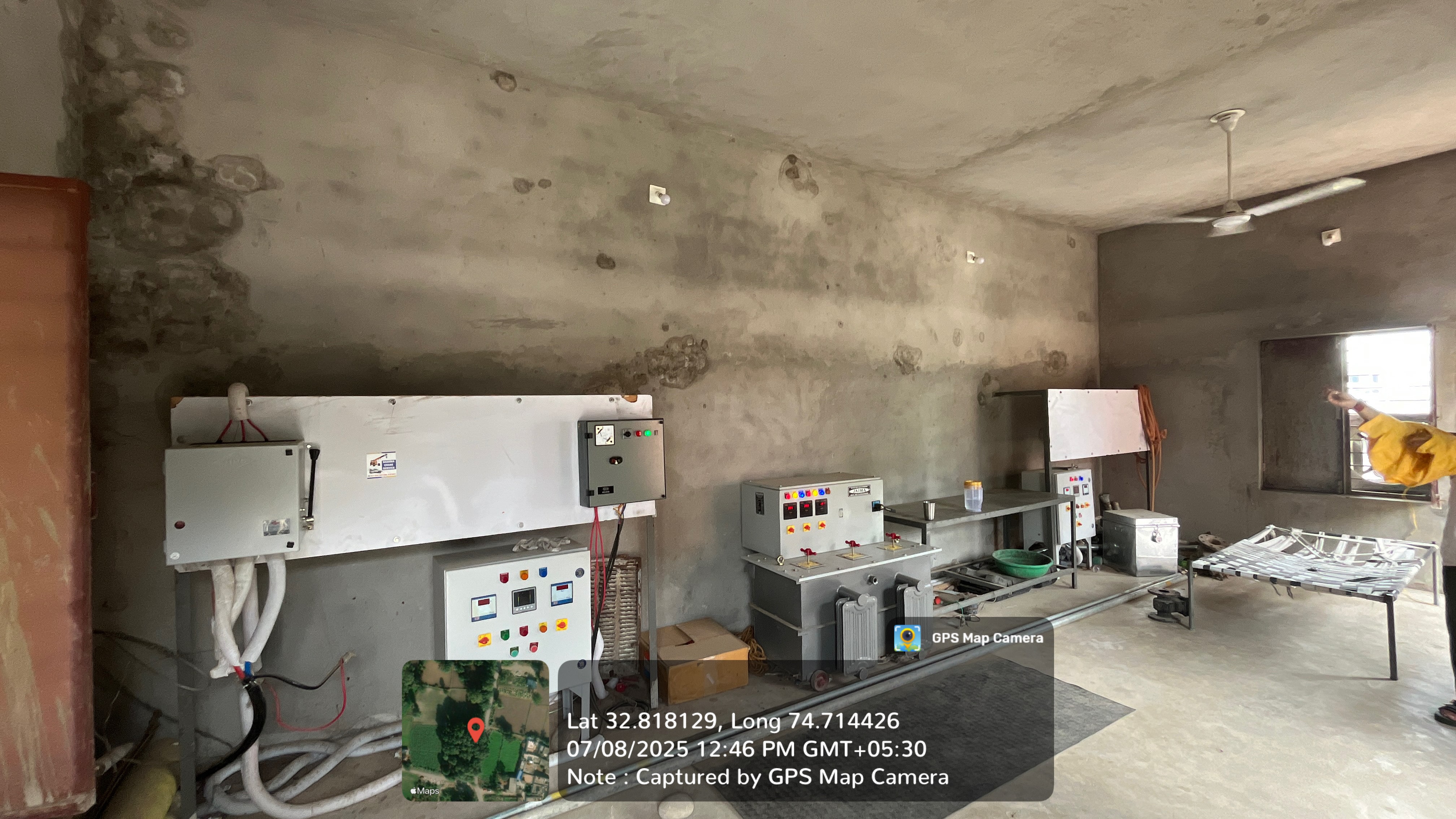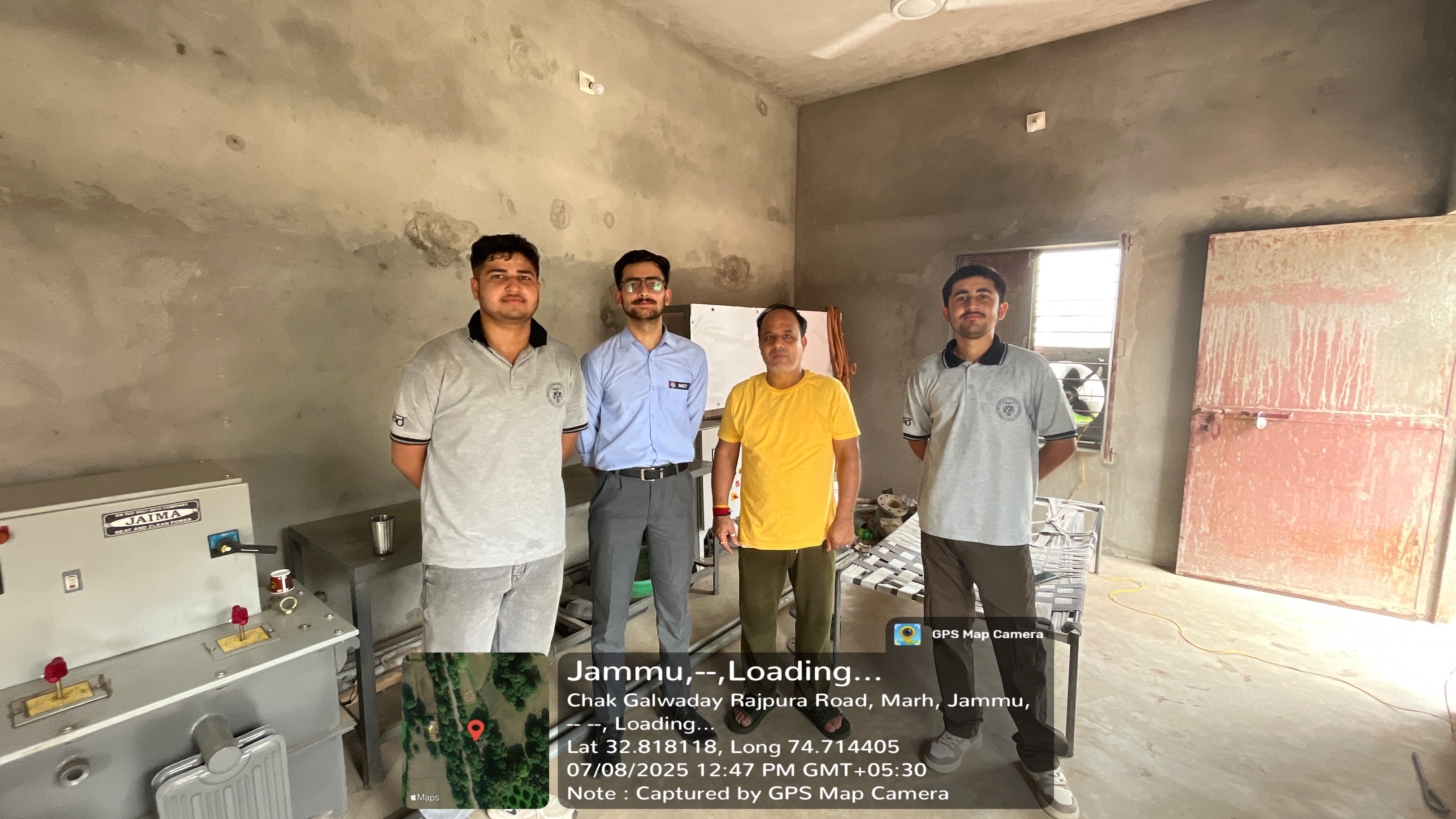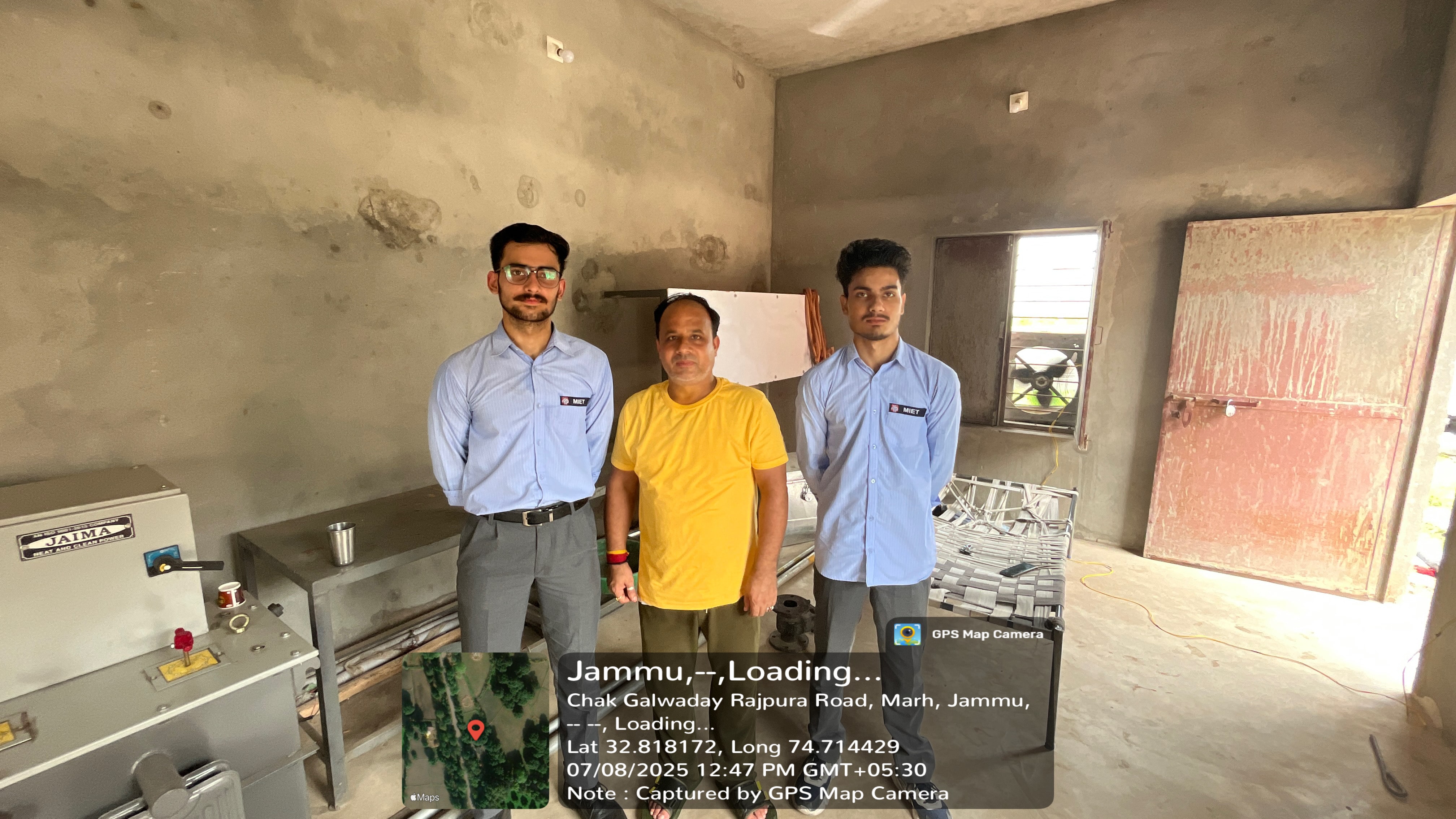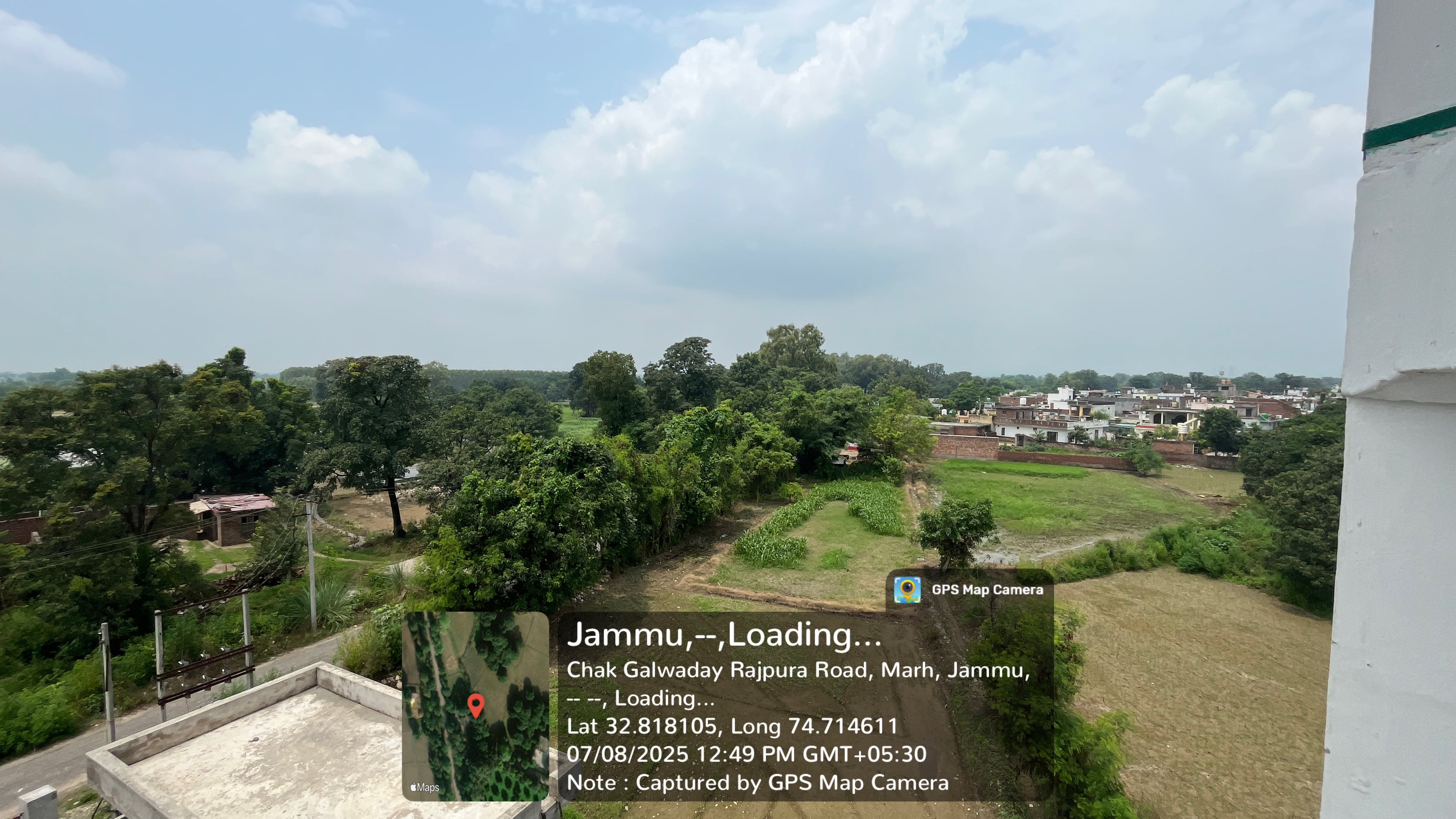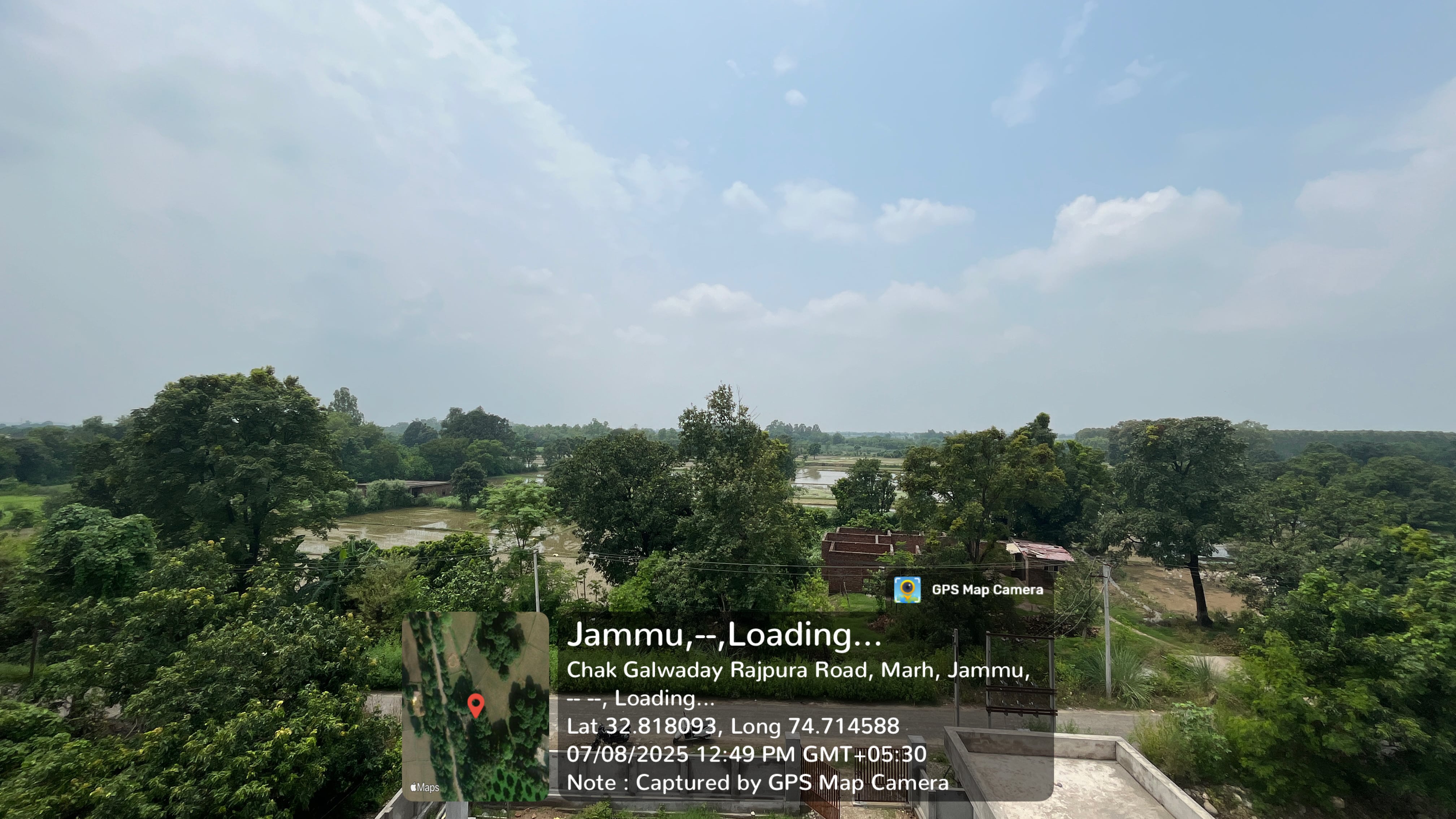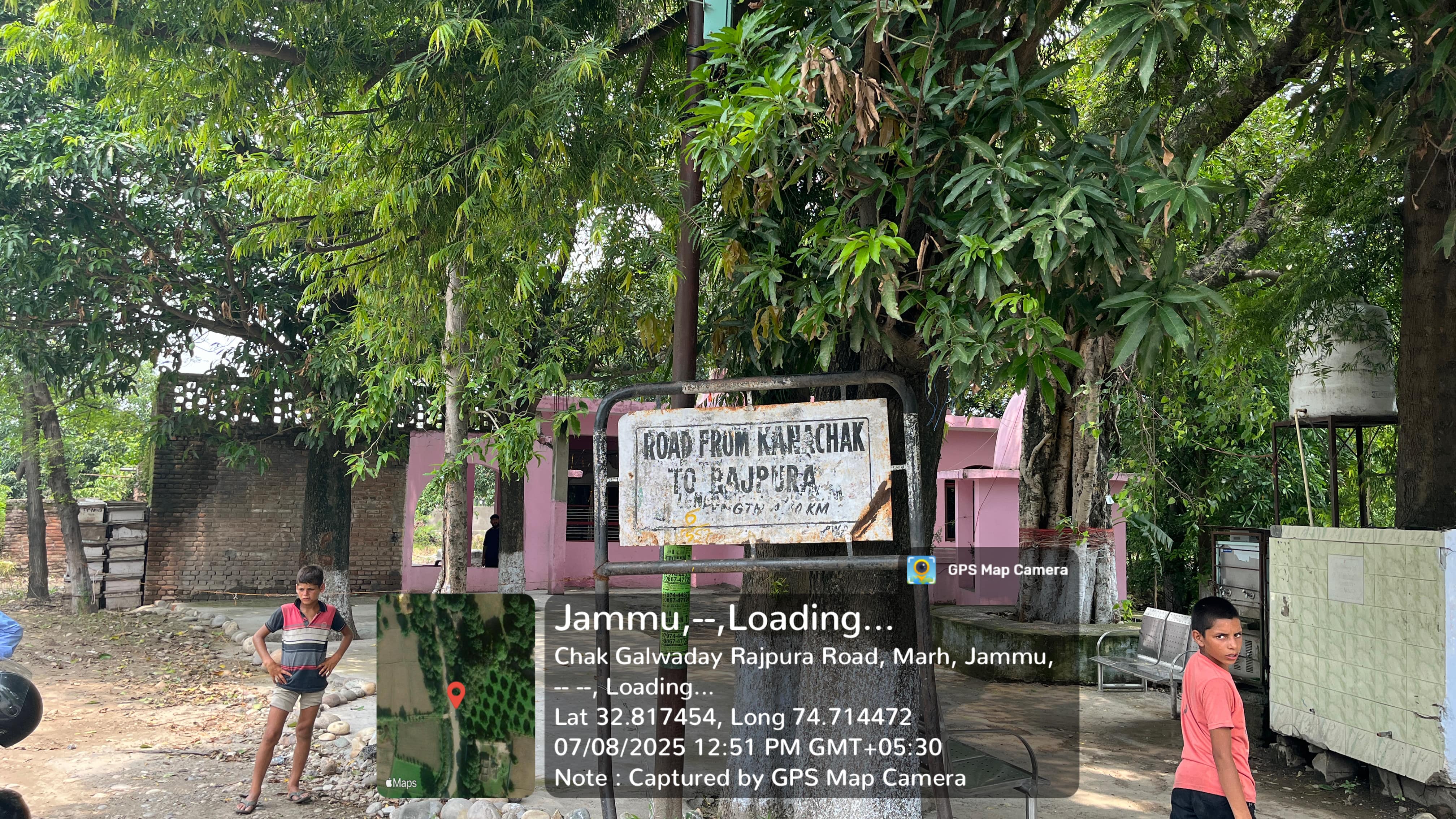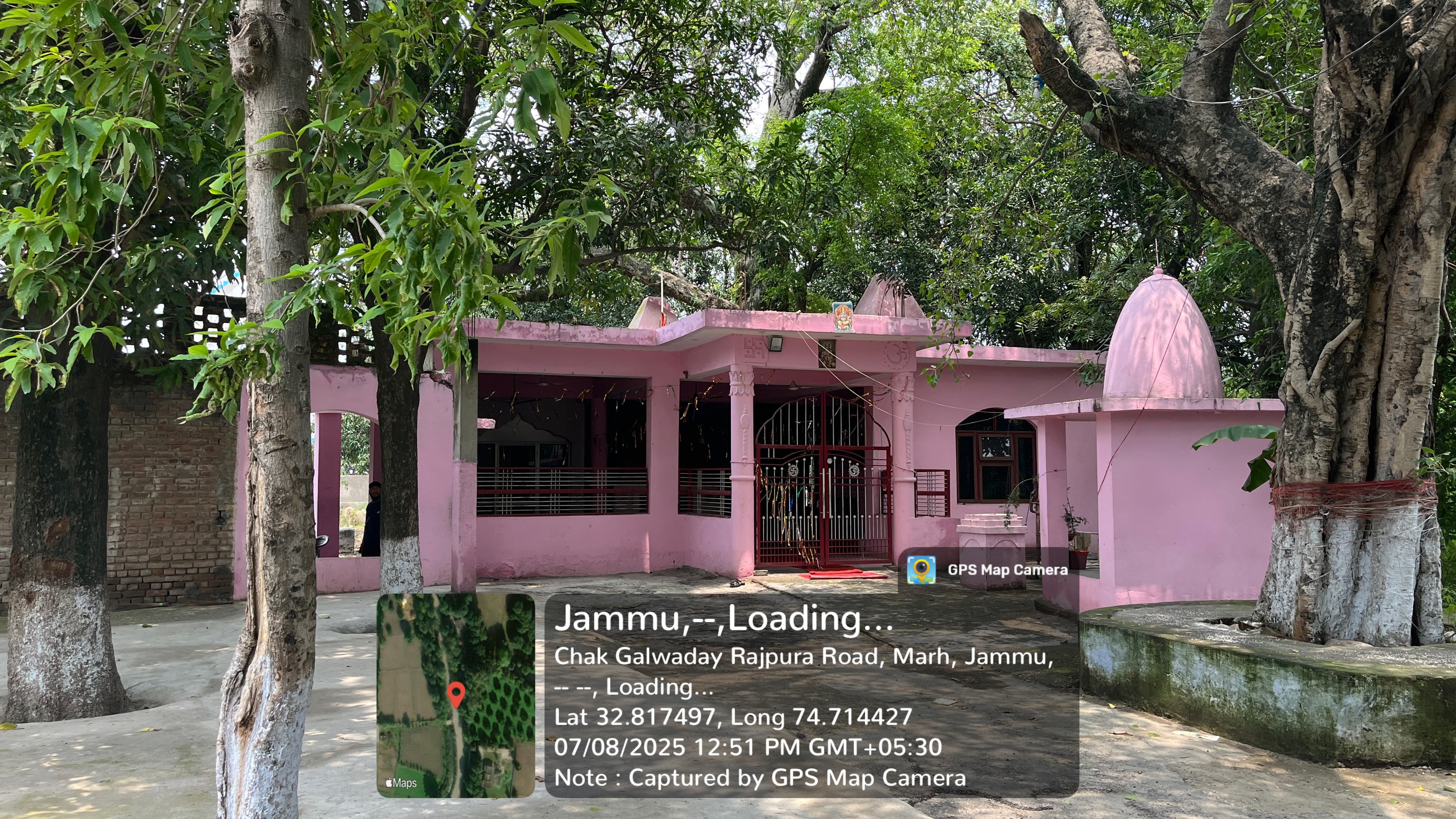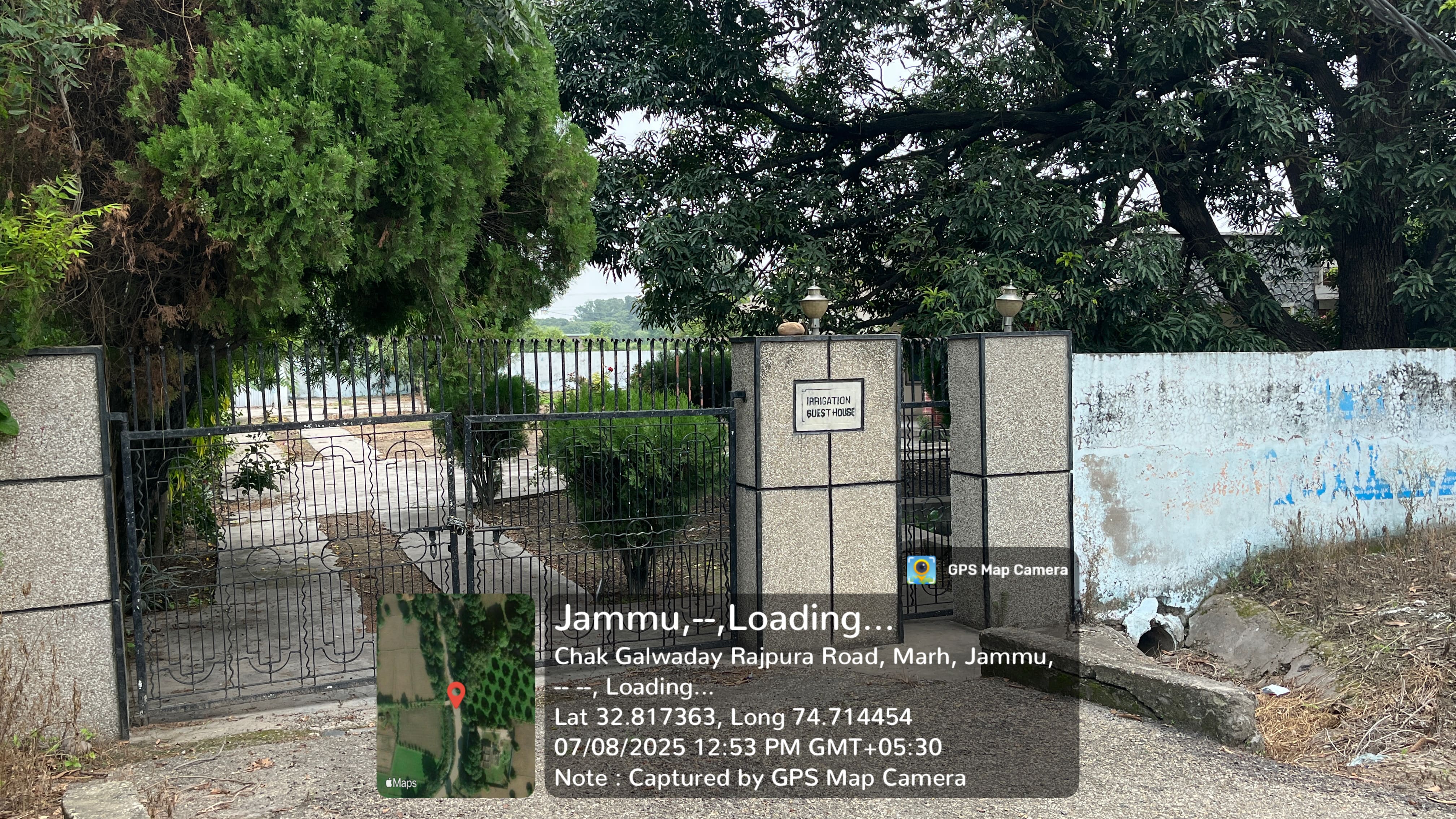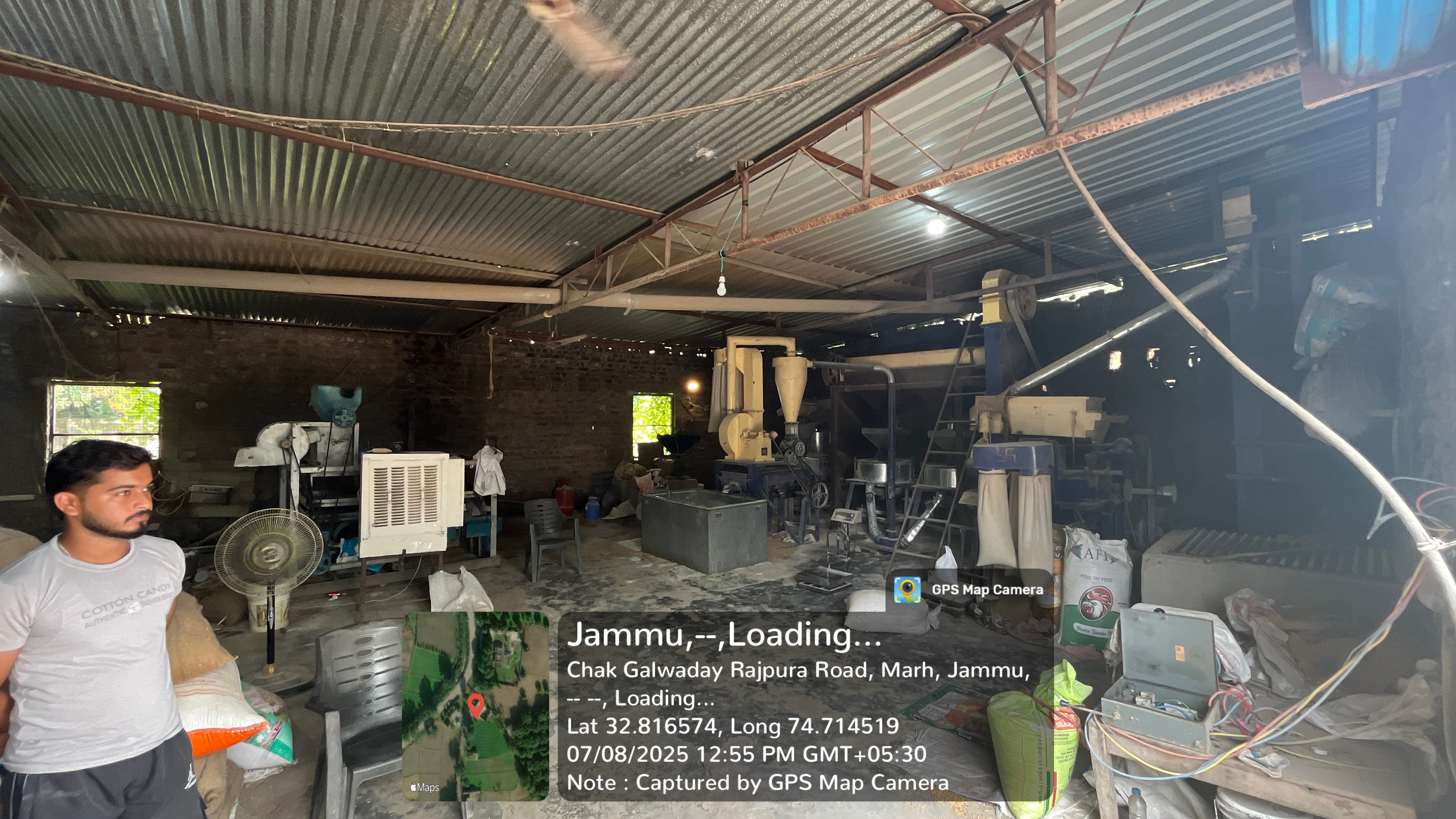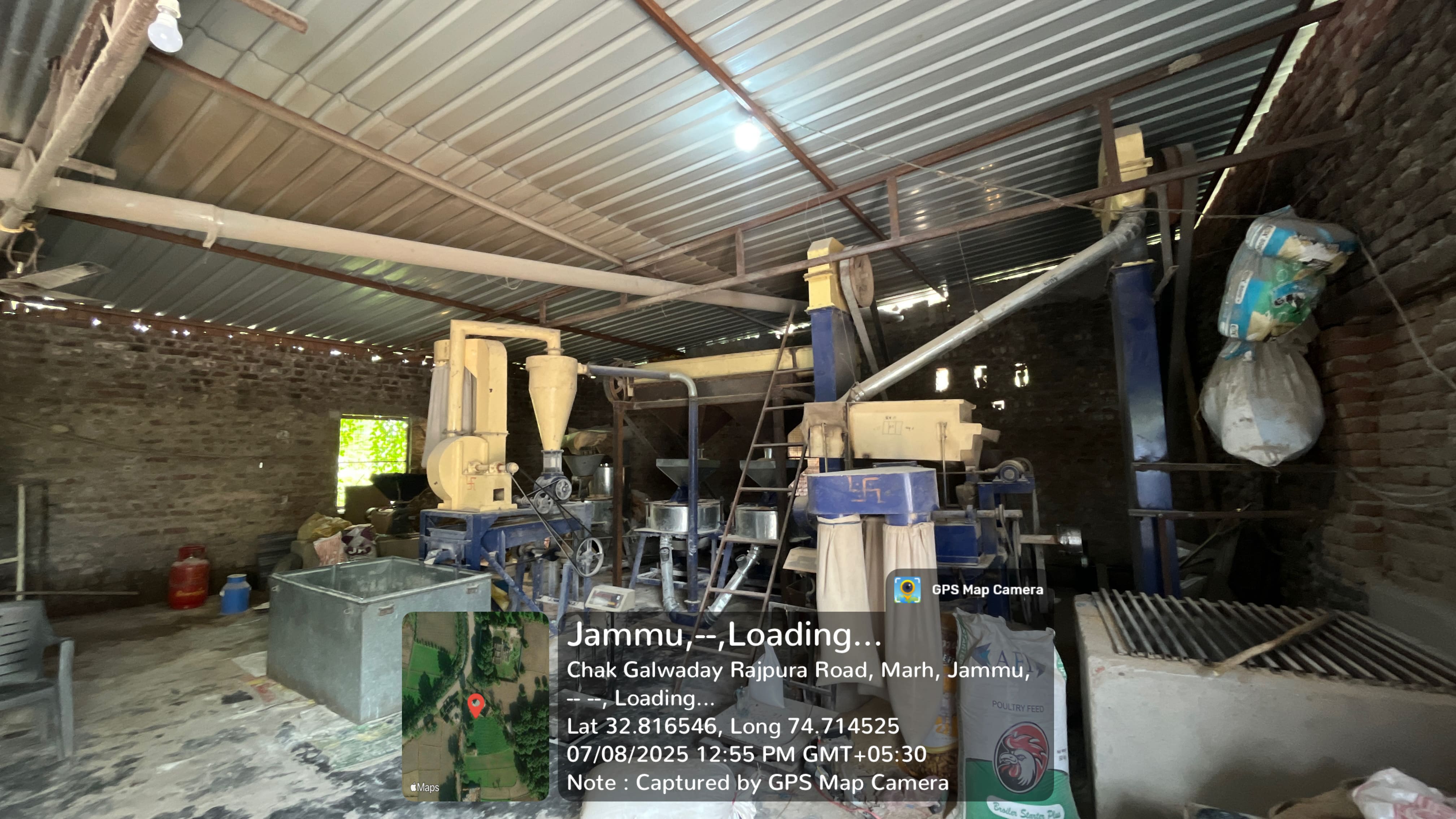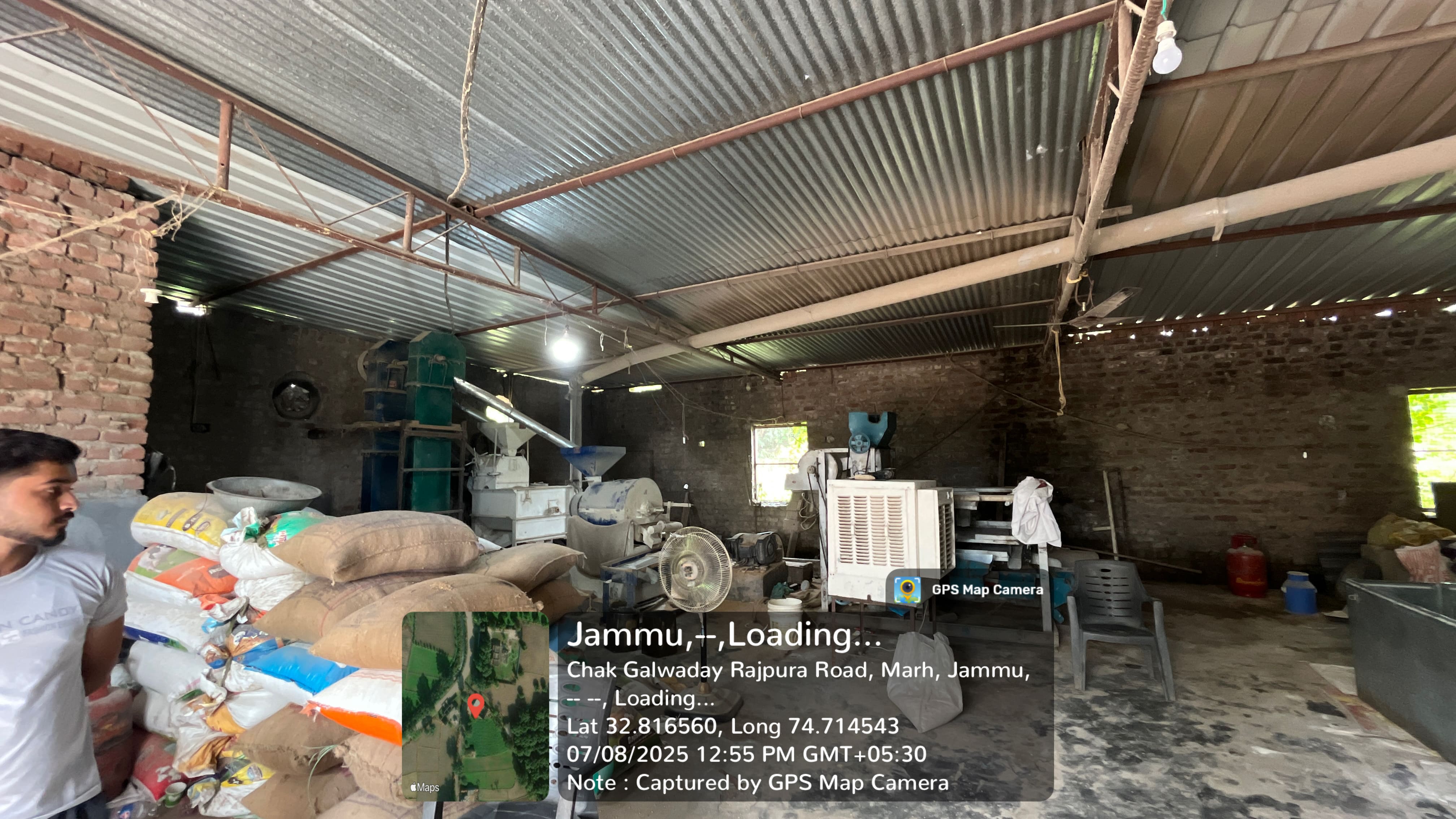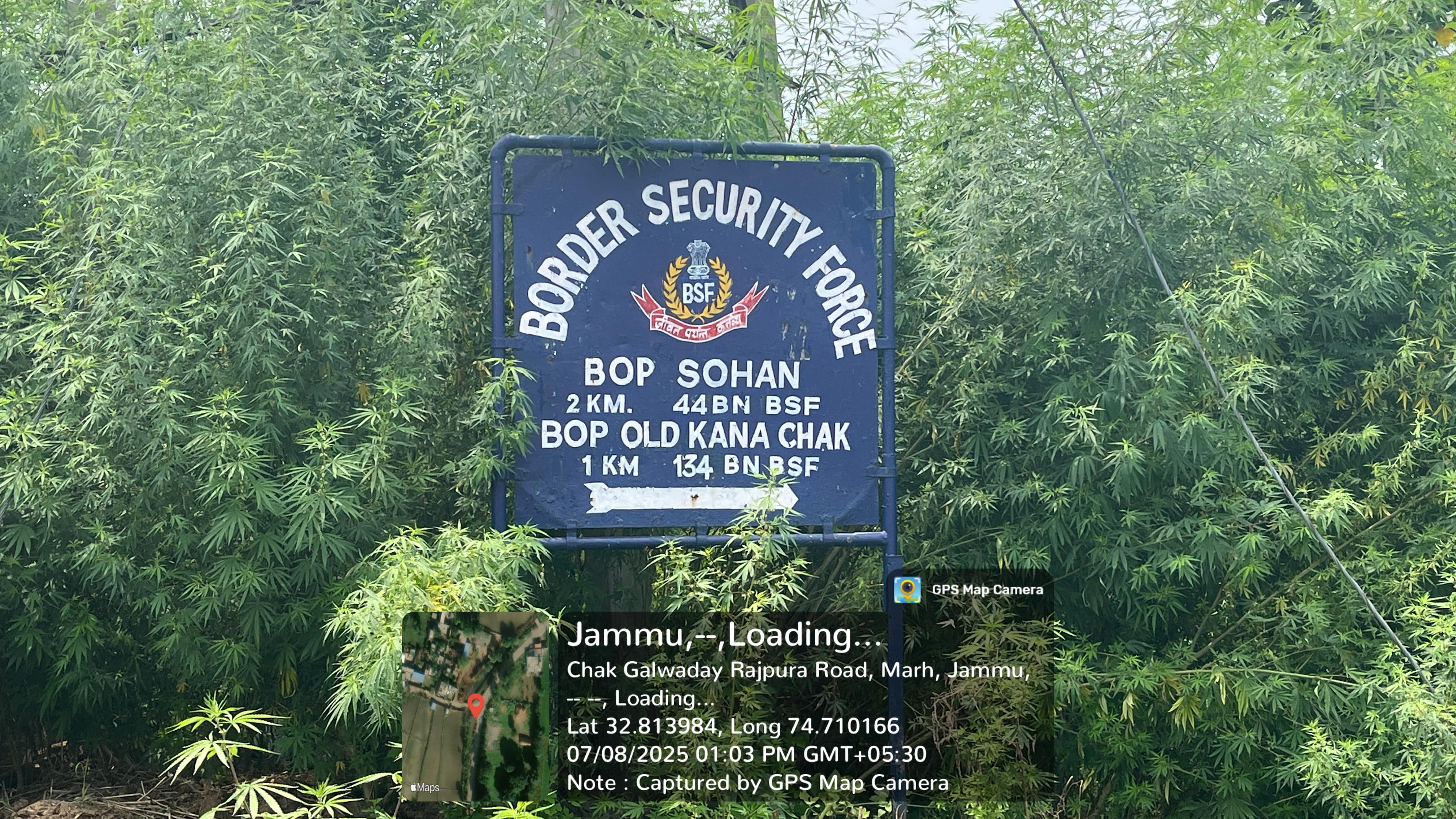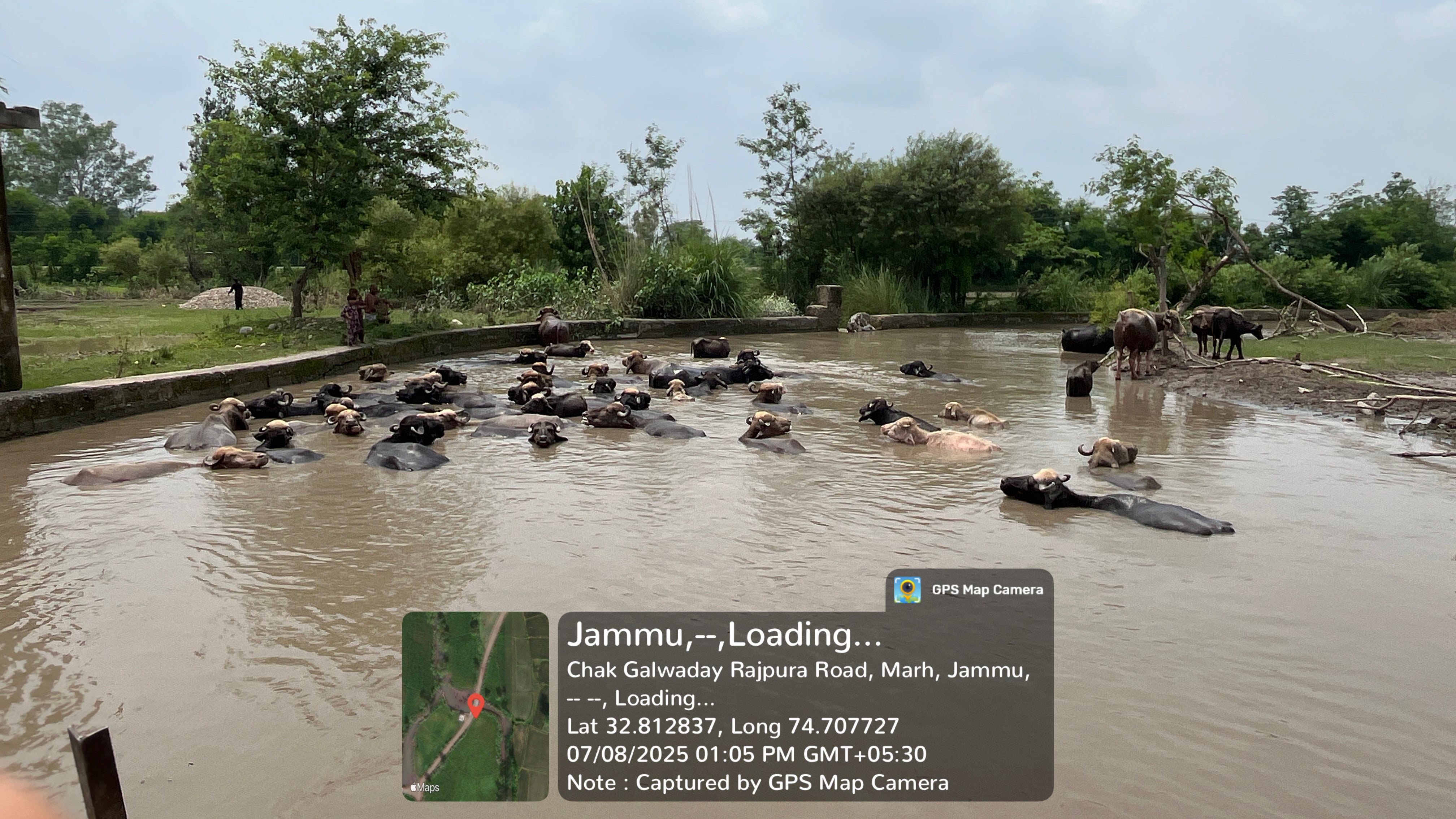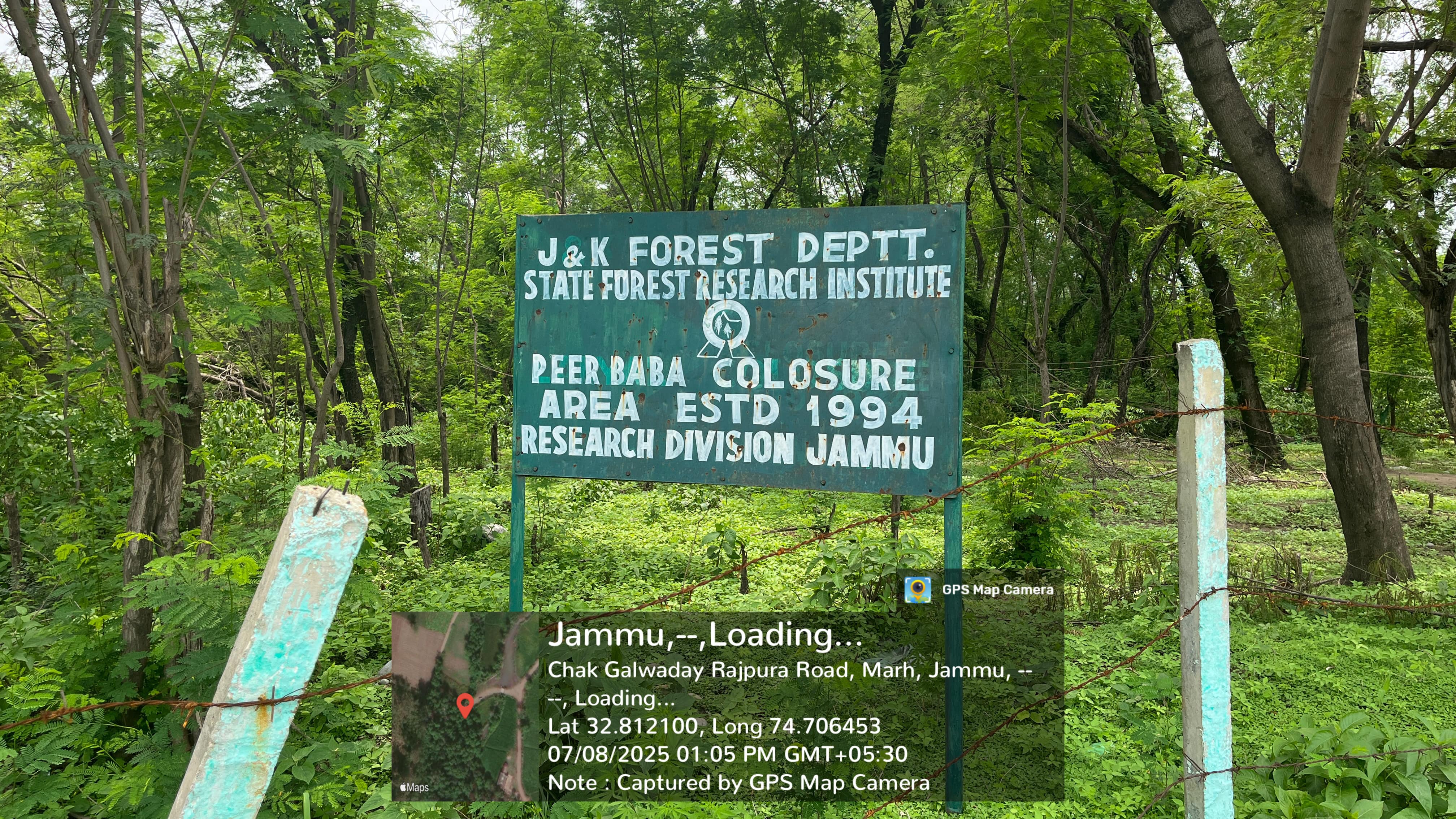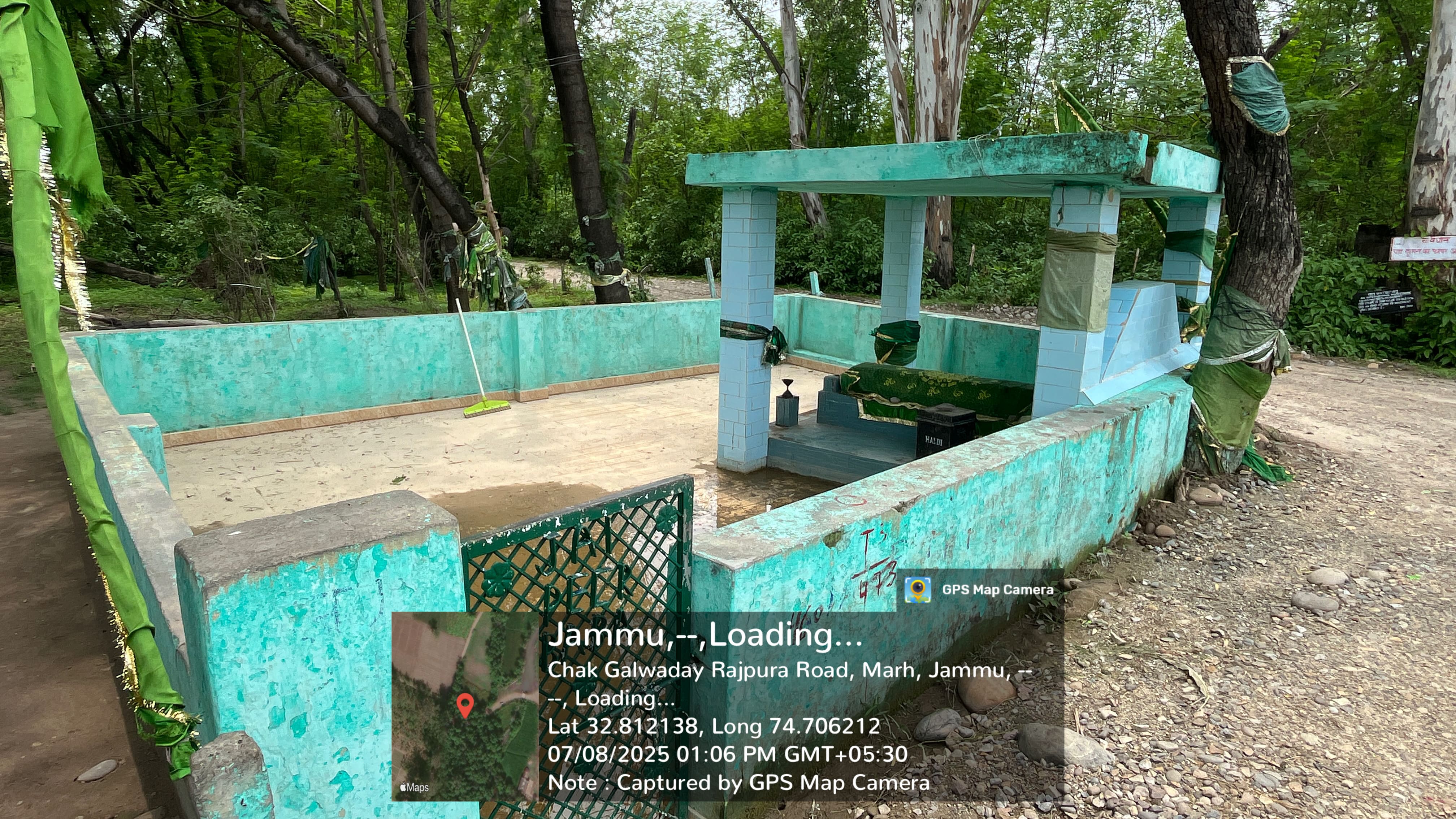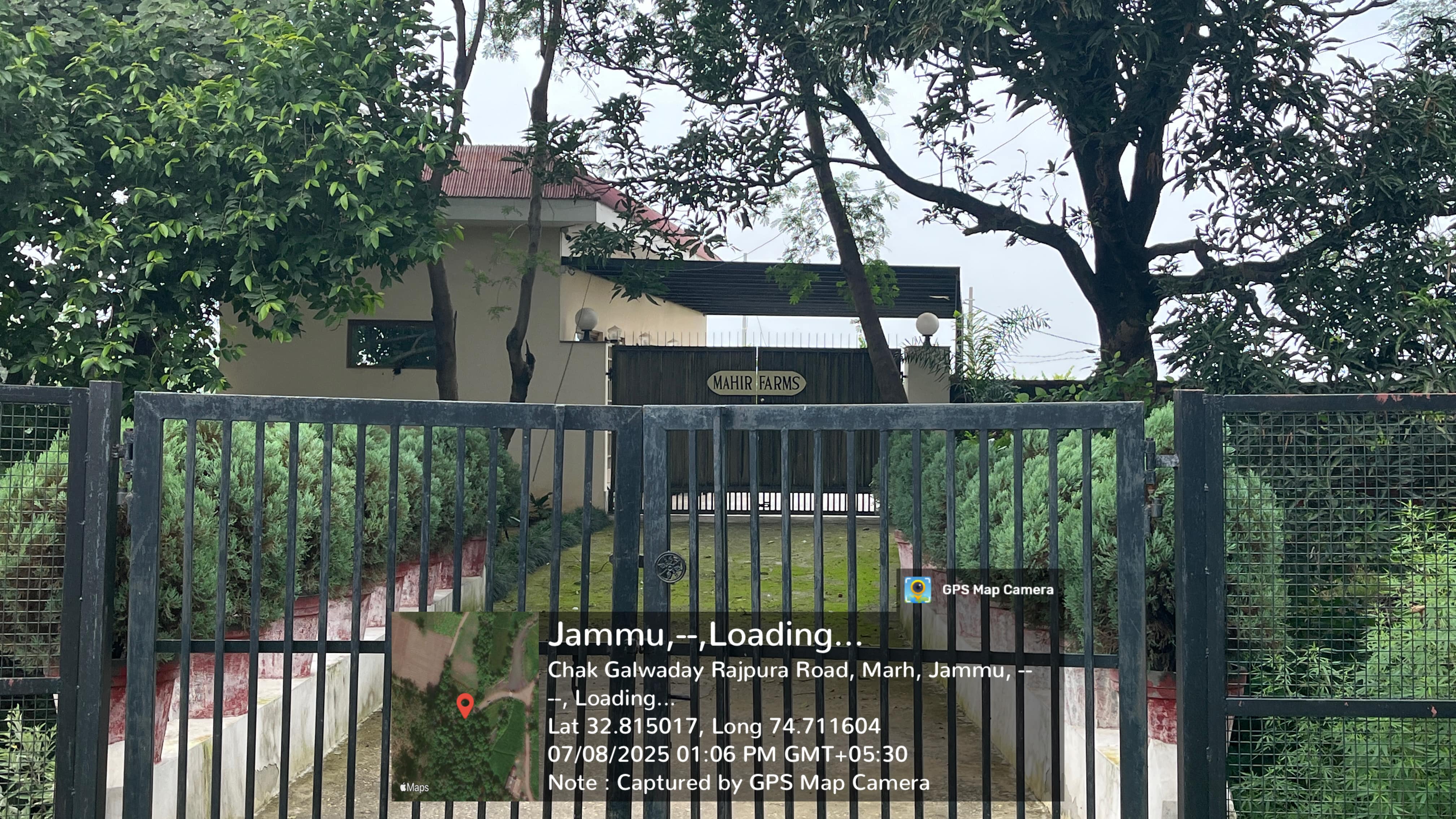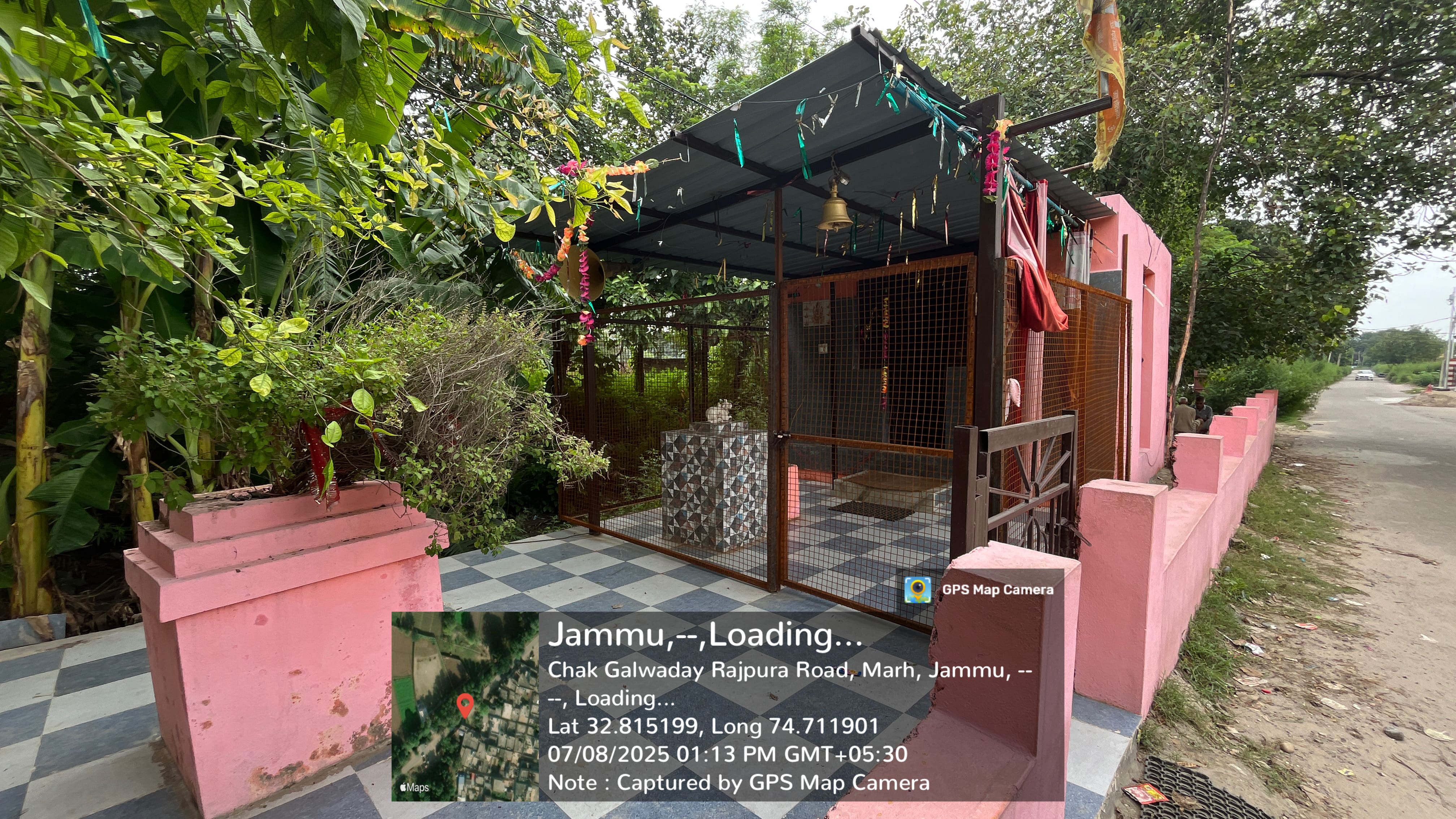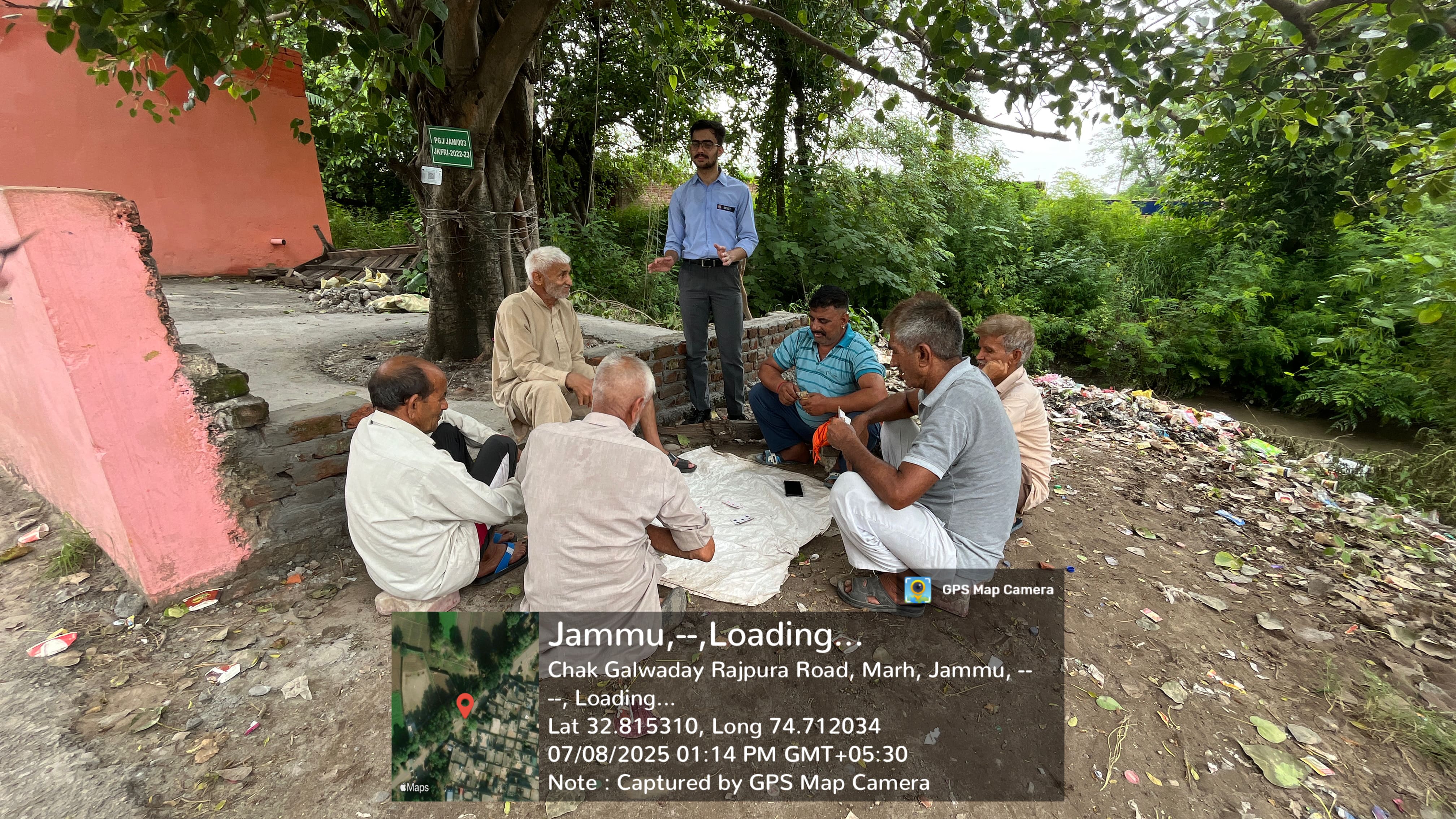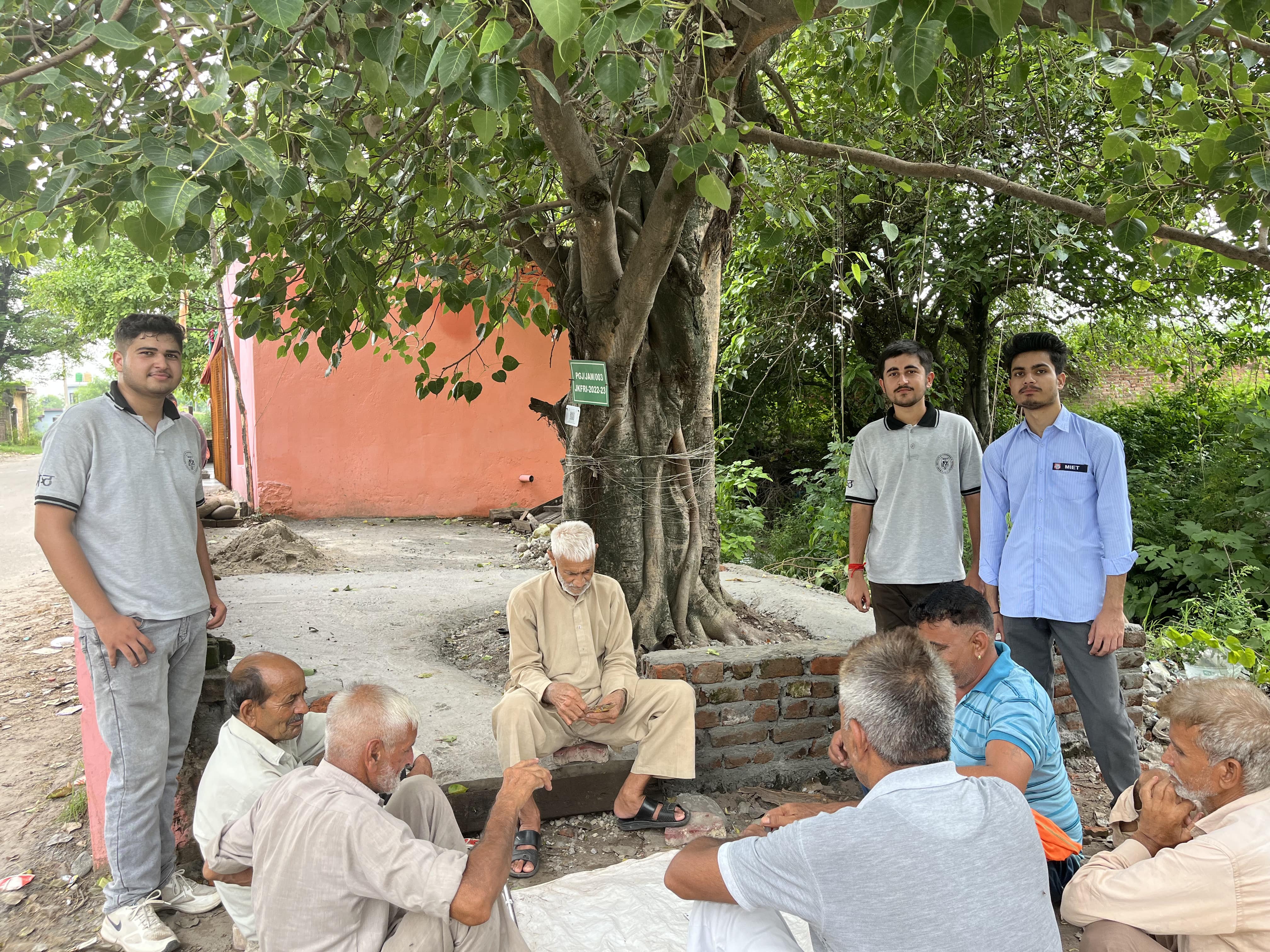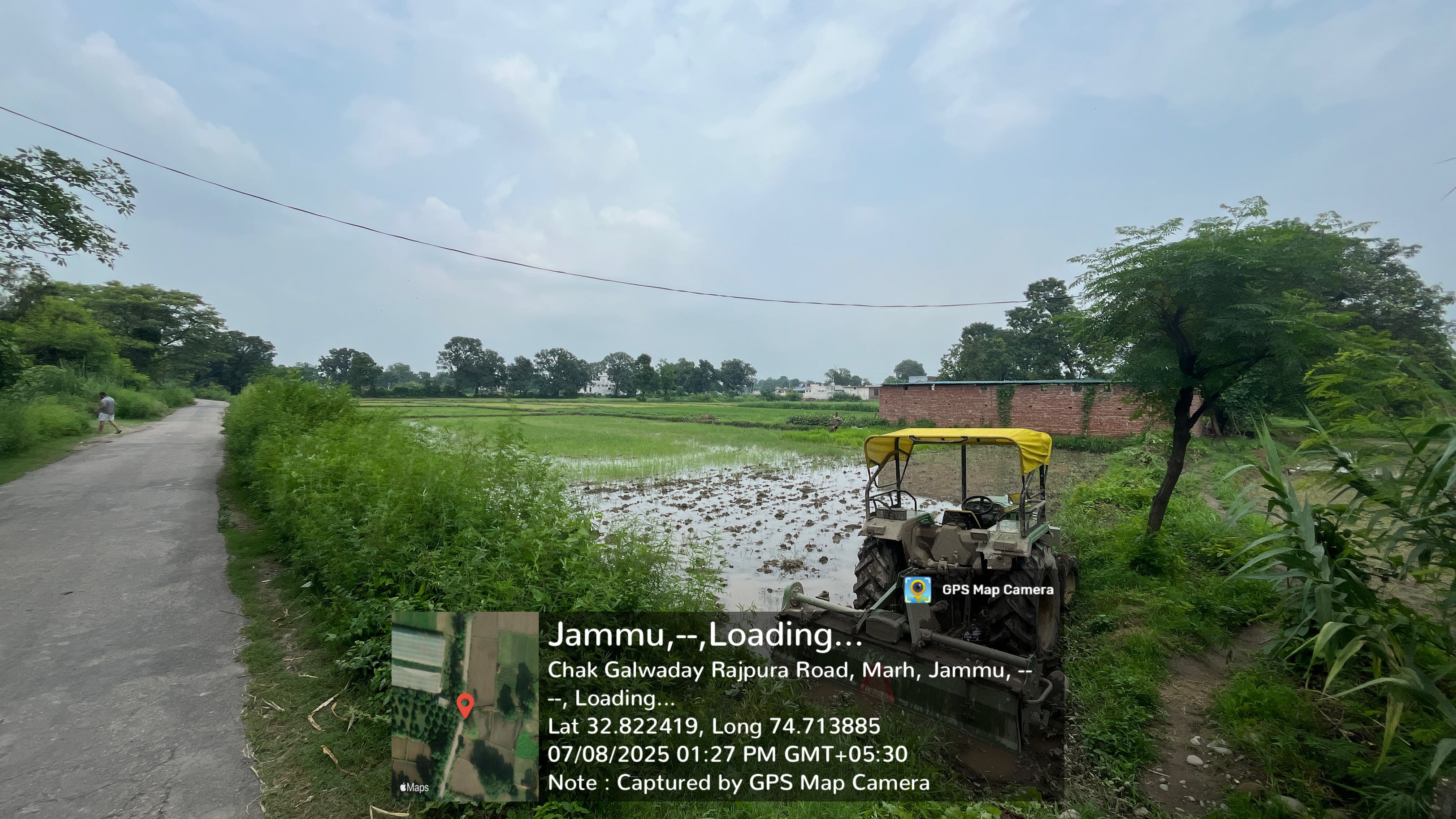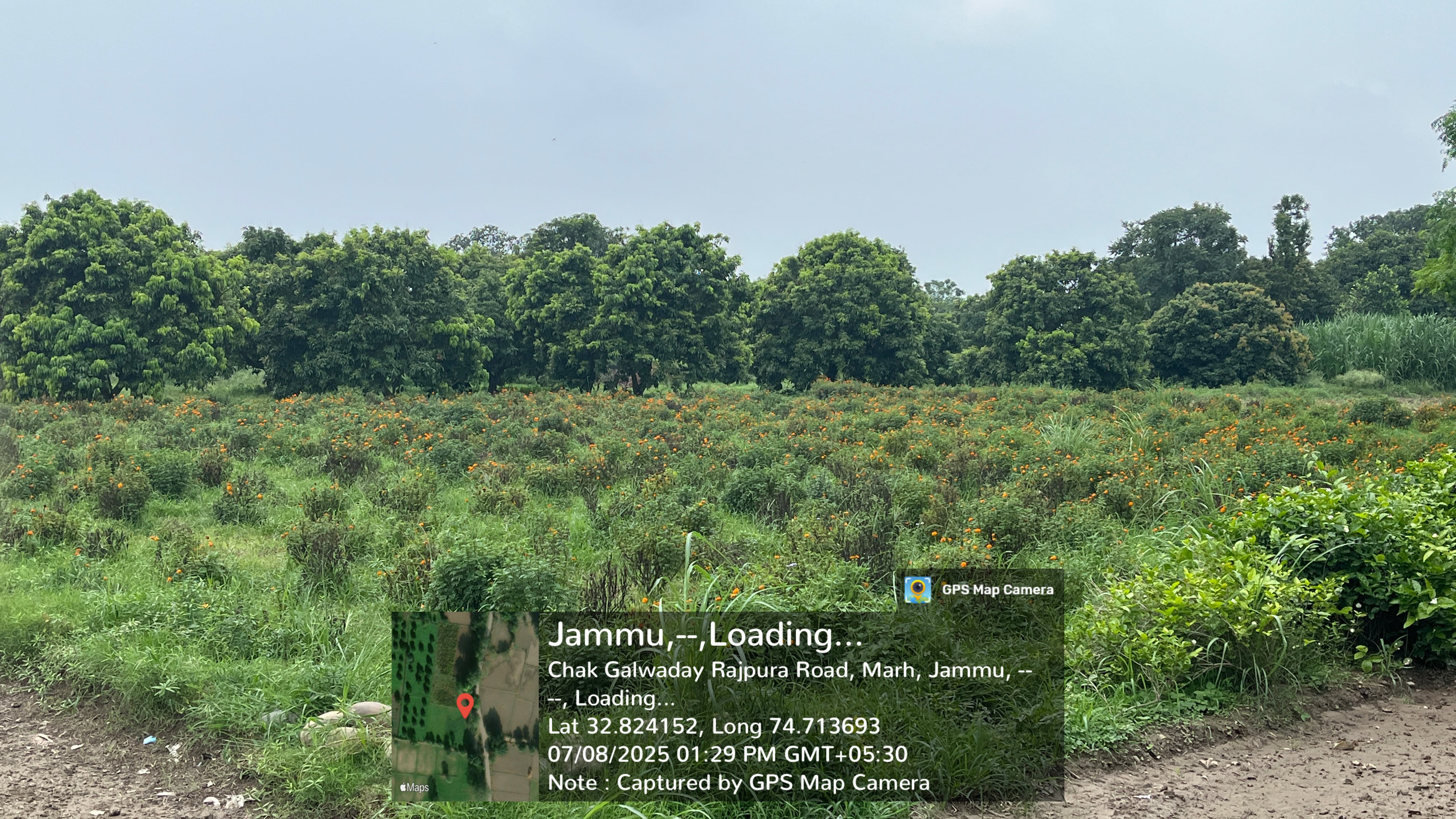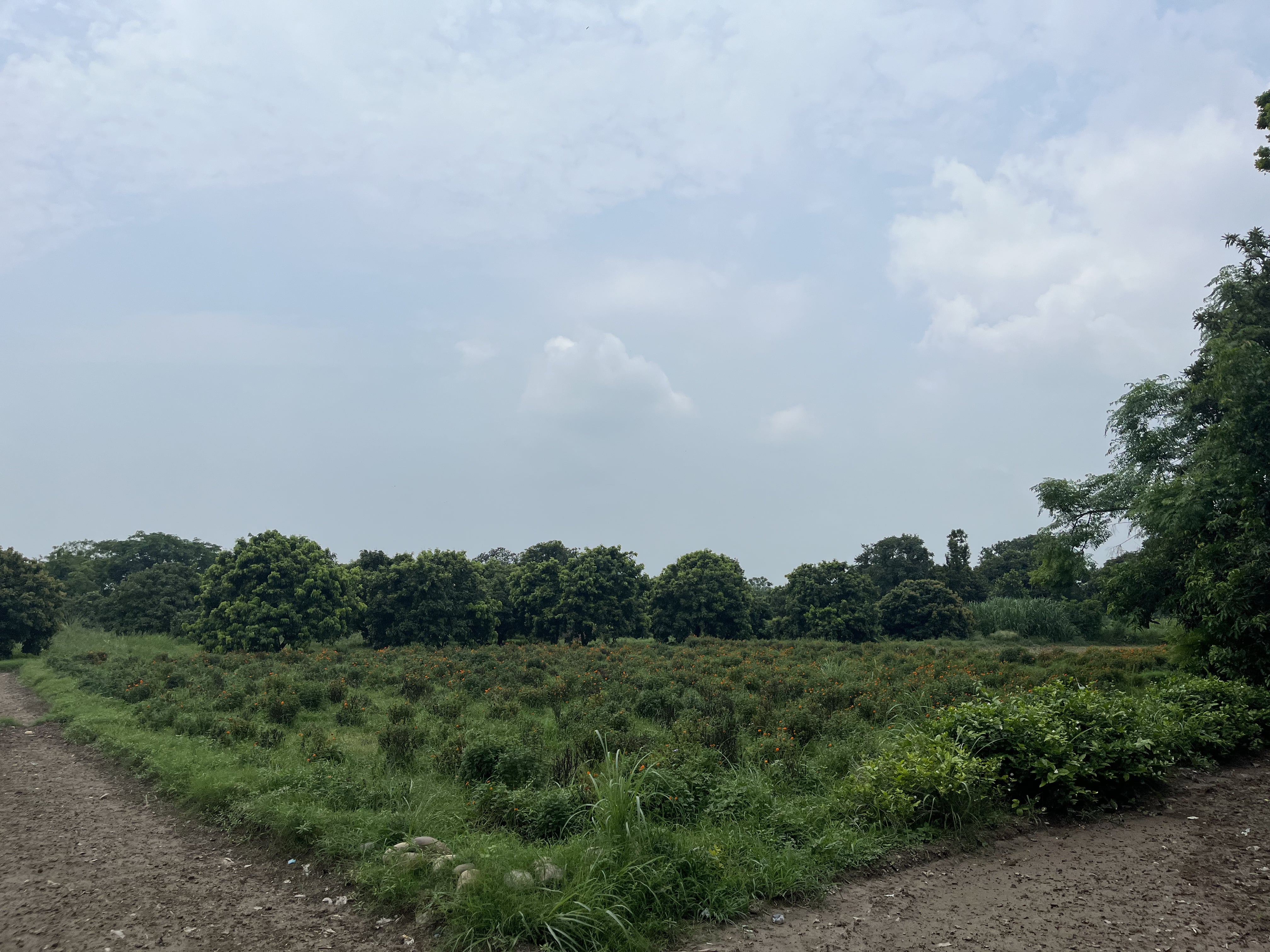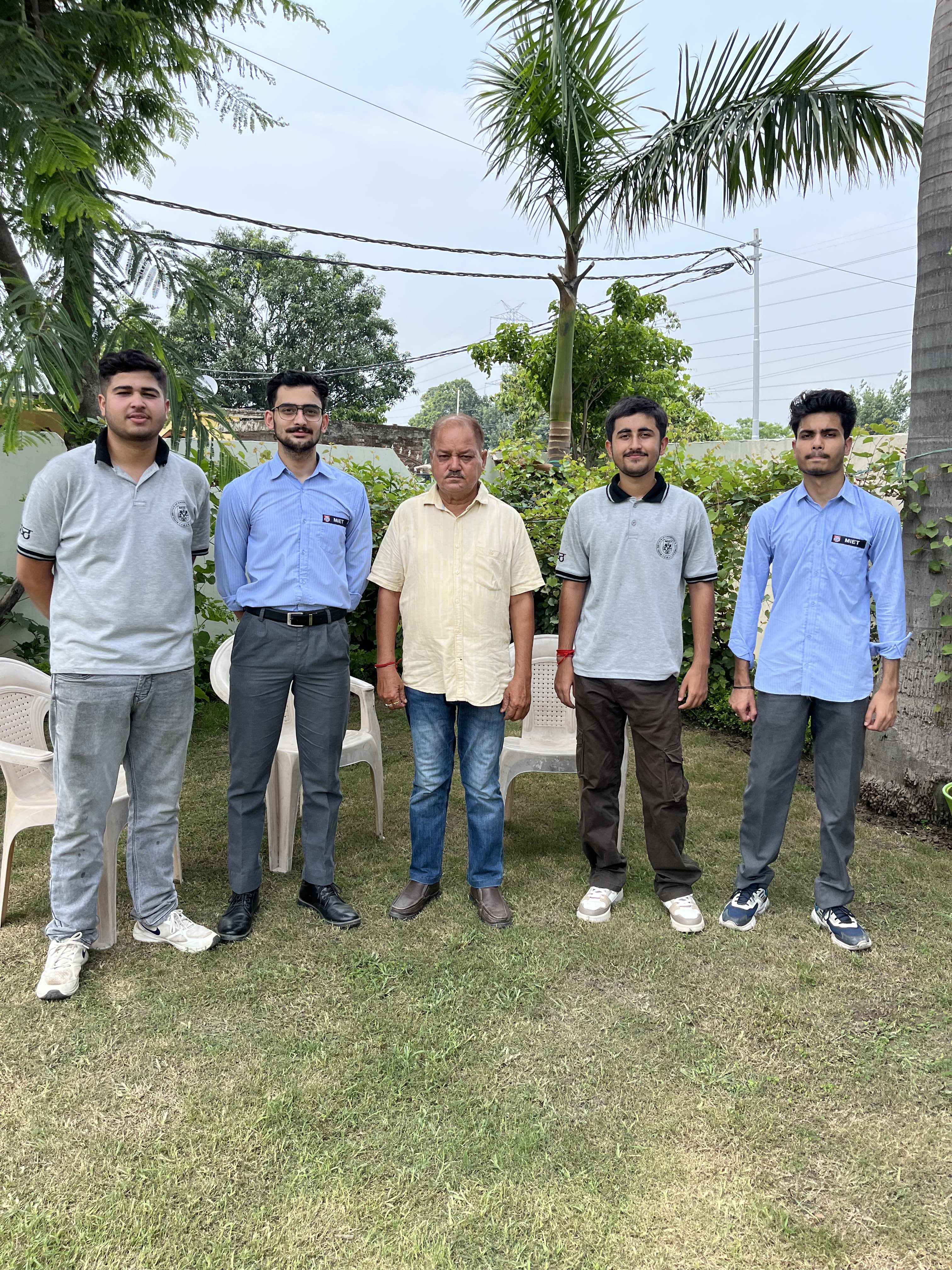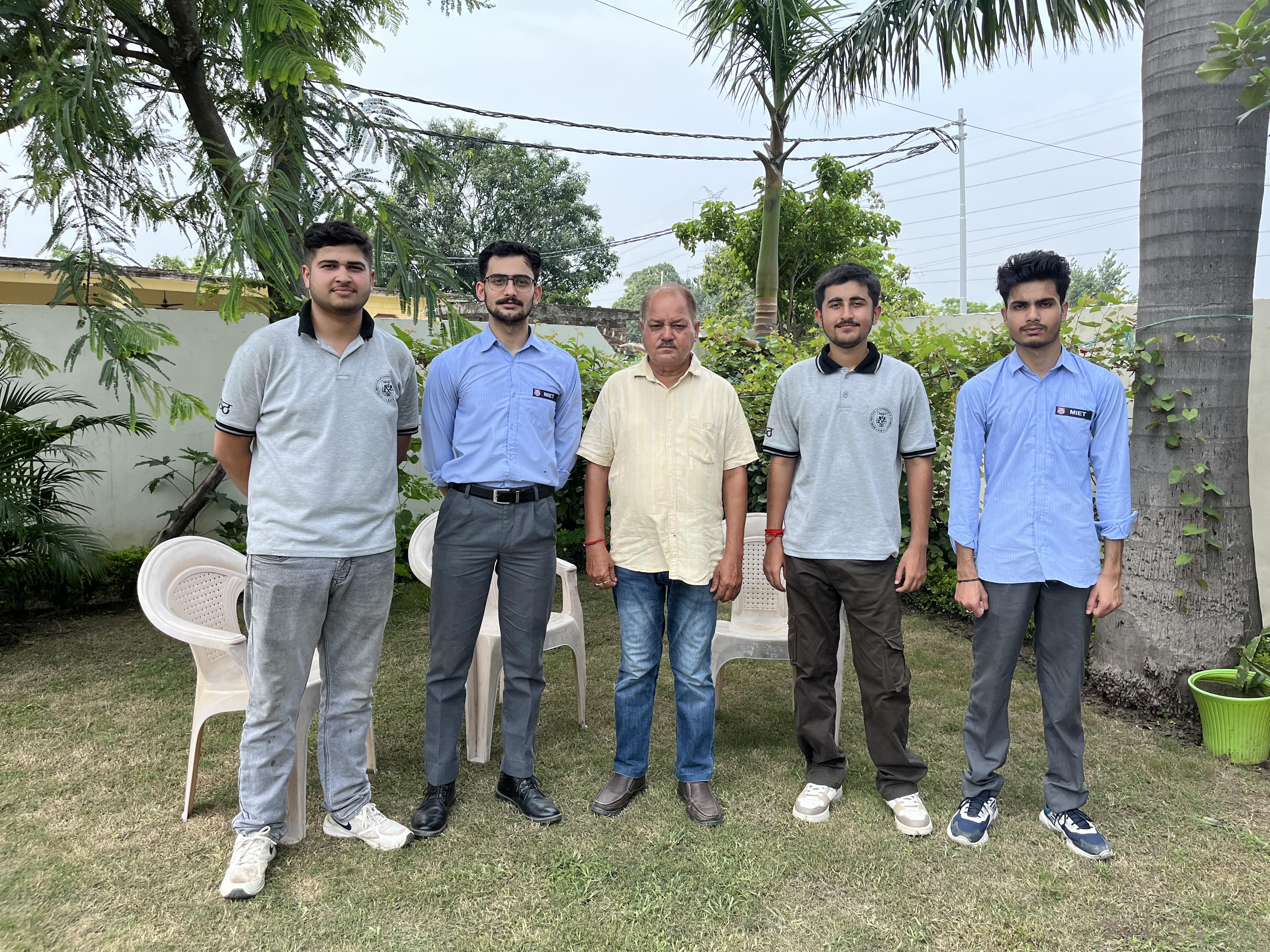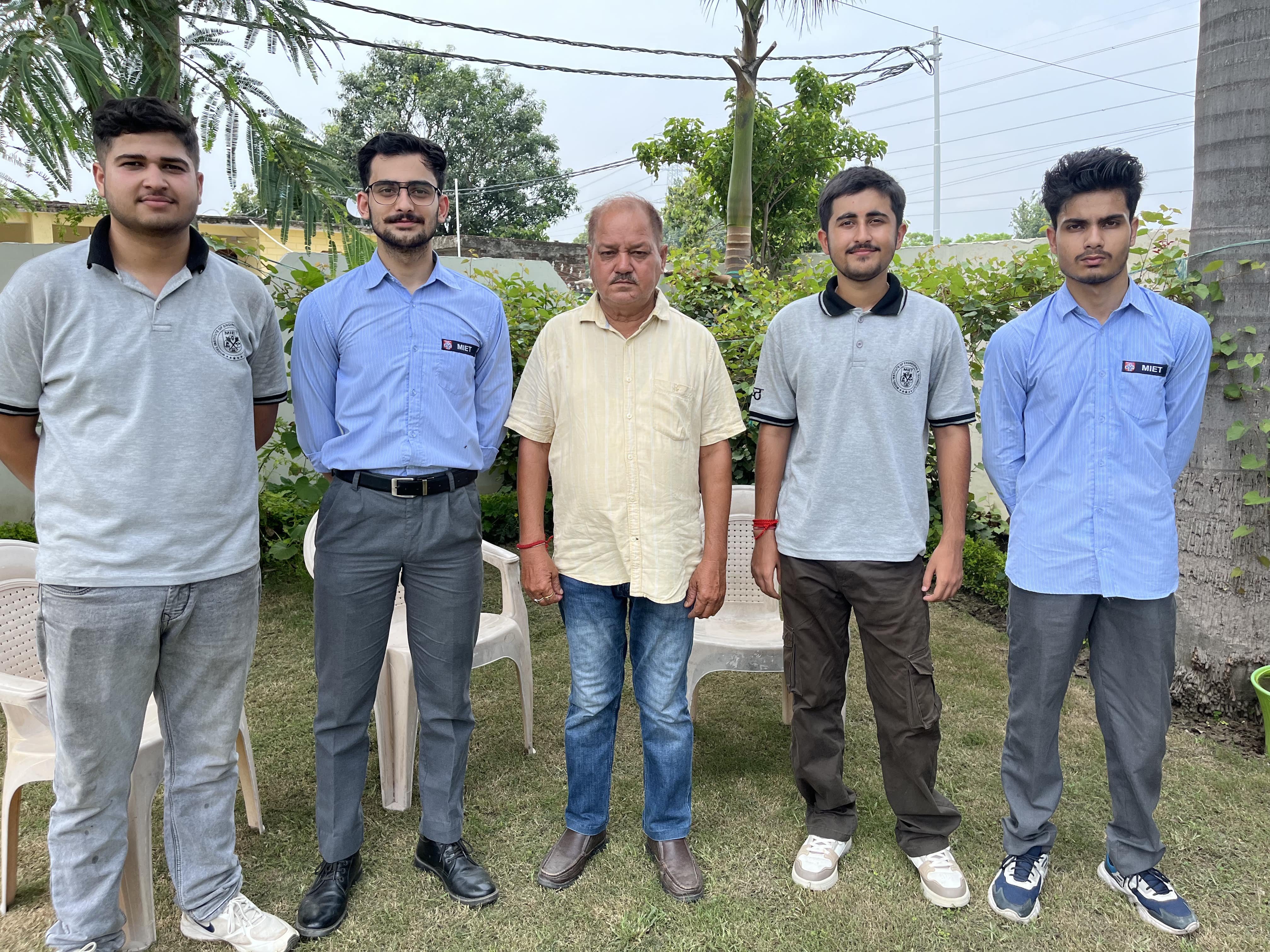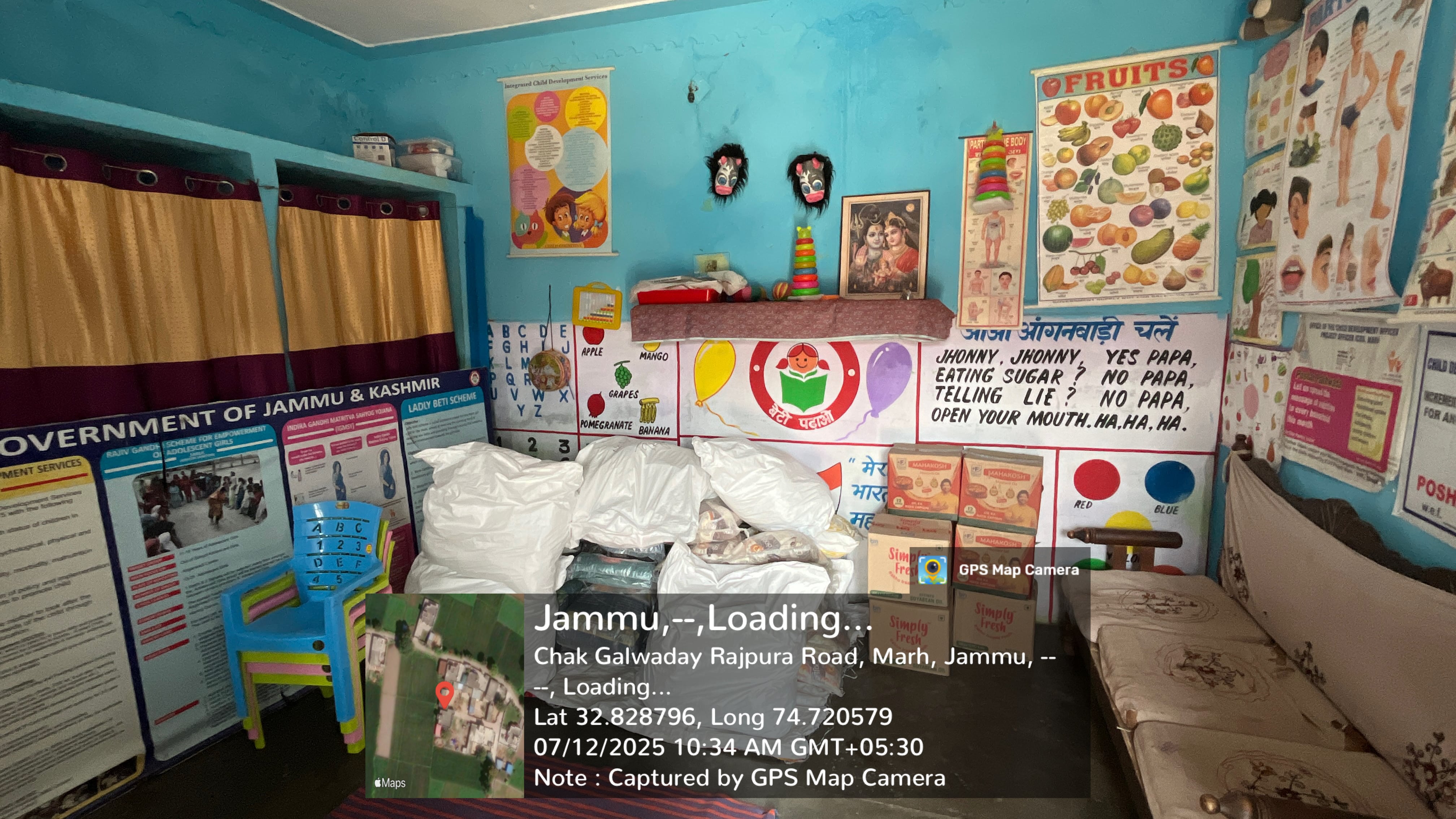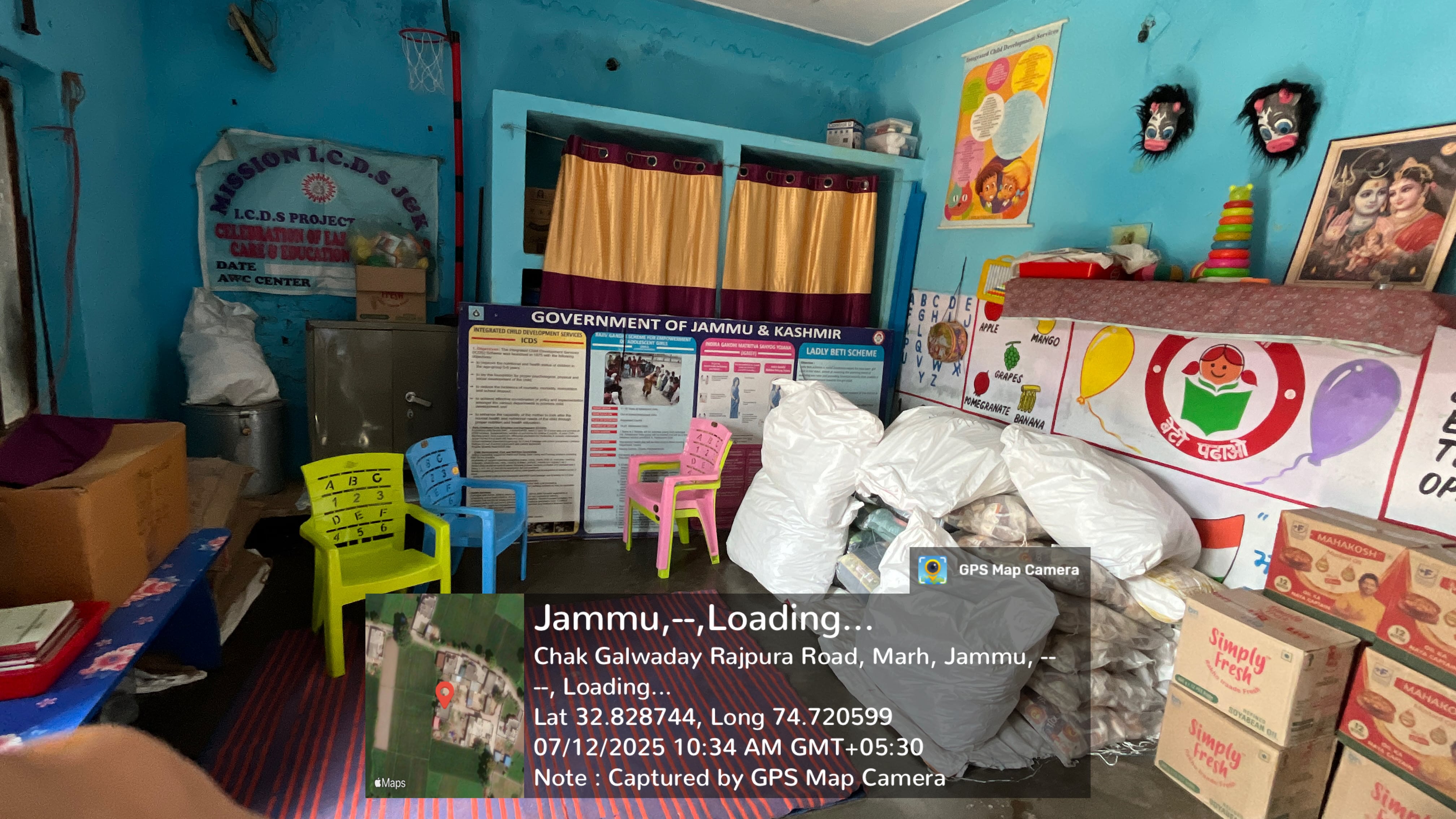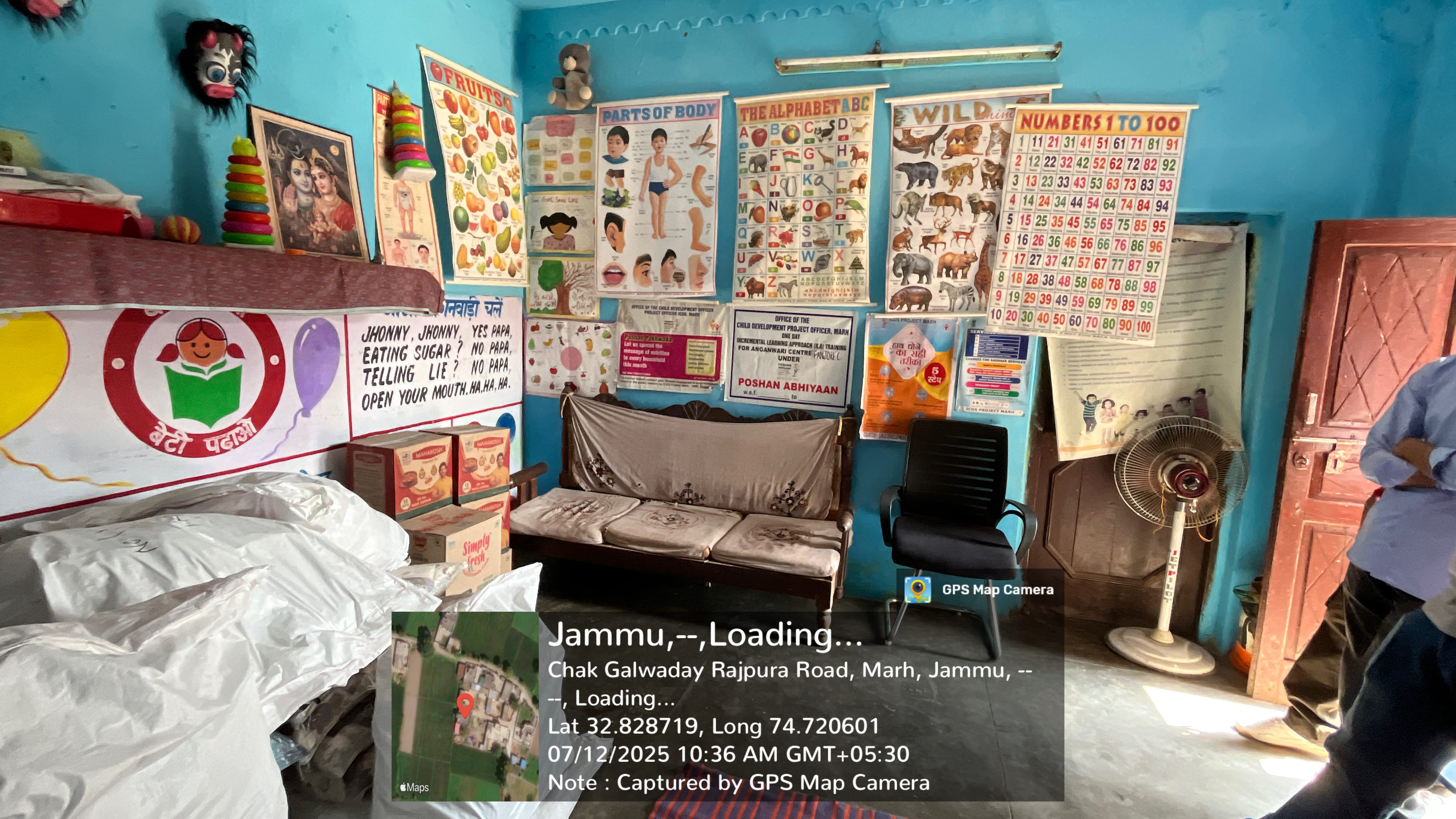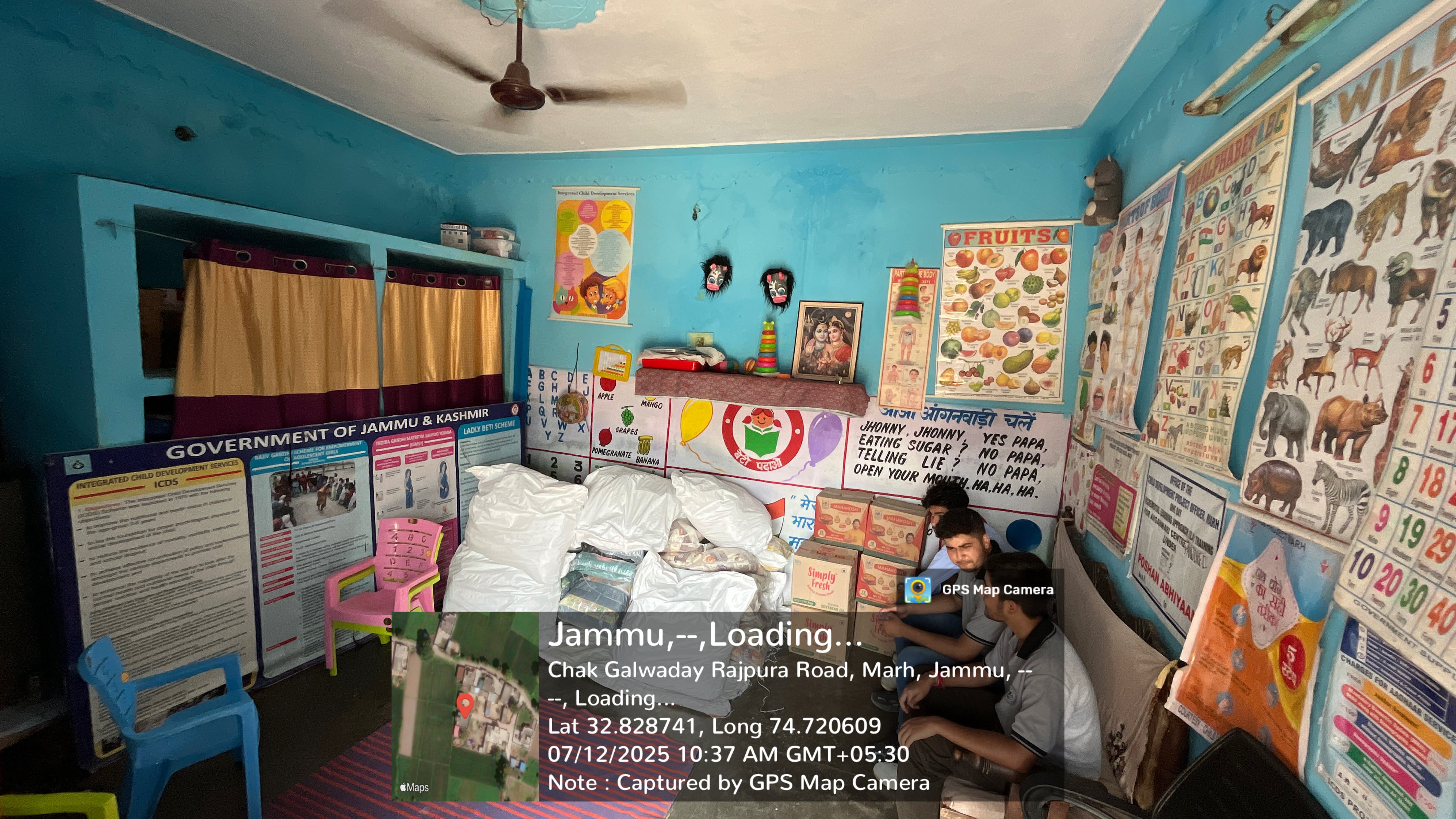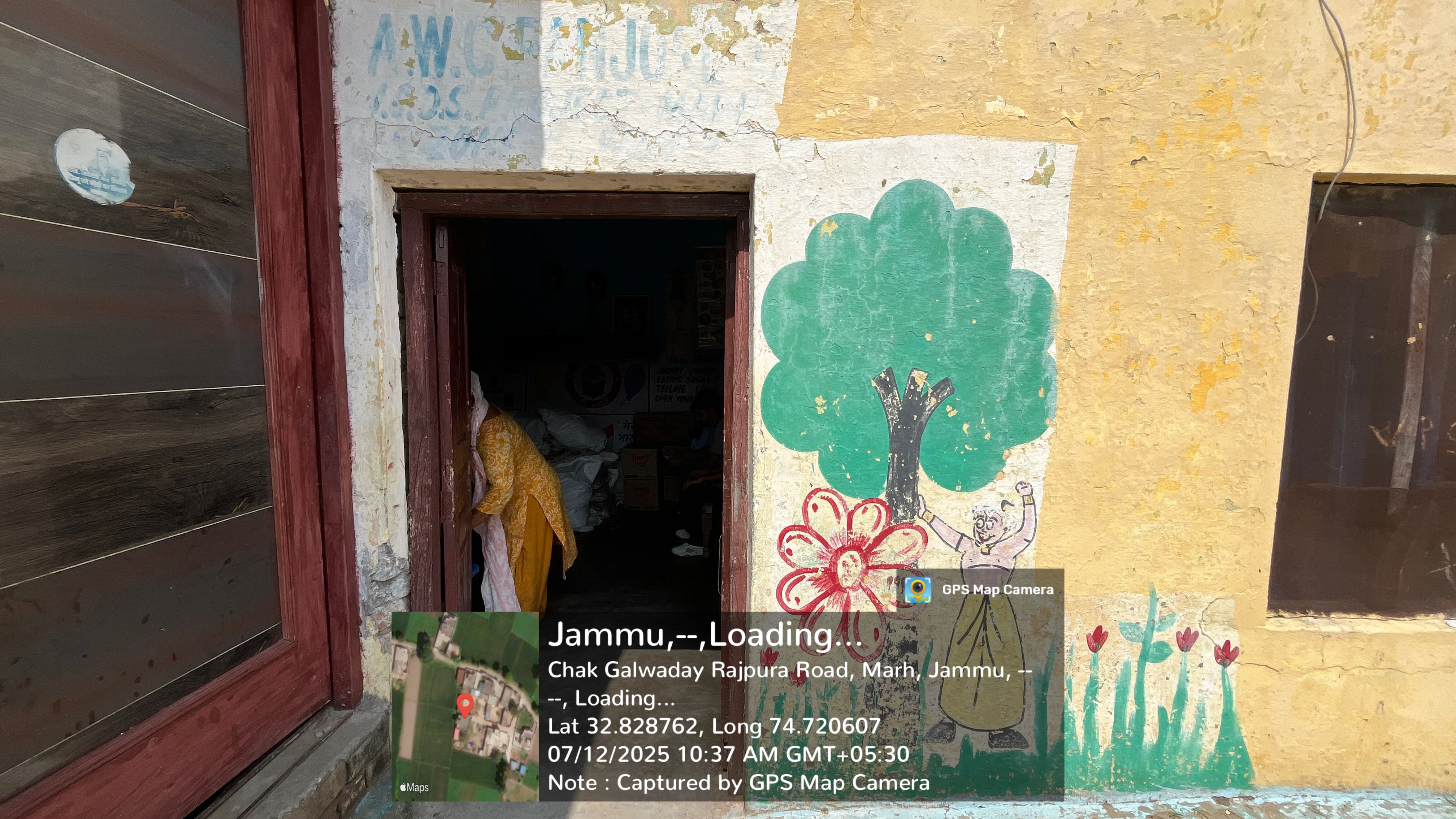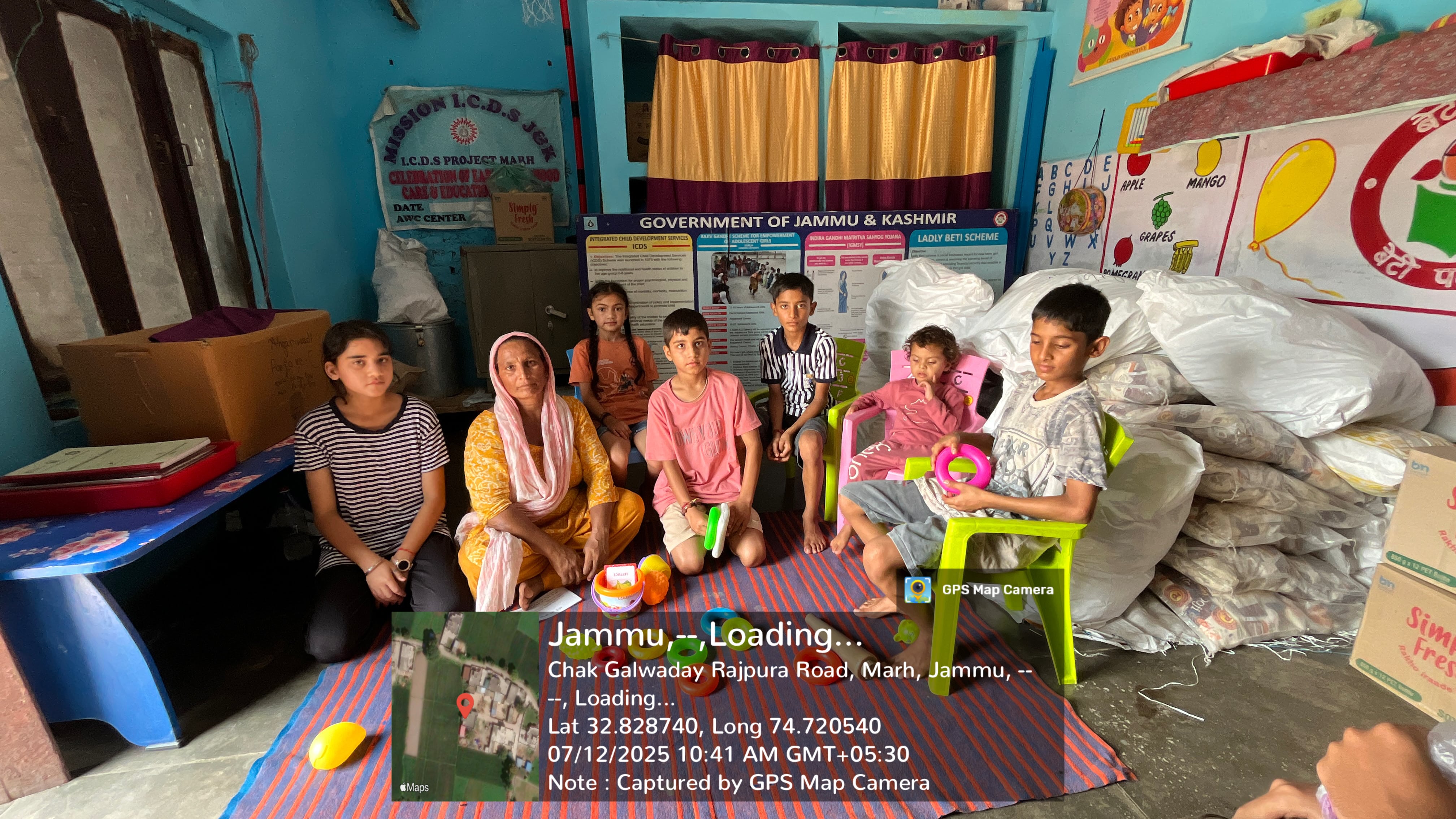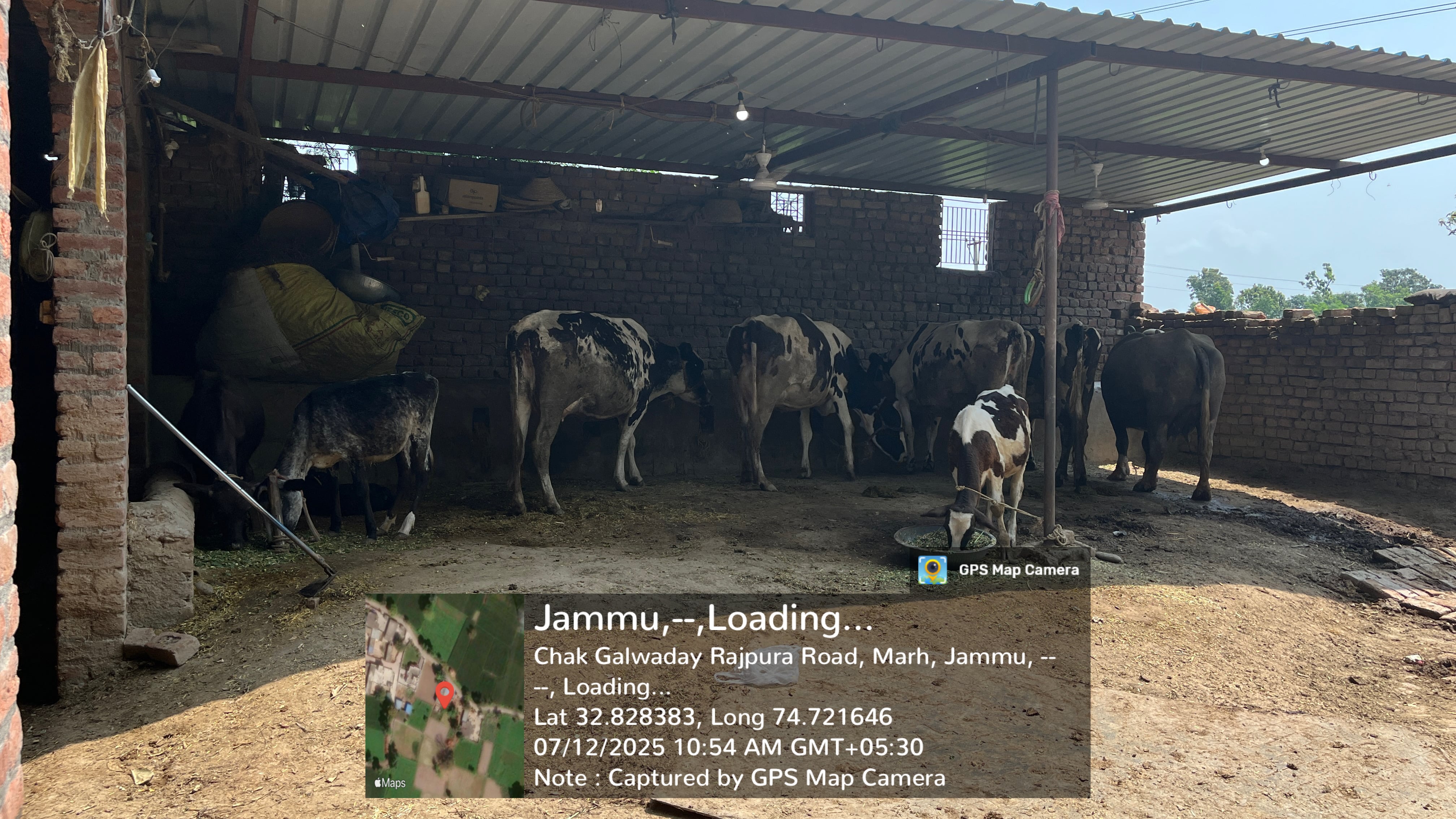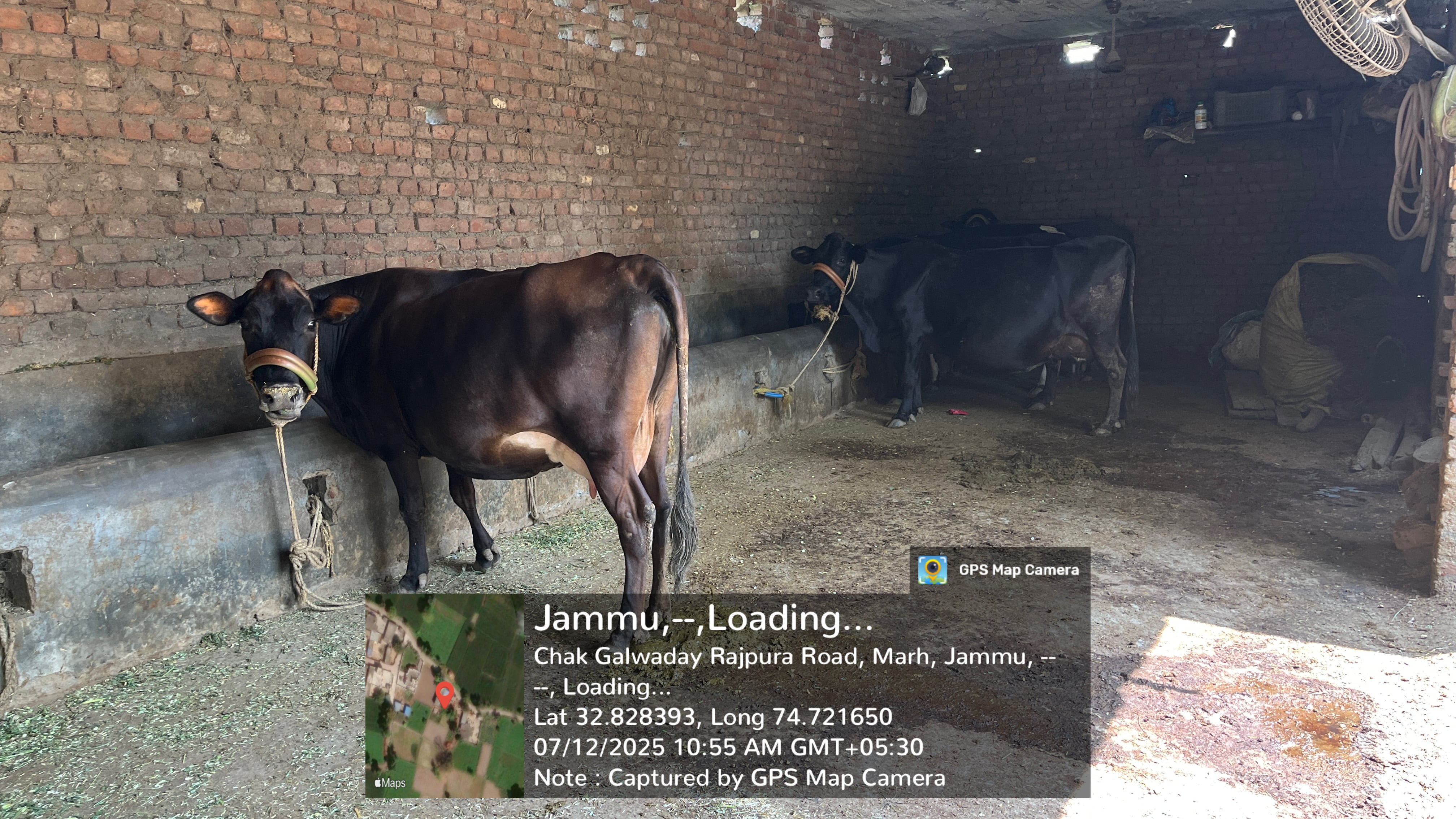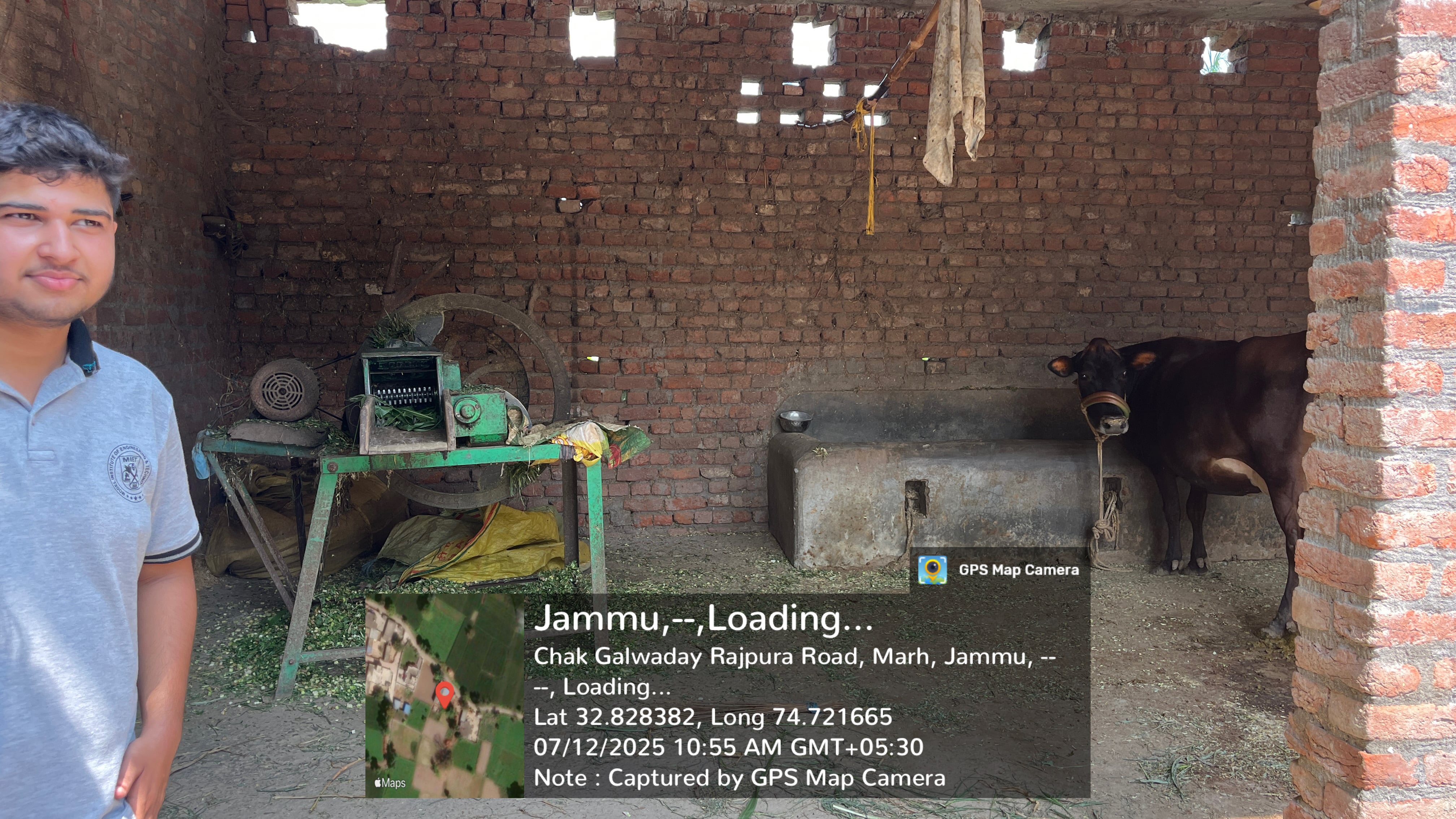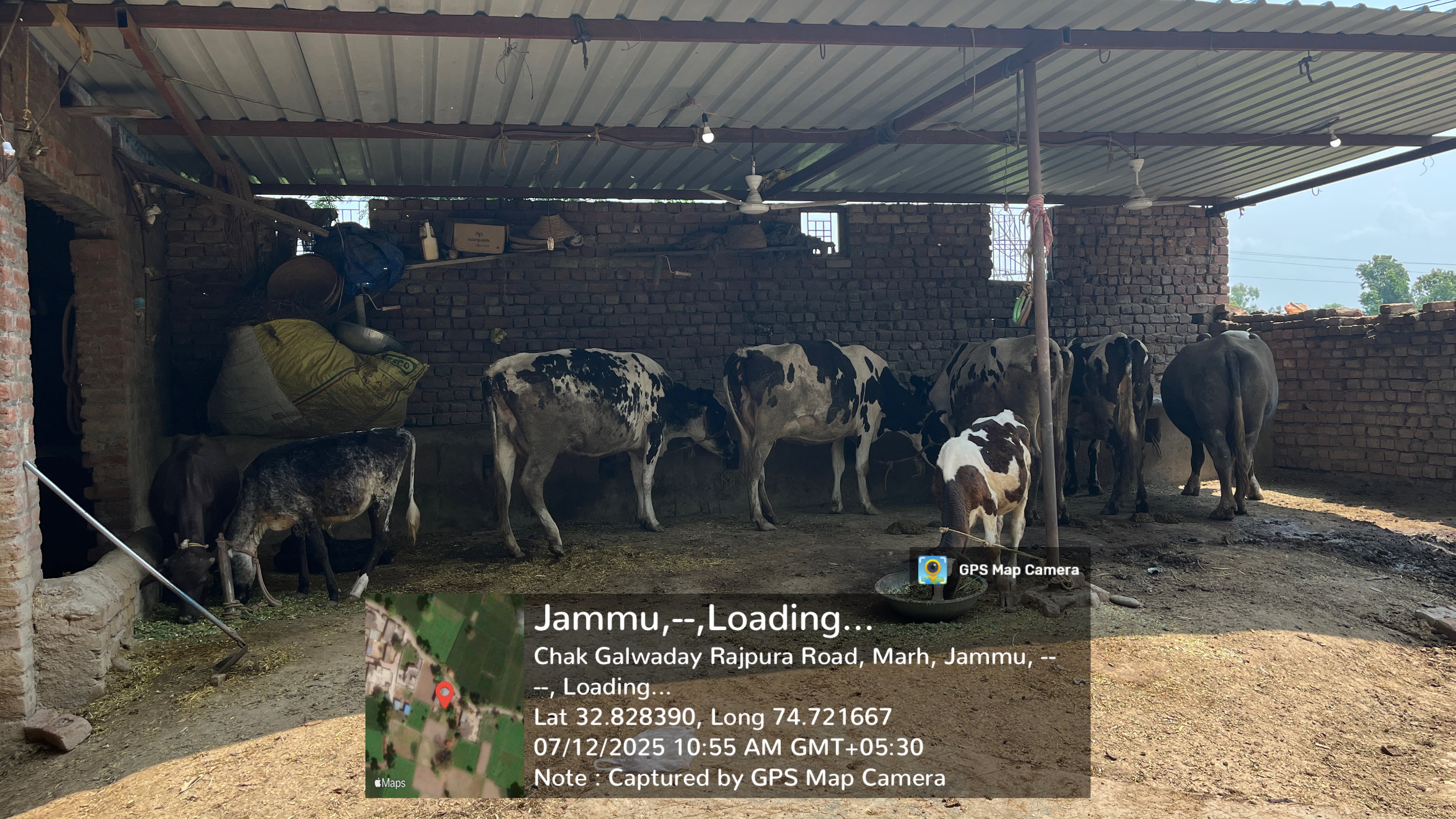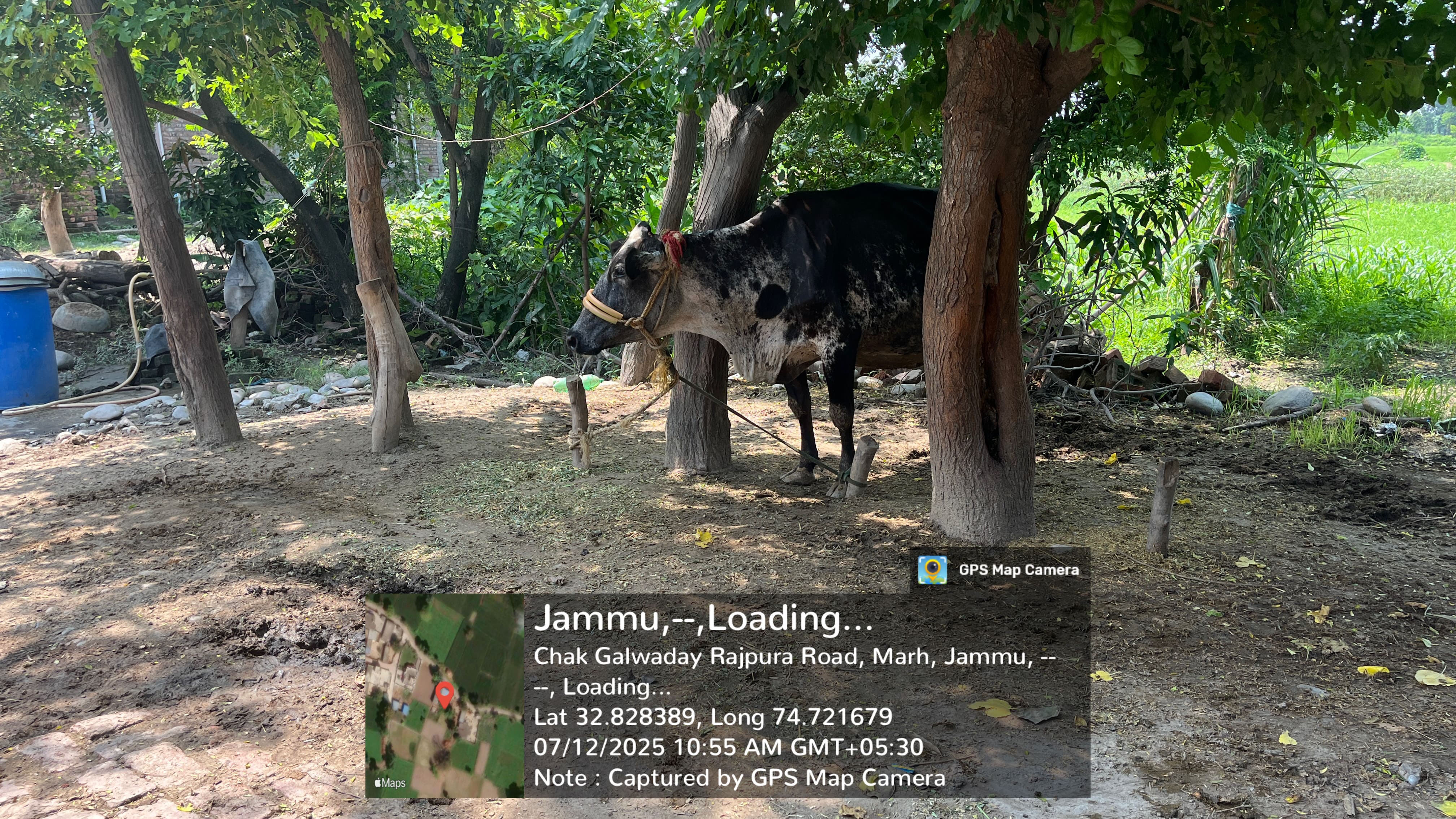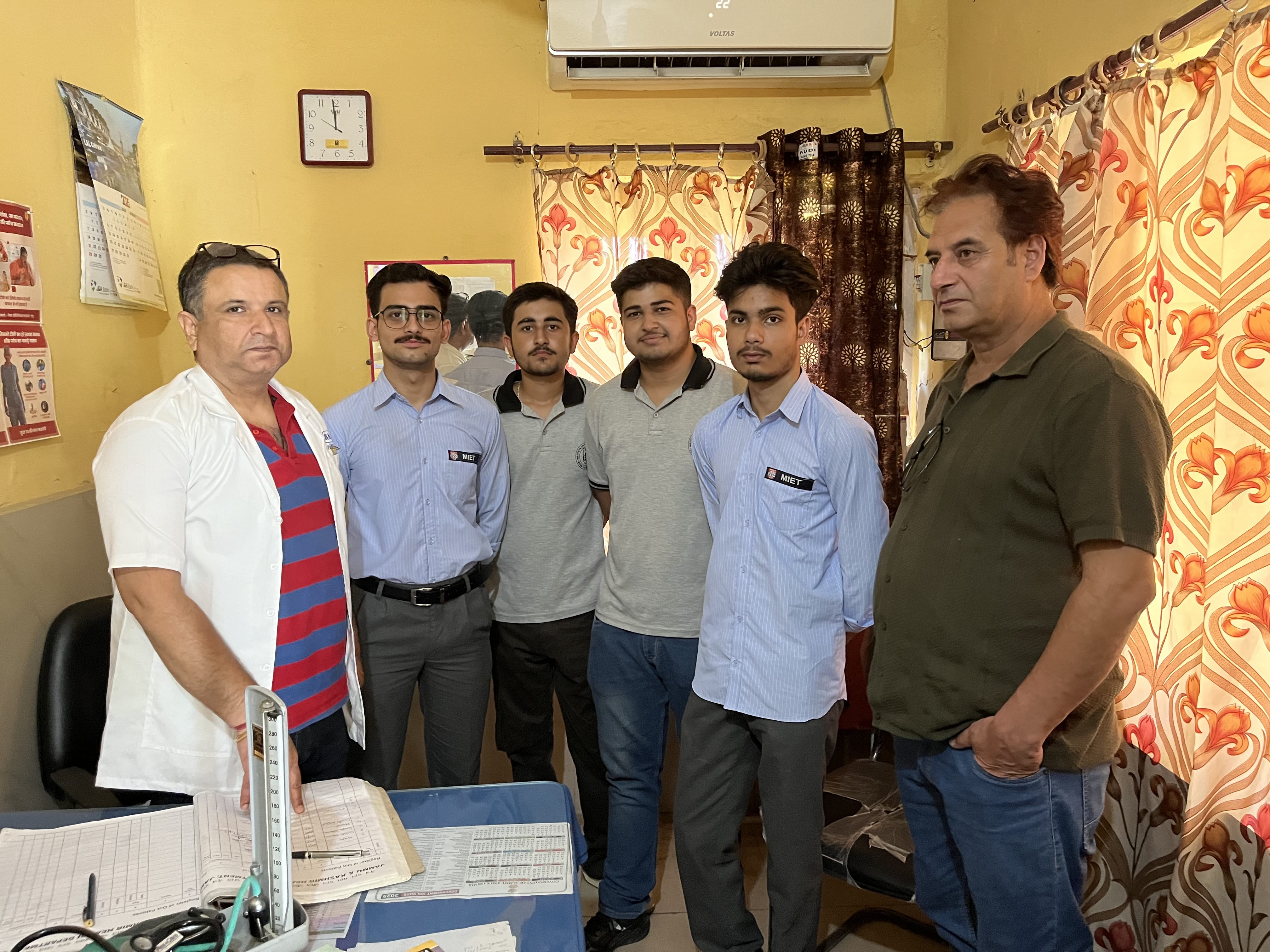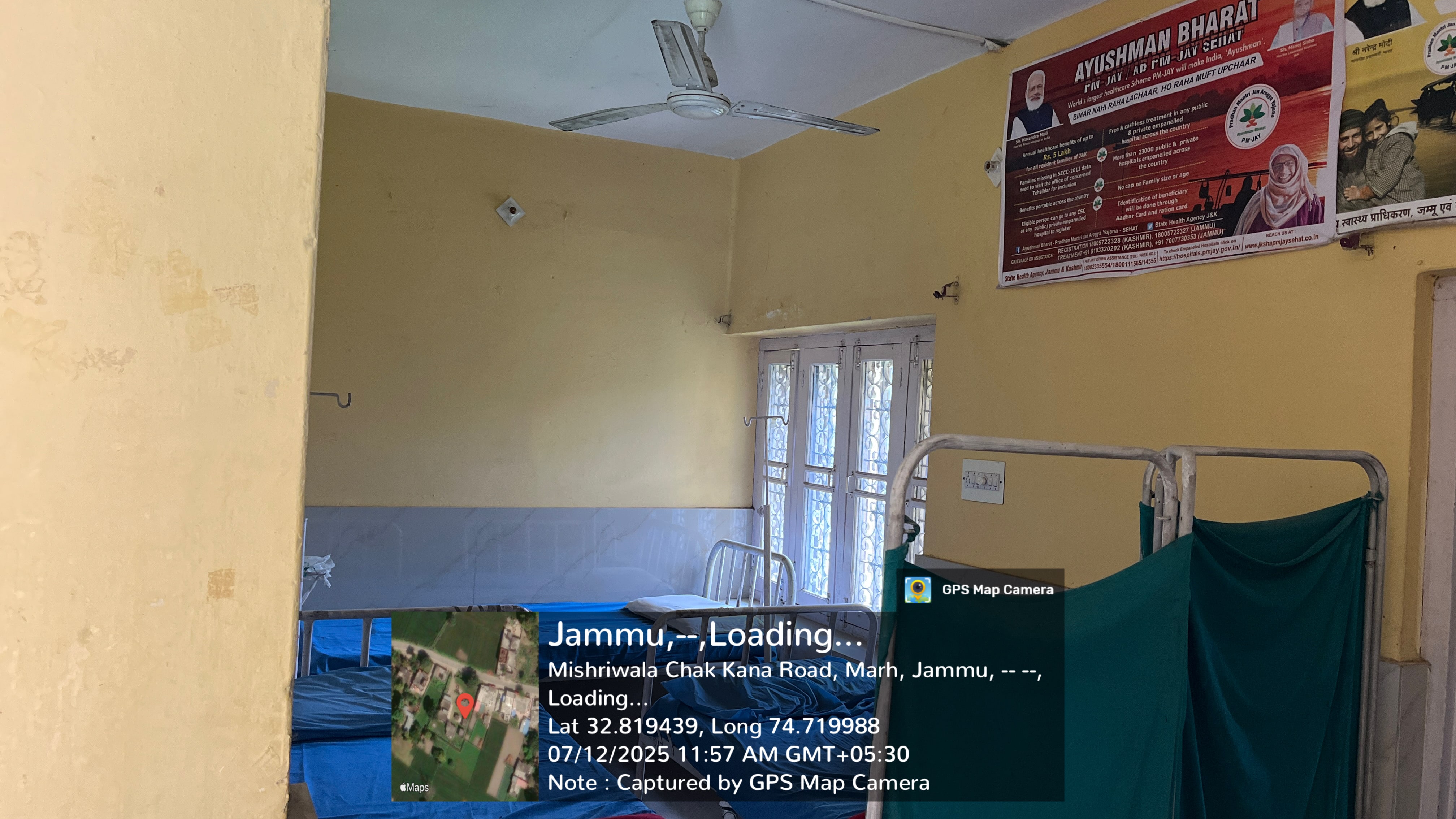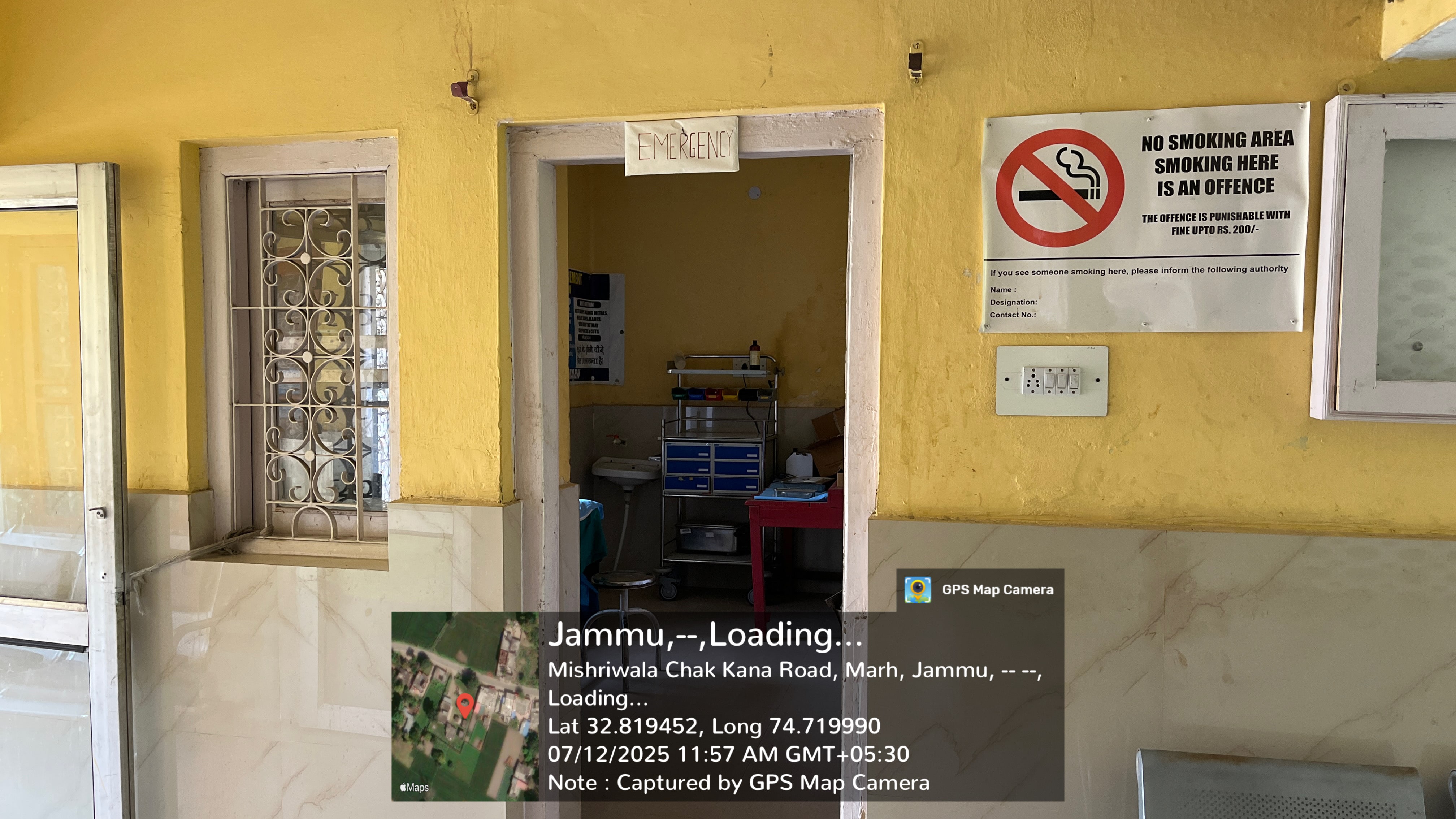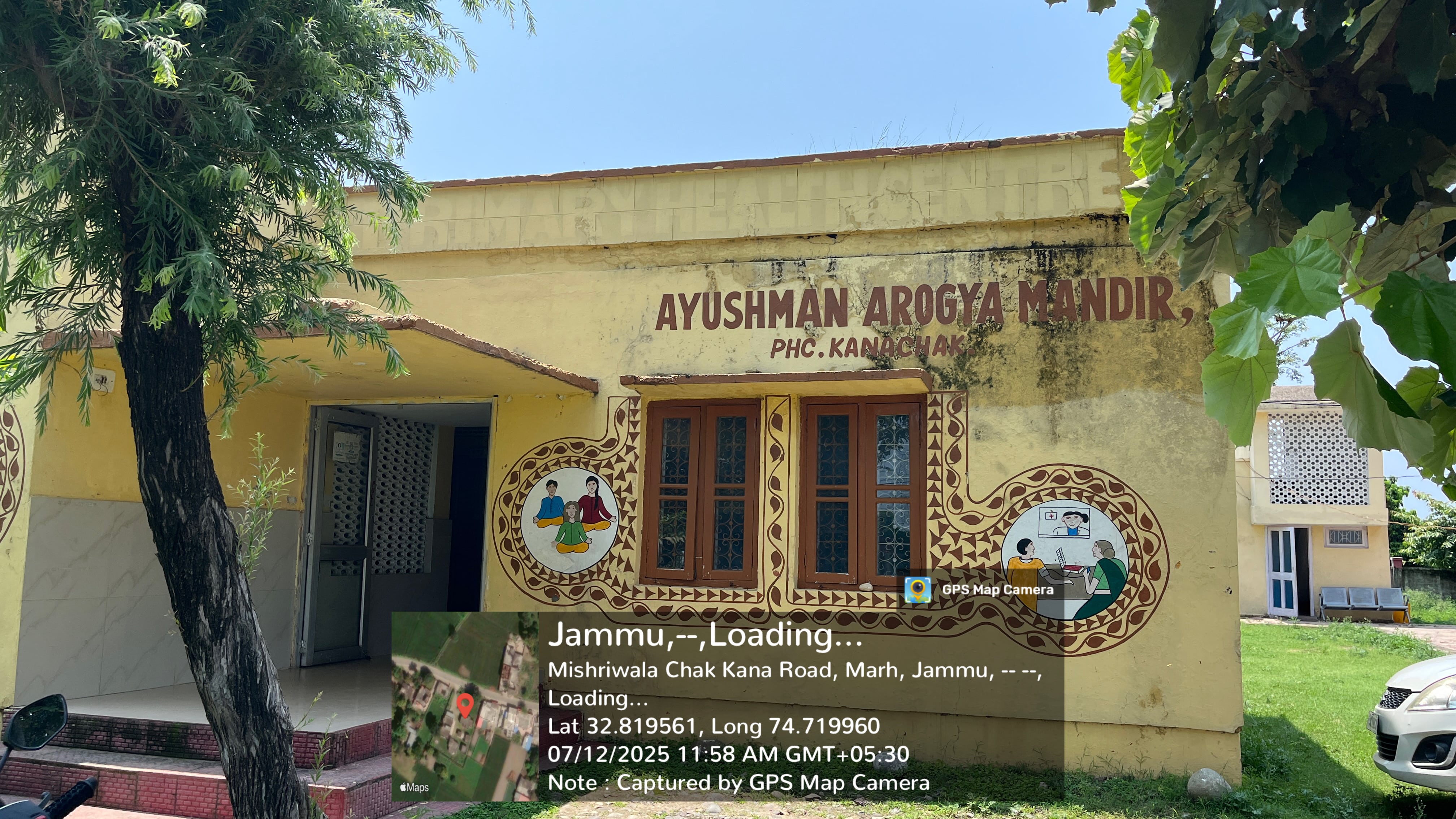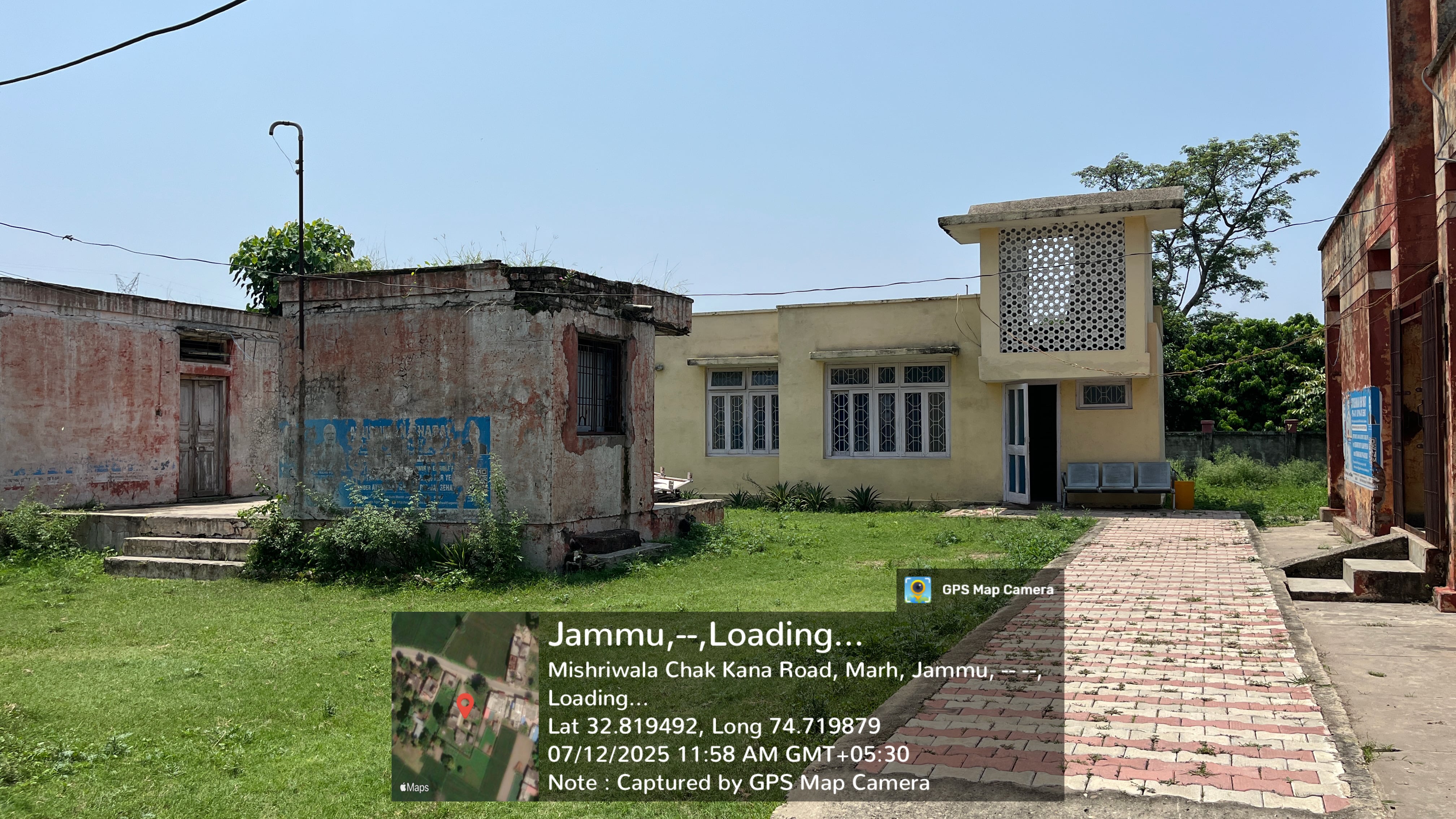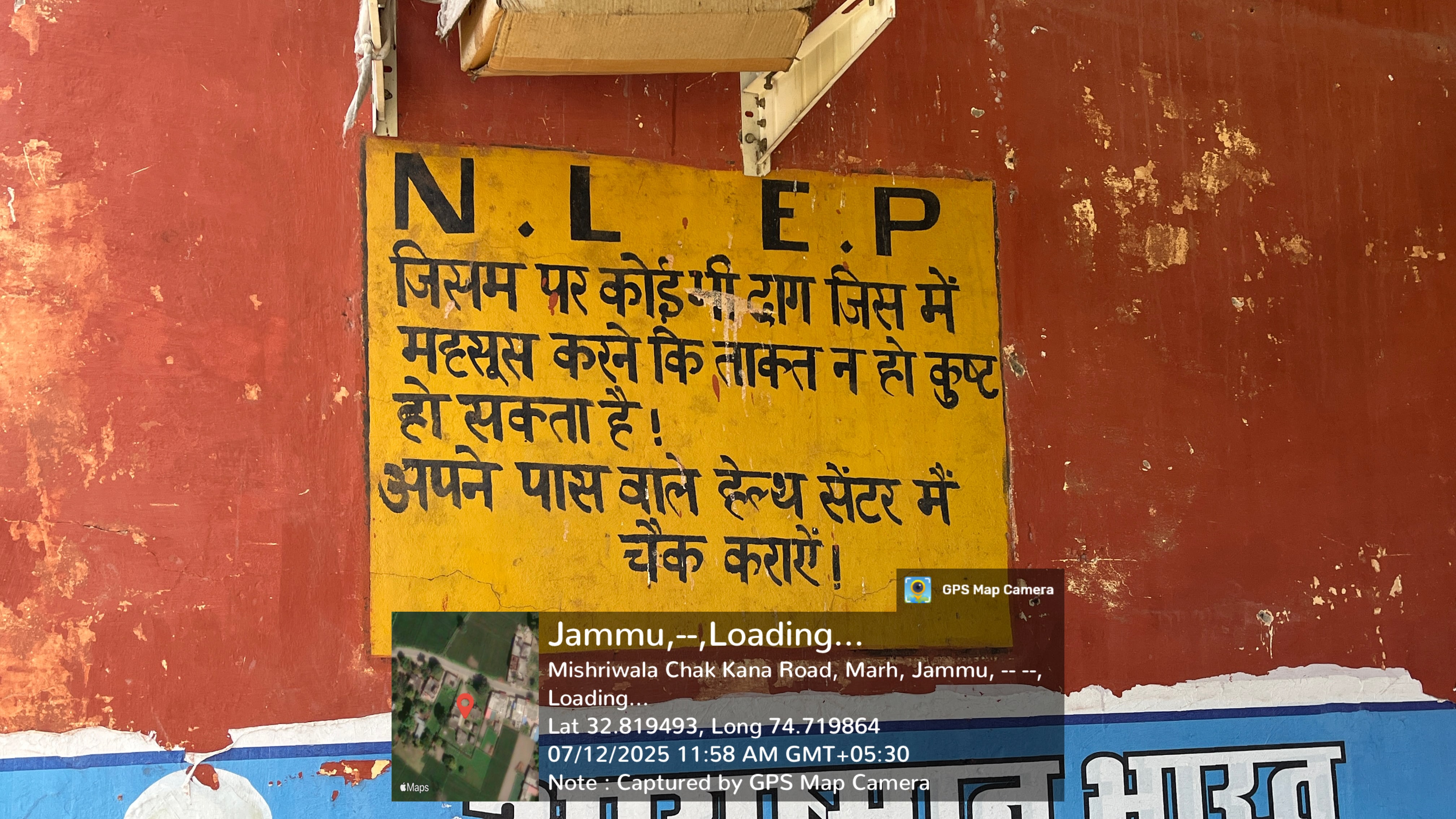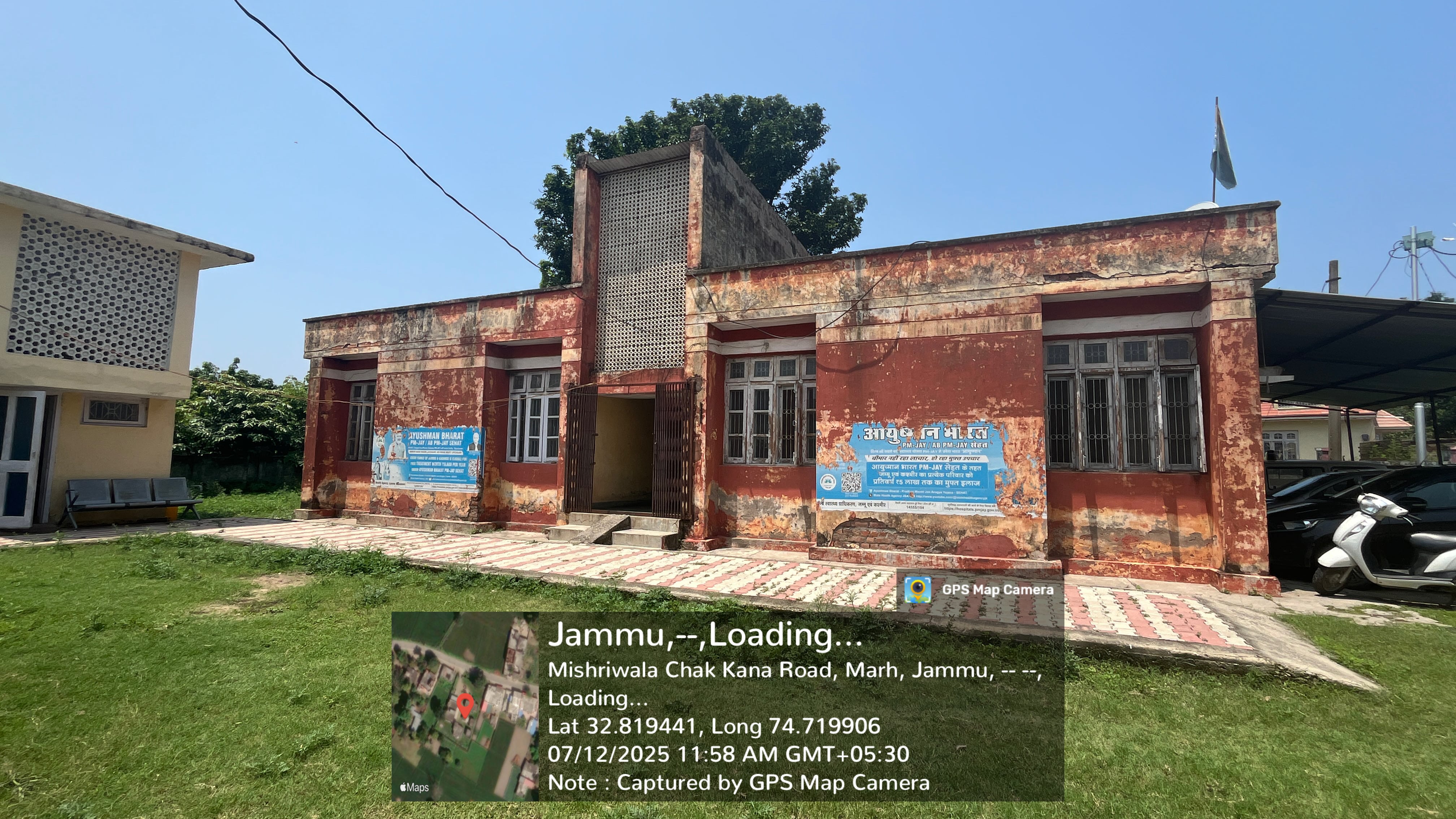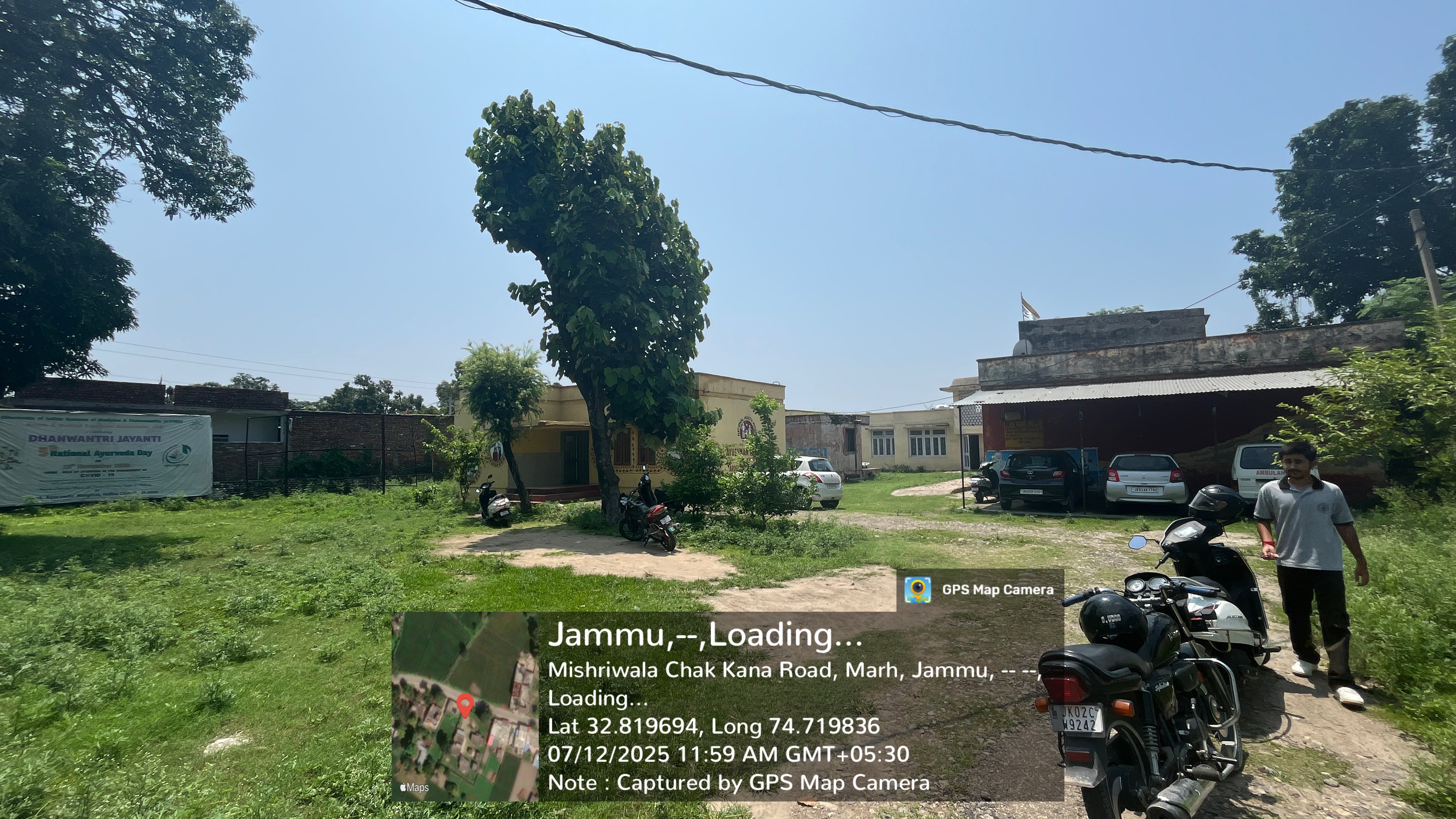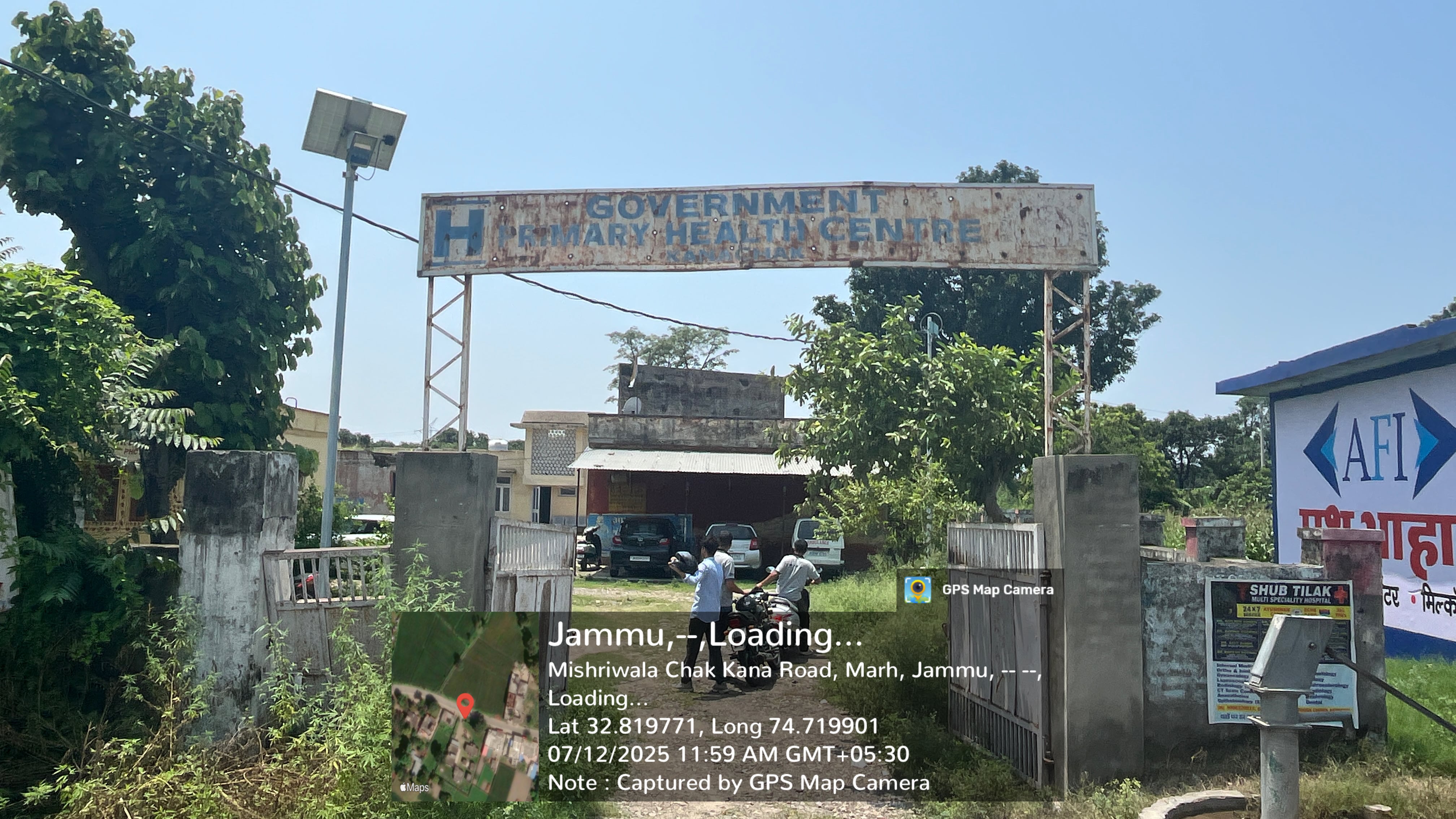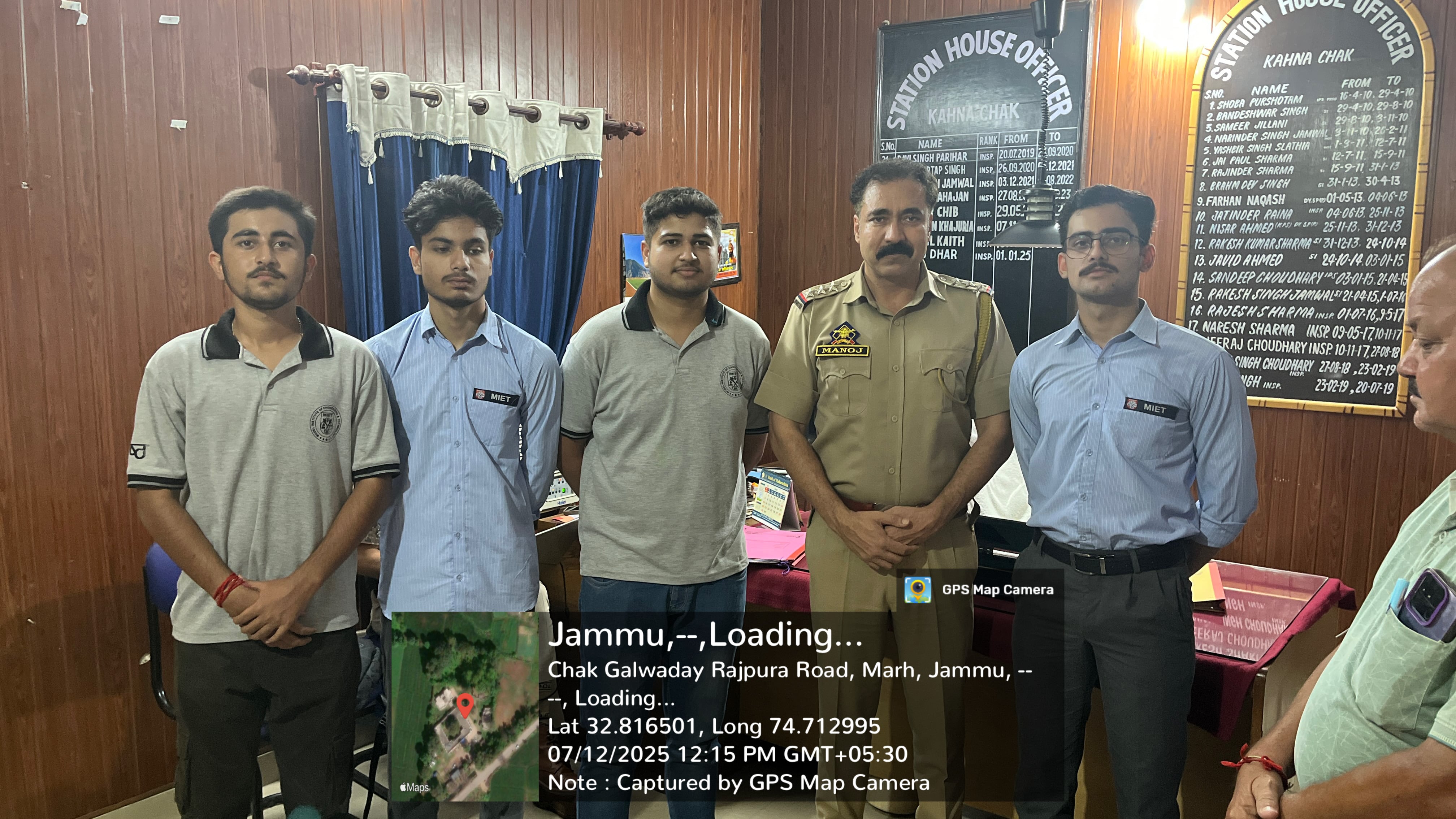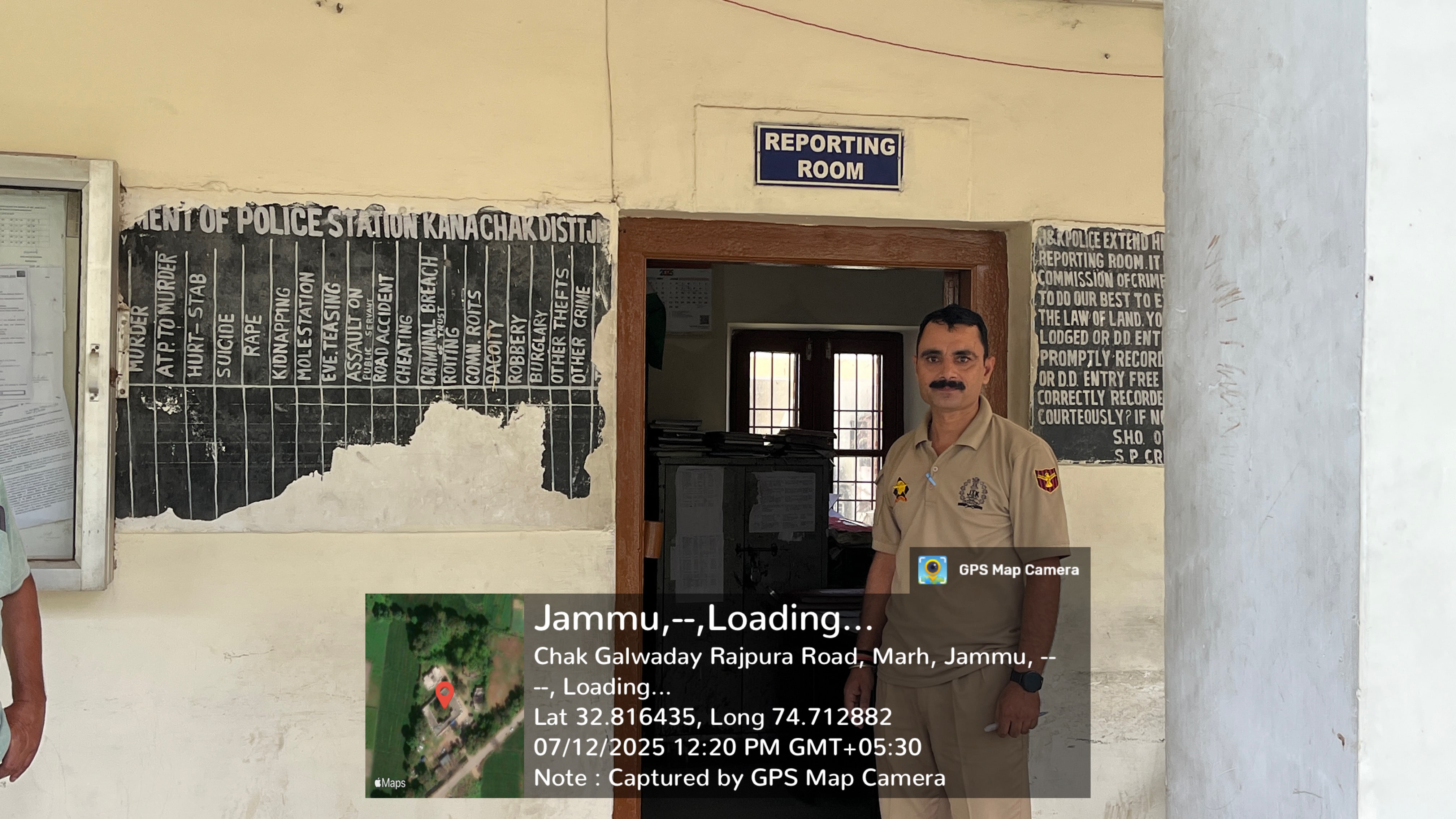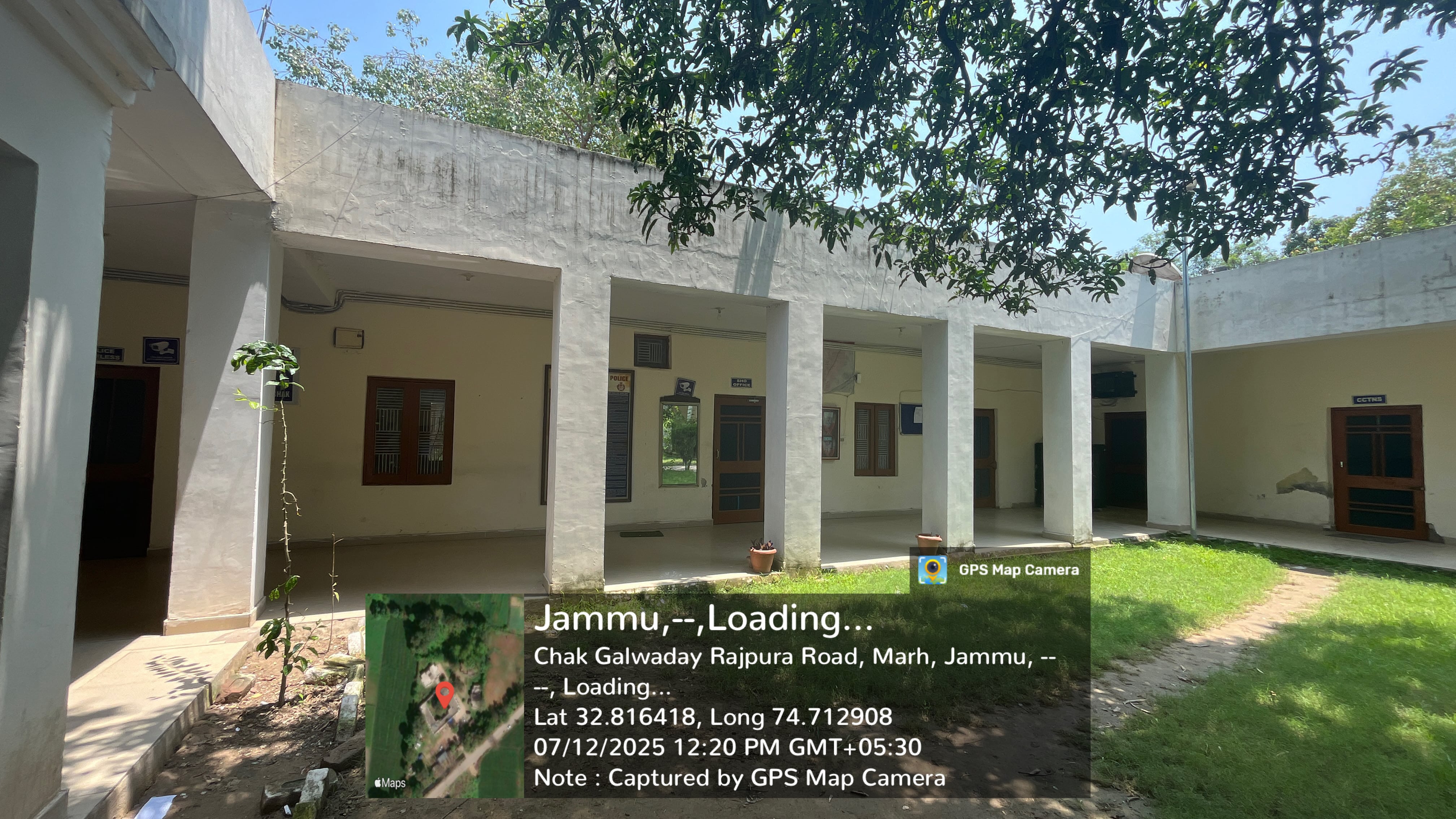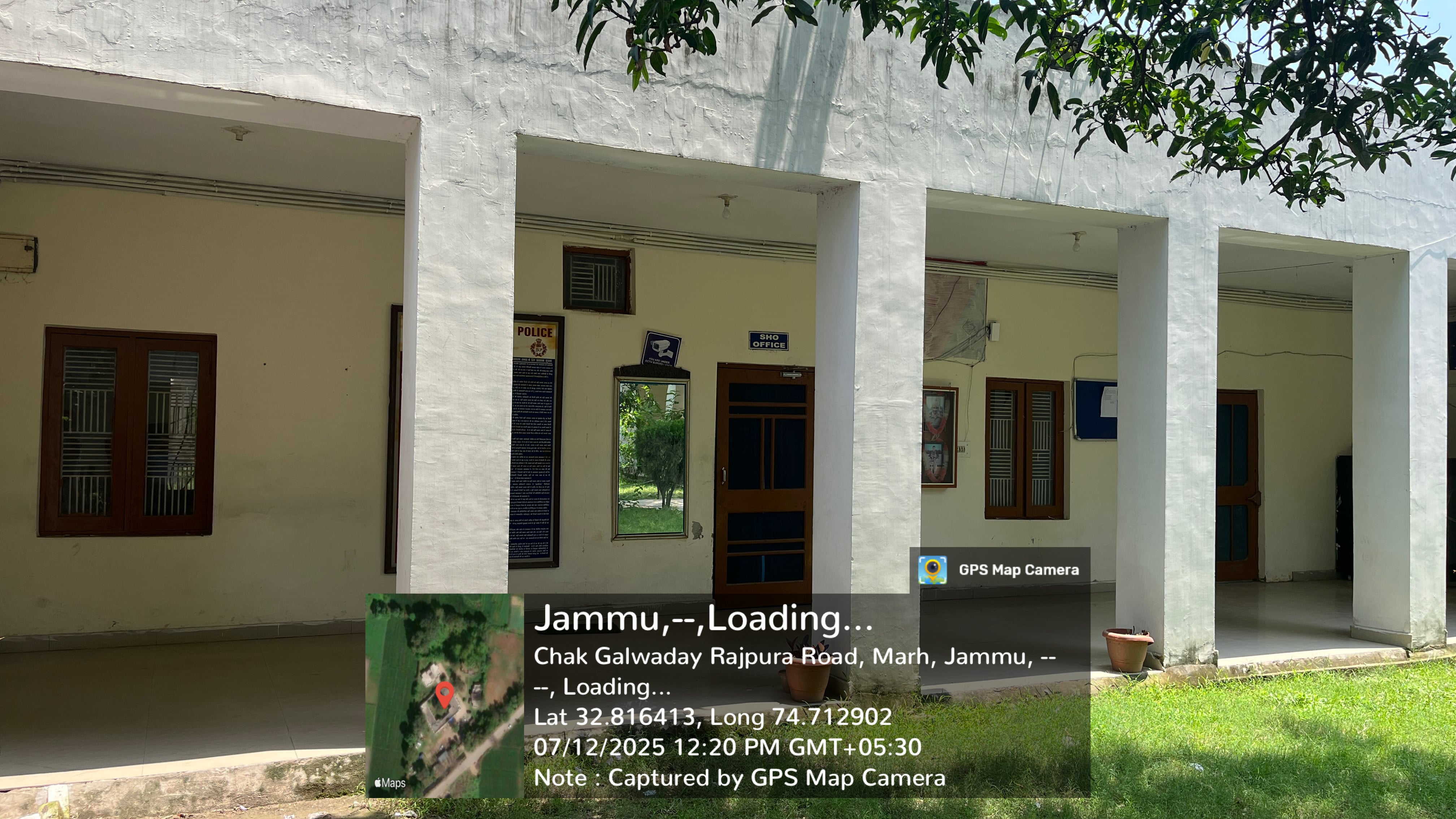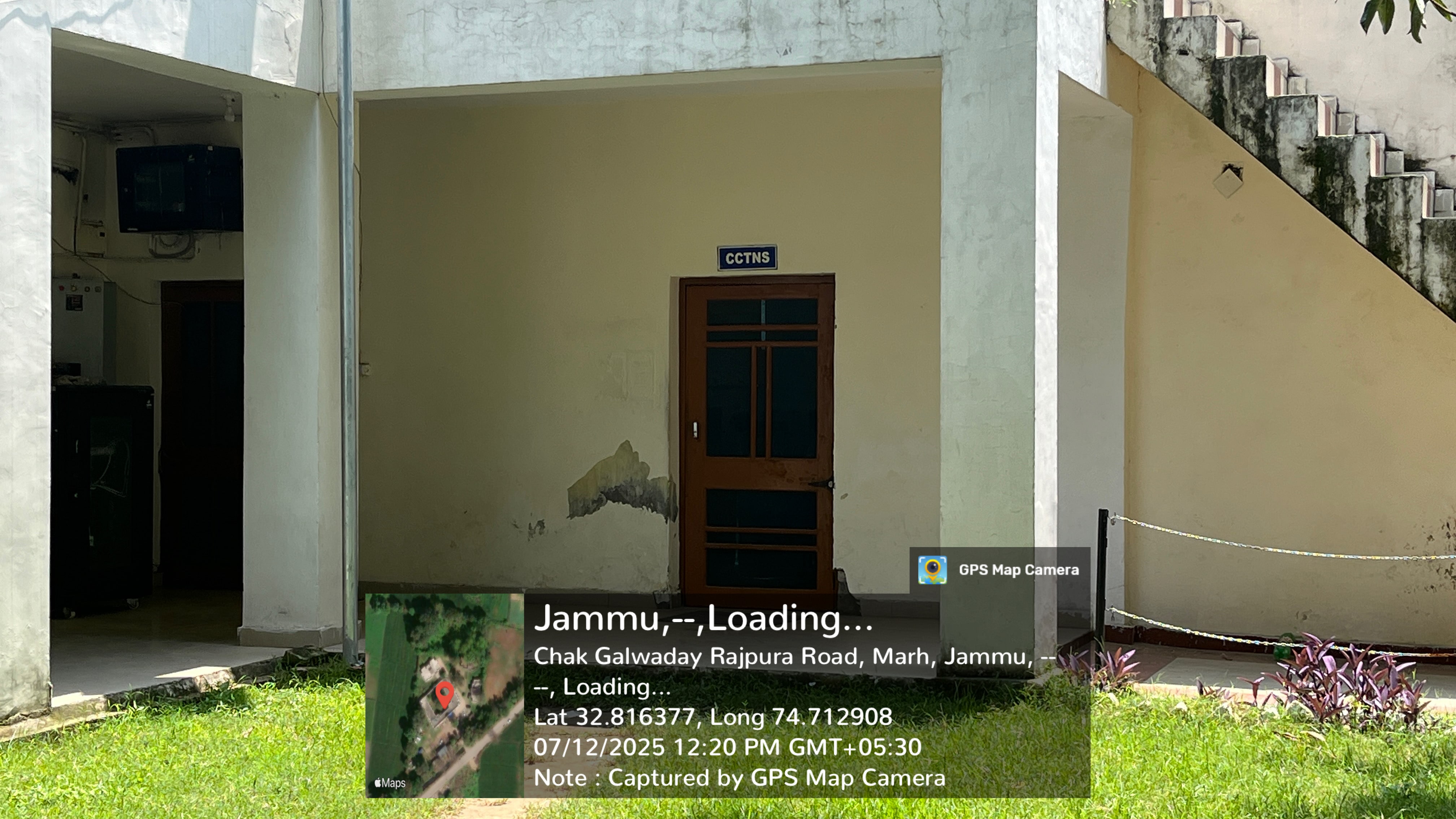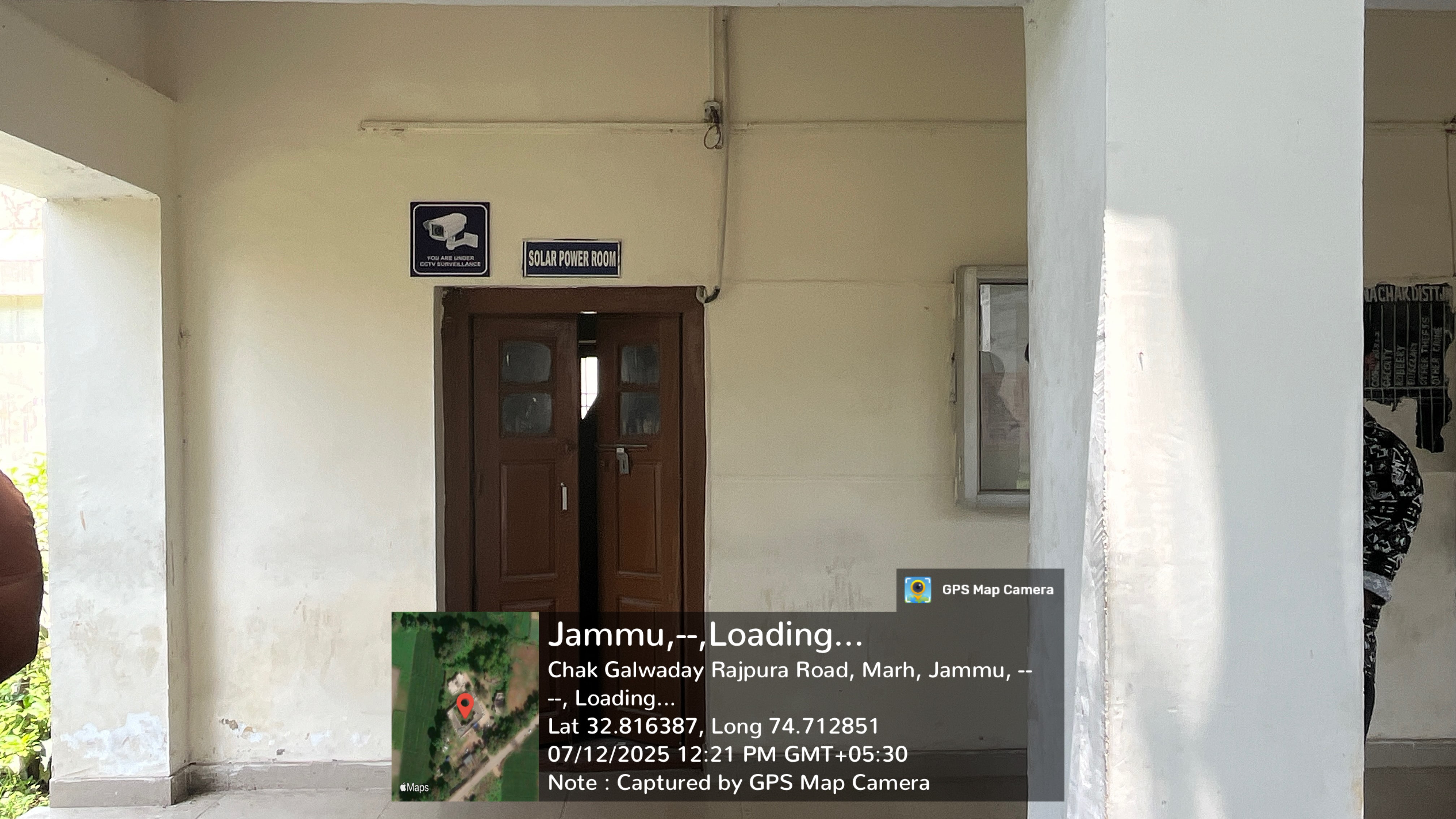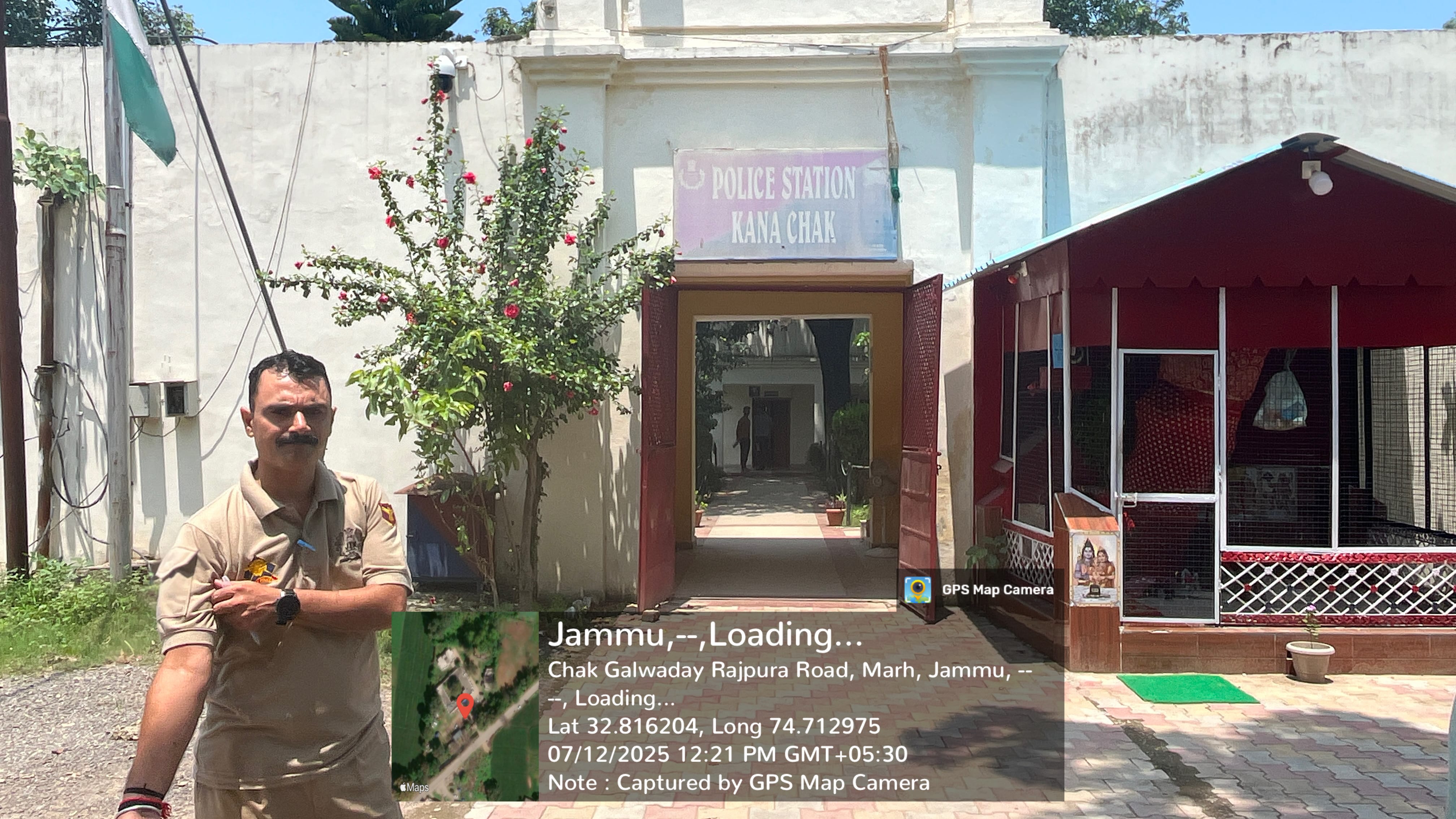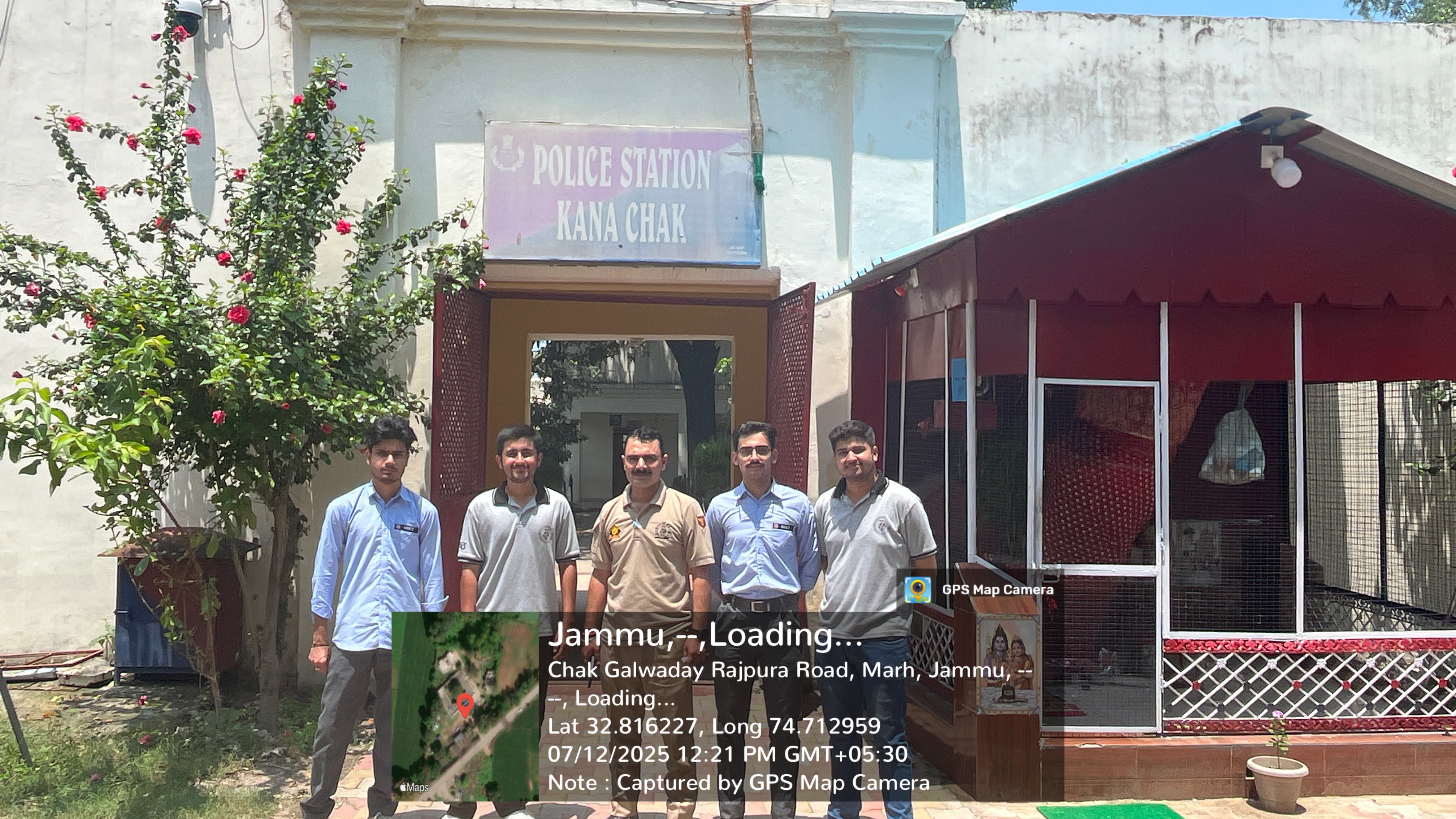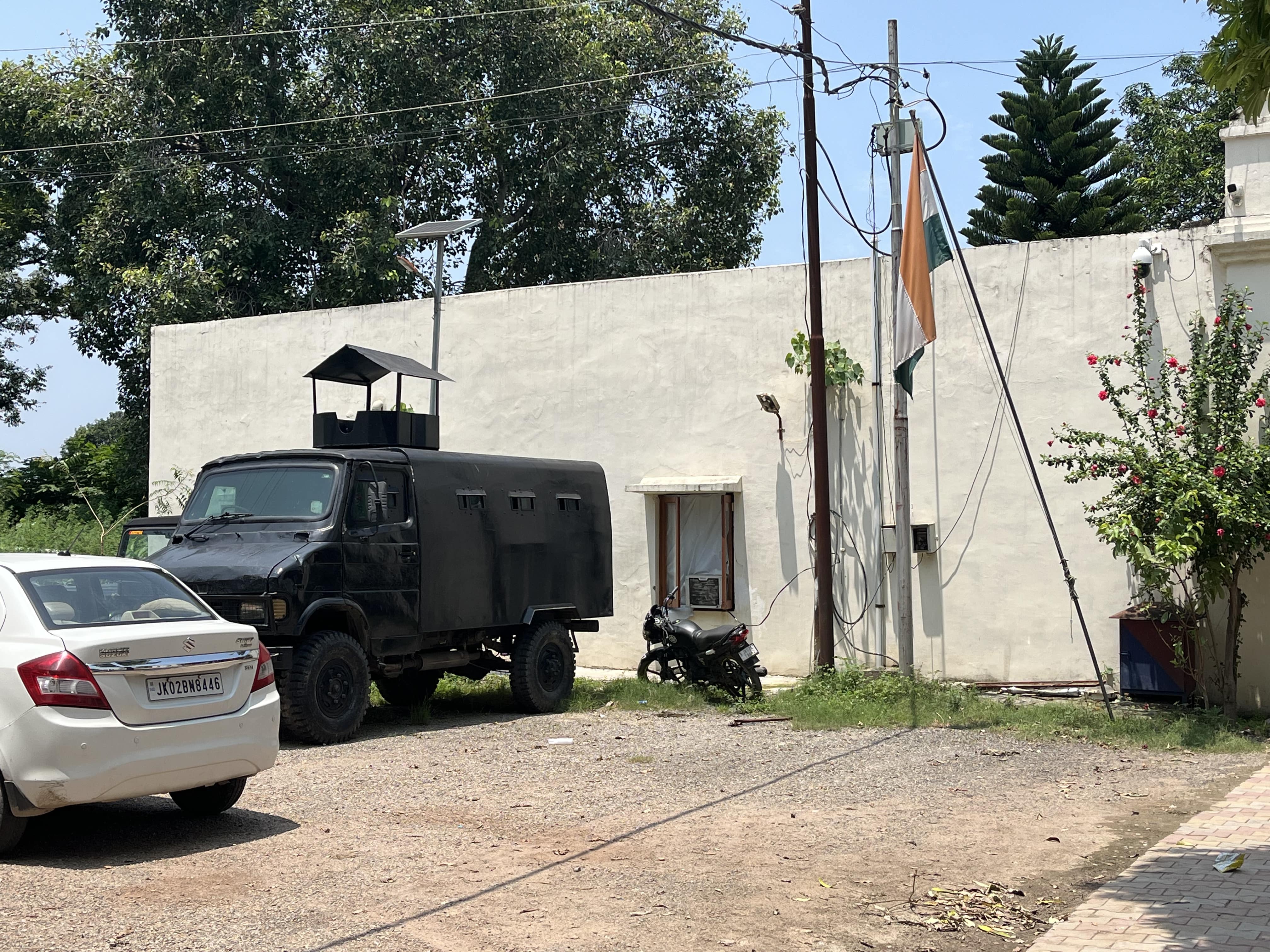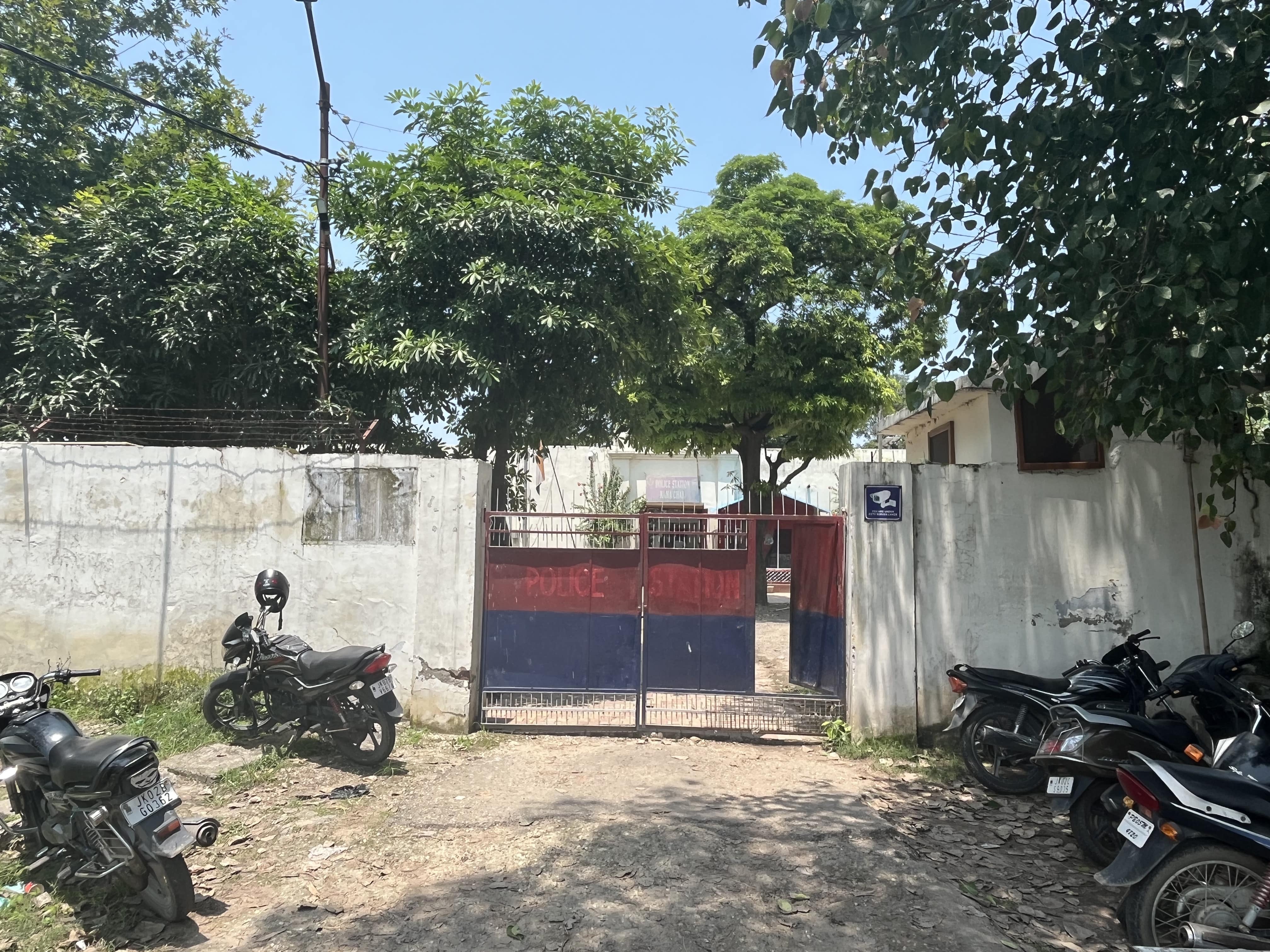Description
Introduction to the Village Kanachak
Kanachak is a rural settlement located in Marh Tehsil of Jammu district, right along the International Border with Pakistan. The village is known both for its farming lifestyle and for its strategic position. Every year, thousands of visitors pass through the area during the Jhiri Mela, which is celebrated in nearby Jhiri in memory of Baba Jitto, a legendary farmer saint. Despite its border-related challenges, Kanachak continues to thrive as an agrarian community.
History
Kanachak’s historical identity is shaped by both culture and conflict. It is strongly linked to the traditions of Baba Jitto, which continue to be honored through the Jhiri fair. At the same time, the village has witnessed decades of cross-border incidents, from shelling to infiltration attempts. These experiences have left a deep imprint on the collective memory of its residents.
Population and Accessibility
Kanachak is home to a few thousand people who are primarily engaged in agriculture, small trade, and government jobs. The village lies about 20 kilometers from Jammu city and is linked through road networks, with minibuses and private vehicles serving as the main transport. Being close to the border, security checkpoints and BSF patrols are part of everyday life. Communication services are fairly reliable, with strong mobile and internet connectivity except in restricted security zones.
Environment
The landscape of Kanachak is dominated by cultivated fields and scattered clusters of houses. The soil is fertile, but irrigation facilities are uneven—farmers often rely on pump sets instead of canal water. Crops such as wheat, paddy, mustard, and seasonal vegetables are common. Wildlife is minimal, with stray cattle, jackals, and domestic animals forming part of the ecosystem. Open grounds within the village provide children with space to play, though there are no designated parks or reserves due to its sensitive location.
Lifestyle
Daily life in Kanachak is simple, with most households revolving around agriculture. Some villagers serve in defense and police forces, while others are employed in local government departments. Community life is strong, and evenings are often spent in small gatherings. However, when tensions rise on the border, villagers sometimes have to migrate temporarily to safer shelters. This constant mix of normal rural life and sudden disruption has shaped the resilience of Kanachak’s people.
Food and Attractions
Food in Kanachak mirrors the wider cuisine of Jammu, with Rajma Chawal, Khatta Meat, and Sarson da Saag forming popular meals. While the village has no big restaurants, small dhabas cater to locals and visitors alike. The most prominent attraction is the Jhiri Mela, which draws devotees and tourists every November. The mela not only celebrates the farmer spirit but also brings economic activity to the entire region.
Sustainability
Farmers in Kanachak practice traditional techniques to maintain soil fertility, including crop rotation and organic manure. Water scarcity remains a challenge, so efficient irrigation and rainwater harvesting are being slowly adopted. Occasional awareness programs by local administration and BSF medical camps promote healthier, more sustainable practices in farming and health.
Education
Educational opportunities are available in the form of government primary and middle schools, while students often travel to Jammu for higher studies. Anganwadi centers provide nutrition and early education to young children. Government schemes like midday meals help encourage school attendance. Literacy rates are steadily improving, with more families focusing on sending their children to school despite the difficulties of living near the border.
Healthcare
Kanachak lacks large medical infrastructure but is supported by health centers in nearby areas and periodic BSF health camps. Ambulance services are available during emergencies, and villagers benefit from schemes like Ayushman Bharat, which covers major hospital treatments. Many residents also rely on traditional home remedies and active outdoor work to maintain good health.
Sports and Entertainment
Cricket, kabaddi, and volleyball are the most popular games in Kanachak. Youngsters make use of open spaces and school grounds to practice. Traditional wrestling (dangal) is still enjoyed during festivals, with competitions drawing crowds from surrounding villages. Community gatherings during fairs, weddings, and religious events provide the main source of entertainment and bonding.
Social Initiatives
Kanachak has a strong sense of community spirit. Religious fairs, melas, and temple gatherings unite residents and reinforce cultural traditions. The local police and BSF also hold regular meetings with villagers to strengthen trust and cooperation. Such efforts create a close-knit atmosphere where people support each other in times of both celebration and crisis.
Developments
-
Border Infrastructure: The presence of floodlit fencing, BSF camps, and security outposts is a defining feature of the village.
-
Medical Camps: Free medical camps by BSF provide vital healthcare services to residents.
-
Roads and Transport: Basic road links connect Kanachak to Jammu, though maintenance delays are common.
-
Relief Shelters: During periods of shelling, villagers are provided temporary shelters for safety.
Services
-
Police Station: A police station operates in Kanachak, dealing with law and order in the area.
-
Post Office: The branch post office, PIN code 181206, provides postal and basic financial services.
-
Tehsil & Block Links: Administrative issues are handled through Marh Tehsil offices.
-
Shops: Local grocery shops and government ration depots cater to daily needs.
Photos
Videos
Location Map
Contact Information
| Address |
Kanachak, Marh Tehsil, Jammu District, Jammu and Kashmir – 181206 |
| Phone Number |
N/A |
| Email Address |
N/A |
| Website | N/A |

